Prime Meridian
Unconference

Parsons School of Design, Anna-Maria and Stephen Kellen Gallery
66 Fifth Avenue at 13th Street, New York City
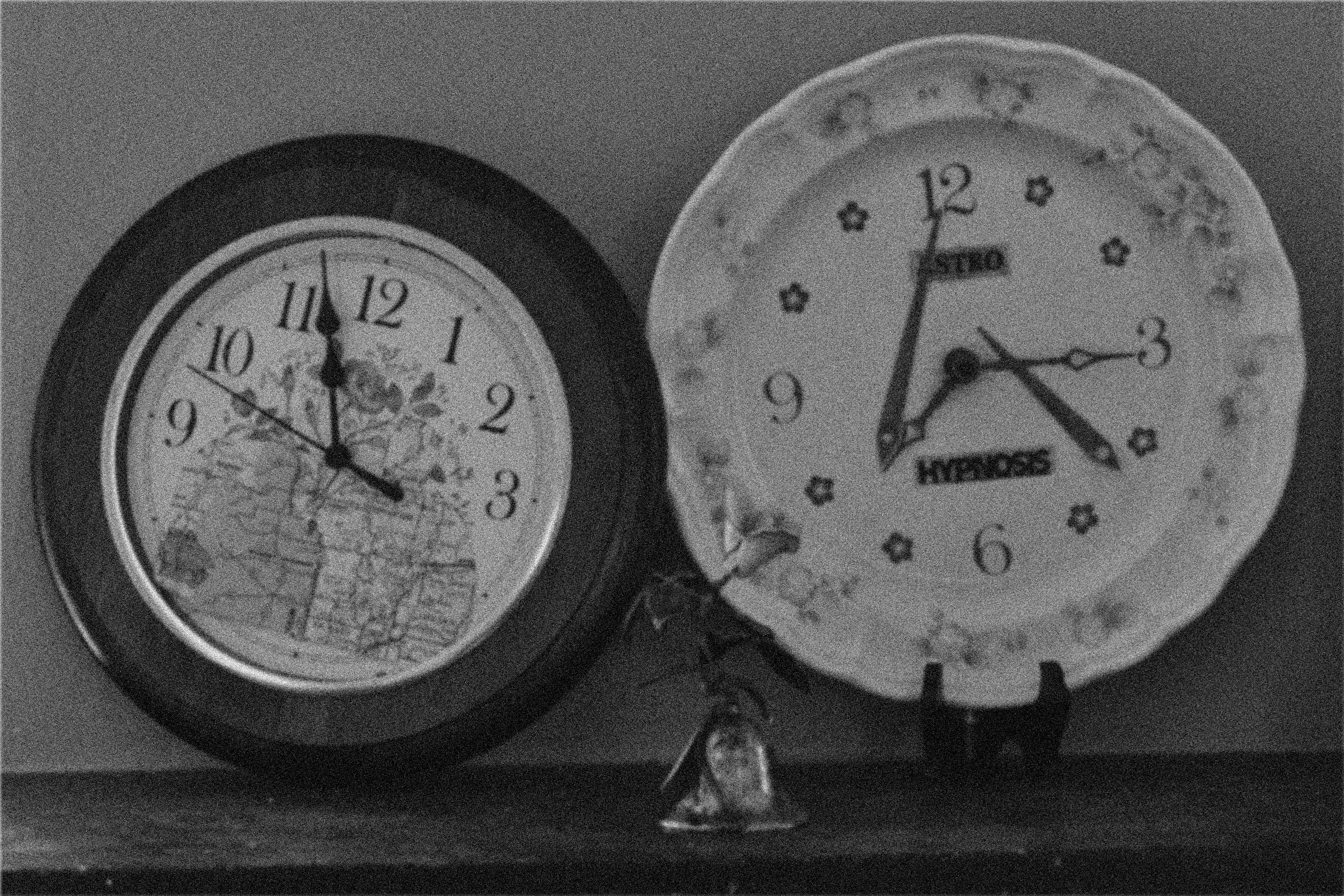
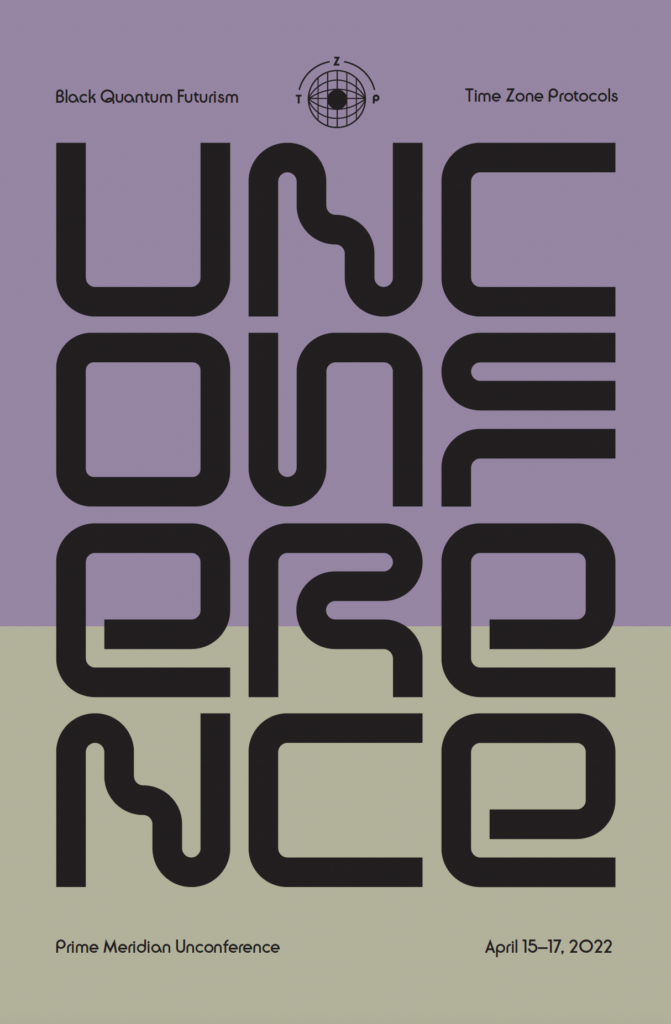
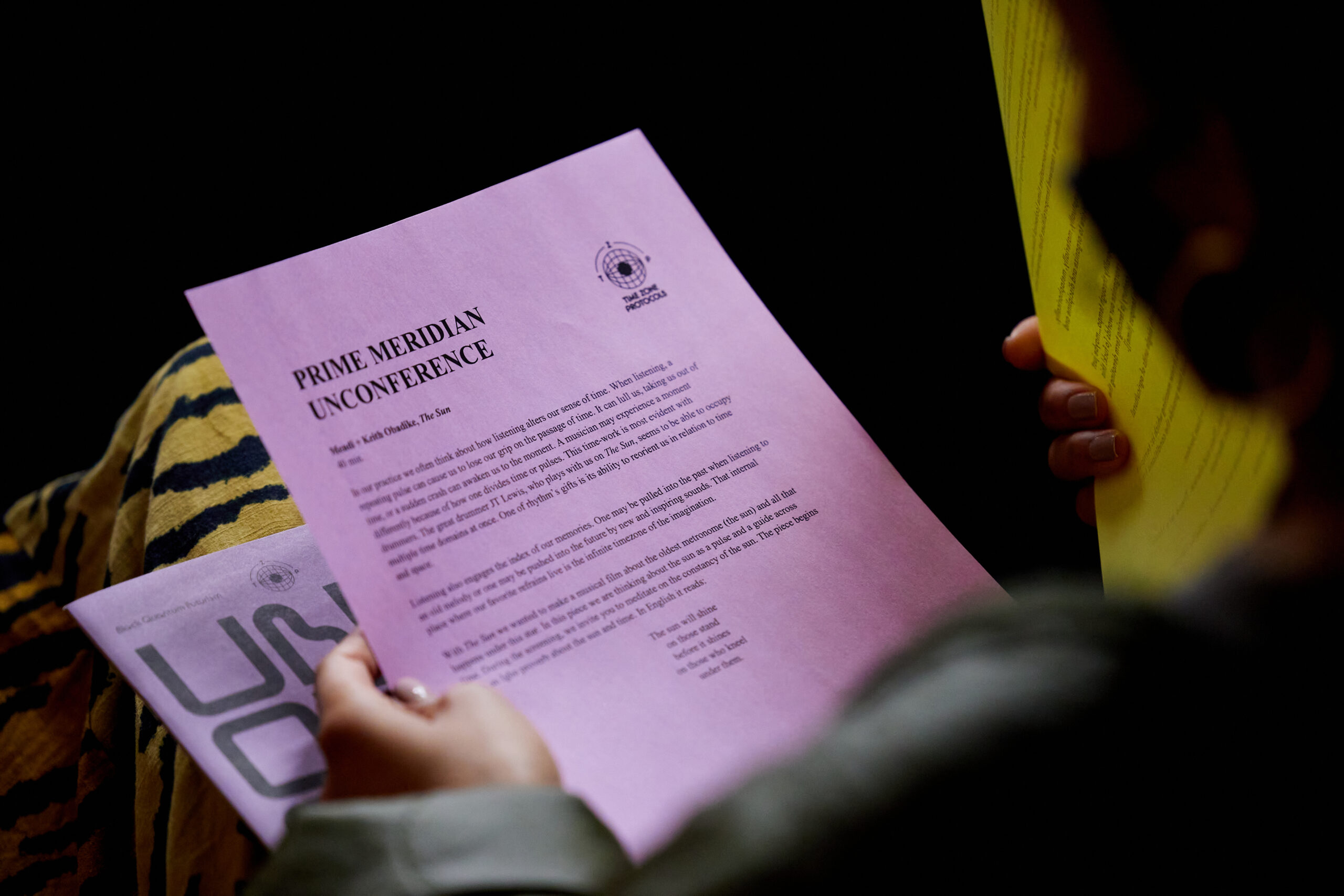
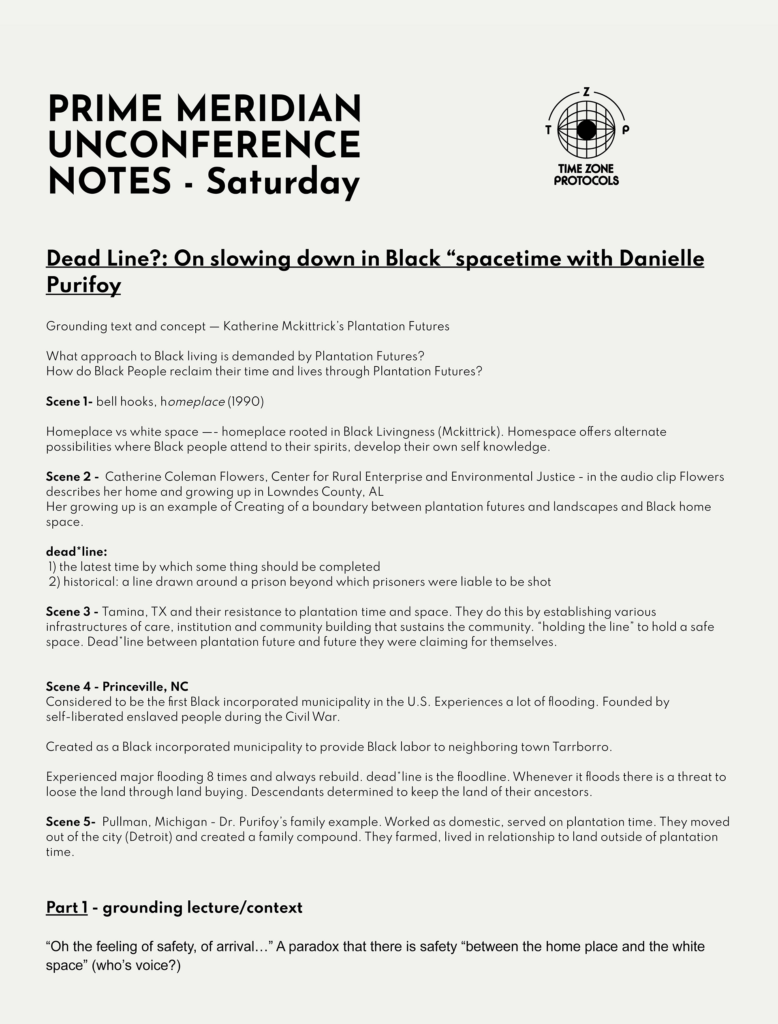
ABOUT
Developed out of Rasheedah Phillips’s ongoing practice as a member of Black Quantum Futurism and their 2020–2022 Vera List Center Fellowship project, the exhibition Time Zone Protocols and accompanying Prime Meridian Unconference explores the written “Protocol Proceedings” developed at the 1884 International Prime Meridian Conference leading to the decision to make Greenwich London the prime meridian and leading time zone for the world. Tracing the creation of written and unwritten political agendas, social agreements, and rules underlying Westernized time constructs with the aim of highlighting the impacts that oppressive time protocols and policies have on marginalized Black communities in the US in particular, catalyzing and perpetuating systems of oppression that deny Black communities access to and agency over the temporal domains of the past, present, and the future.
As part of the TZP Exhibition, the three day Prime Meridian Unconference brings together artists, architects, musicians, and scholars of physics, geography, technology, and African American studies for interactive talks, workshops, panels, performances, and plenary sessions. From their various disciplinary backgrounds, the participants consider new ways of understanding our relationship to space-time, utilizing specific Black social, geographical, and cultural frameworks that seek to unmap Black temporalities from the Greenwich mean timeline, and shift the standards and protocols of time that leave Black people locked out of the past and future, and stuck in a narrow temporal present. Confirmed speakers and presenters include: Mendi + Keith Obadike, Asia Dorsey, Katherine McKittrick, Dr. Walter Greason, Joy KMT, Kendra Krueger, Ingrid Lafleur, V. Mitch McEwen, Moor Mother, Dr. Danielle M. Purifoy, Ingrid Raphael, Dr. Thomas Stanley, Ujijji Davis Williams and Dr. Celeste Winston.
The Unconference was livestreamed on the www.timezoneprotocols.space and the Vera List Center’s website and all session recordings are available below.
Friday, April 15
✺ 6:30–7:00pm
UNDESIGNING SYSTEMIC TIME FOR TEMPORAL LIBERATION AND REPARATIONS: Prime Meridian Unconference Opening Lecture
✺ 7:00–7:15pm
Reticulation. 1993. 2019.
With the plantation as a backdrop, a set of instructions provided by Édouard Glissant, and a black sense of place looming, this time-map considers how coloniality—that grim telos that hinges on race-thinking—provides the conditions for reinventing where we are temporally.
✺ 7:15–8:00pm
The Sun
In this workshop we will screen a sound film of ours entitled “The Sun,” followed by a discussion about altered states of consciousness and how our perceptions of time are shaped by the practice of listening.
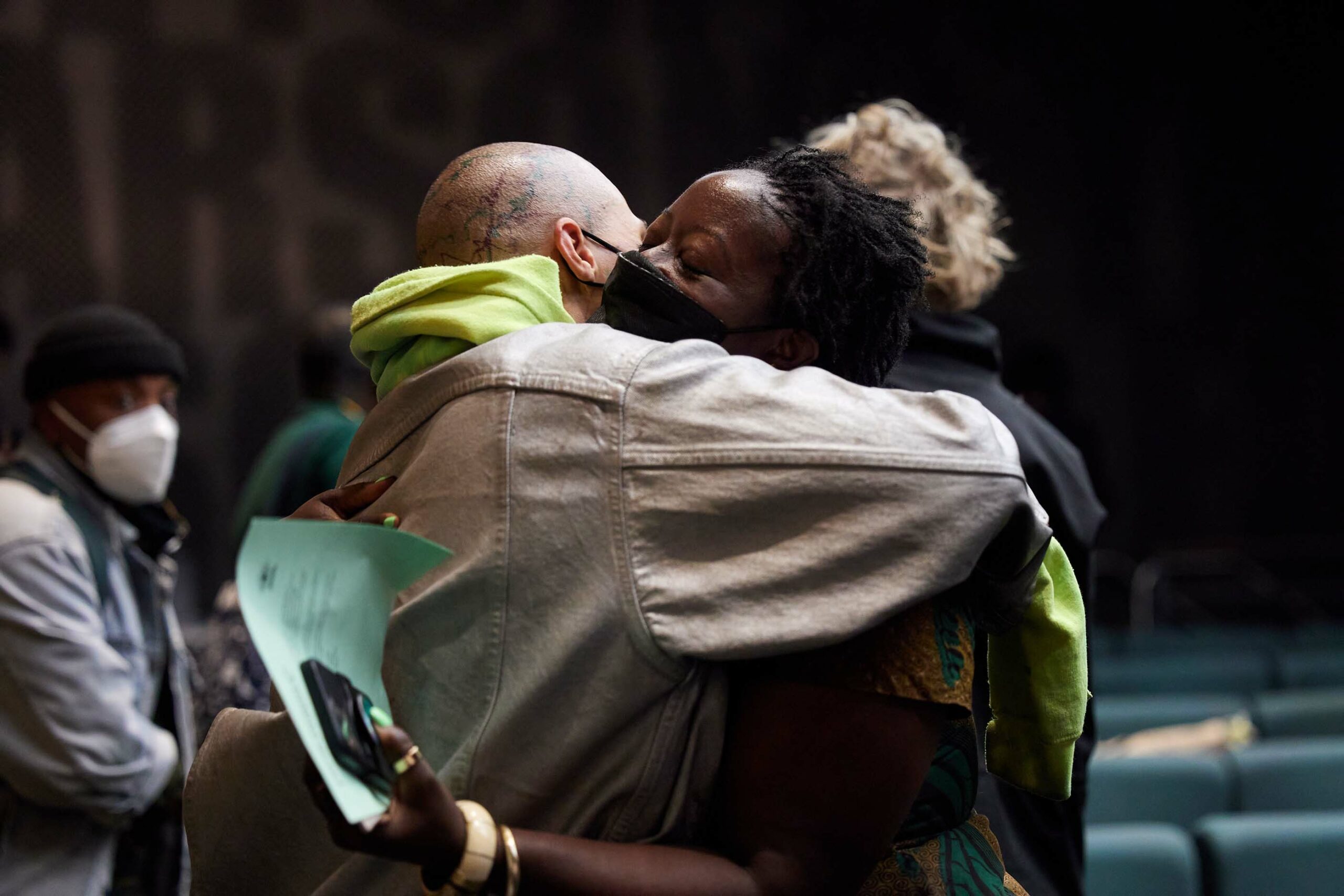
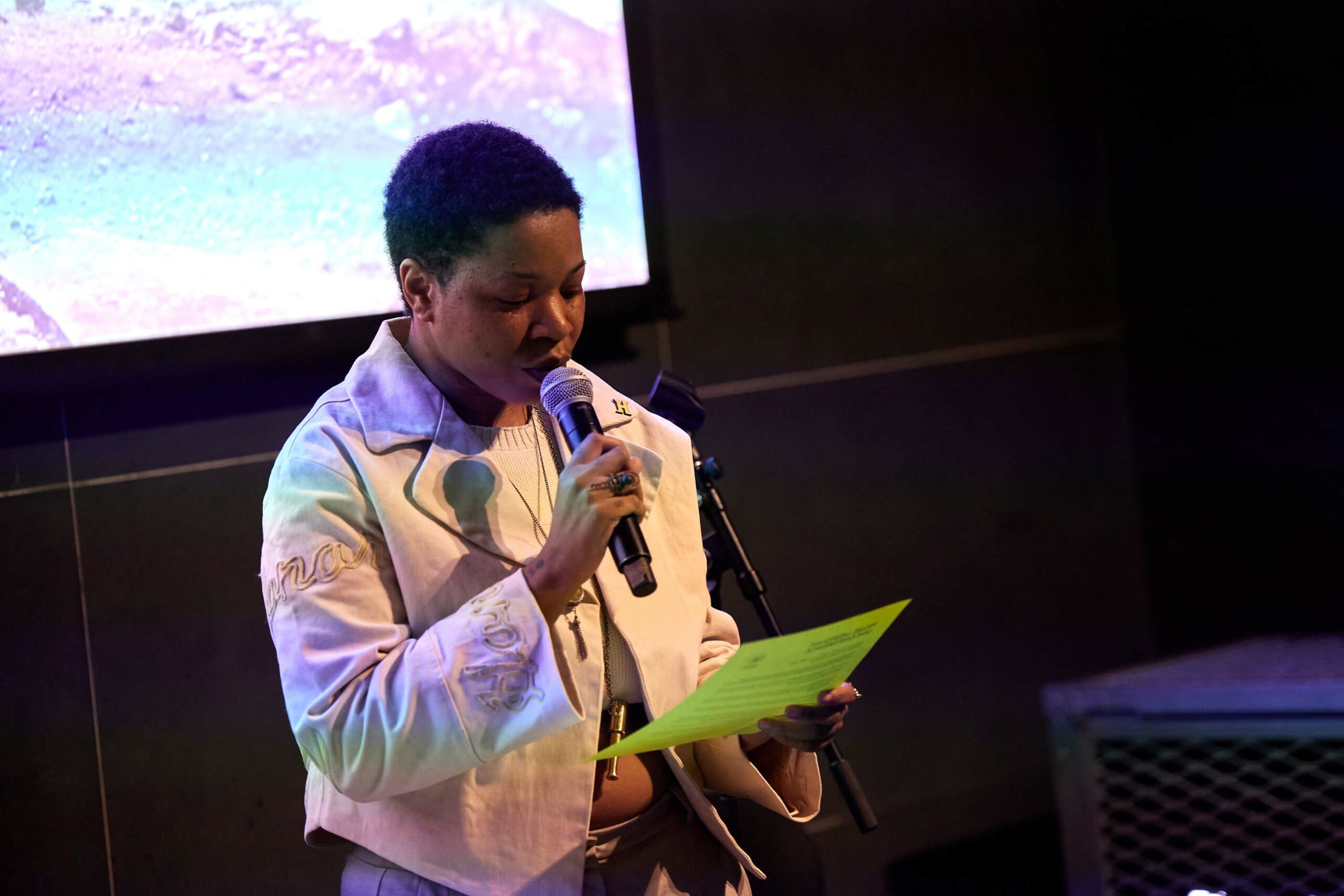
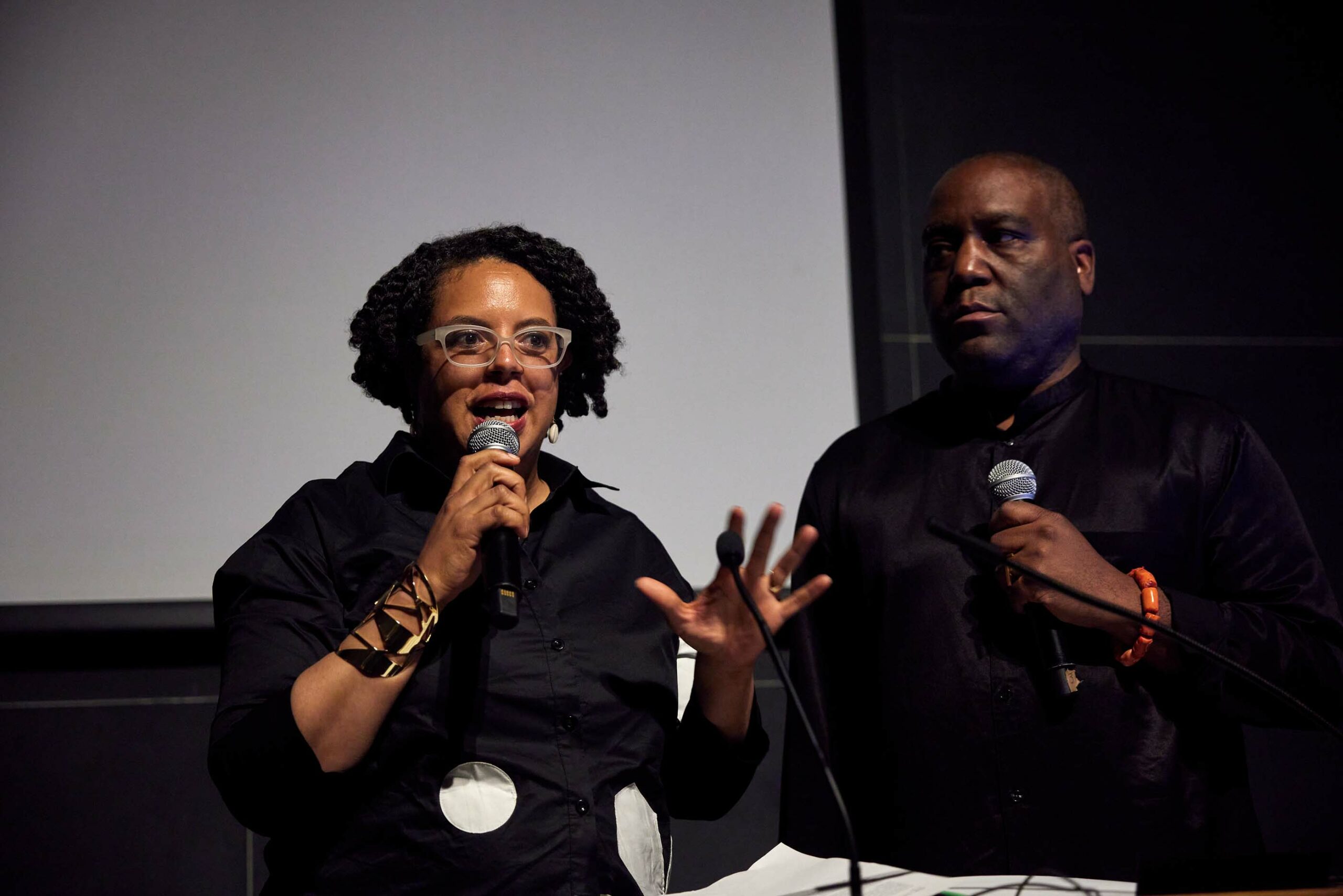
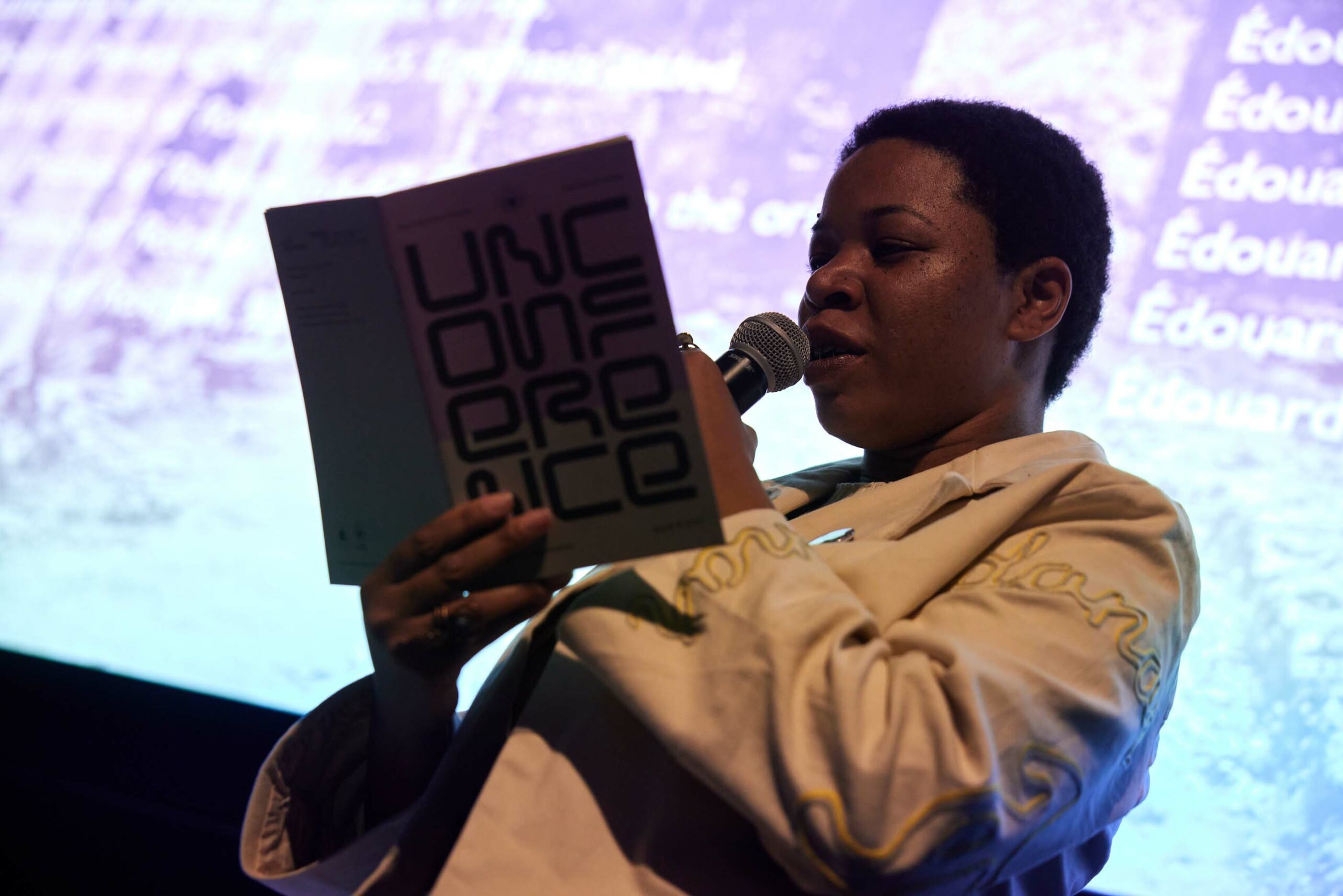
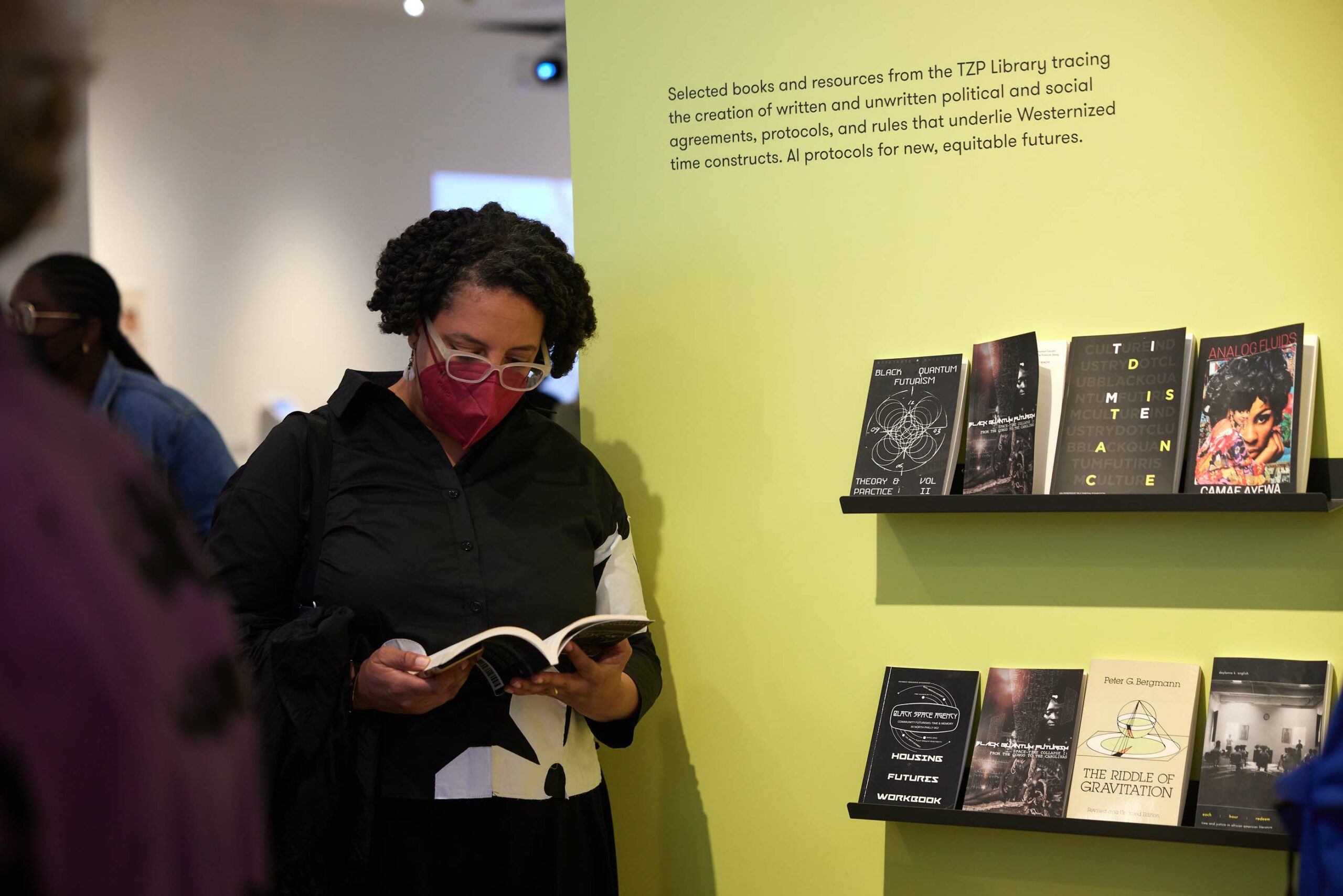
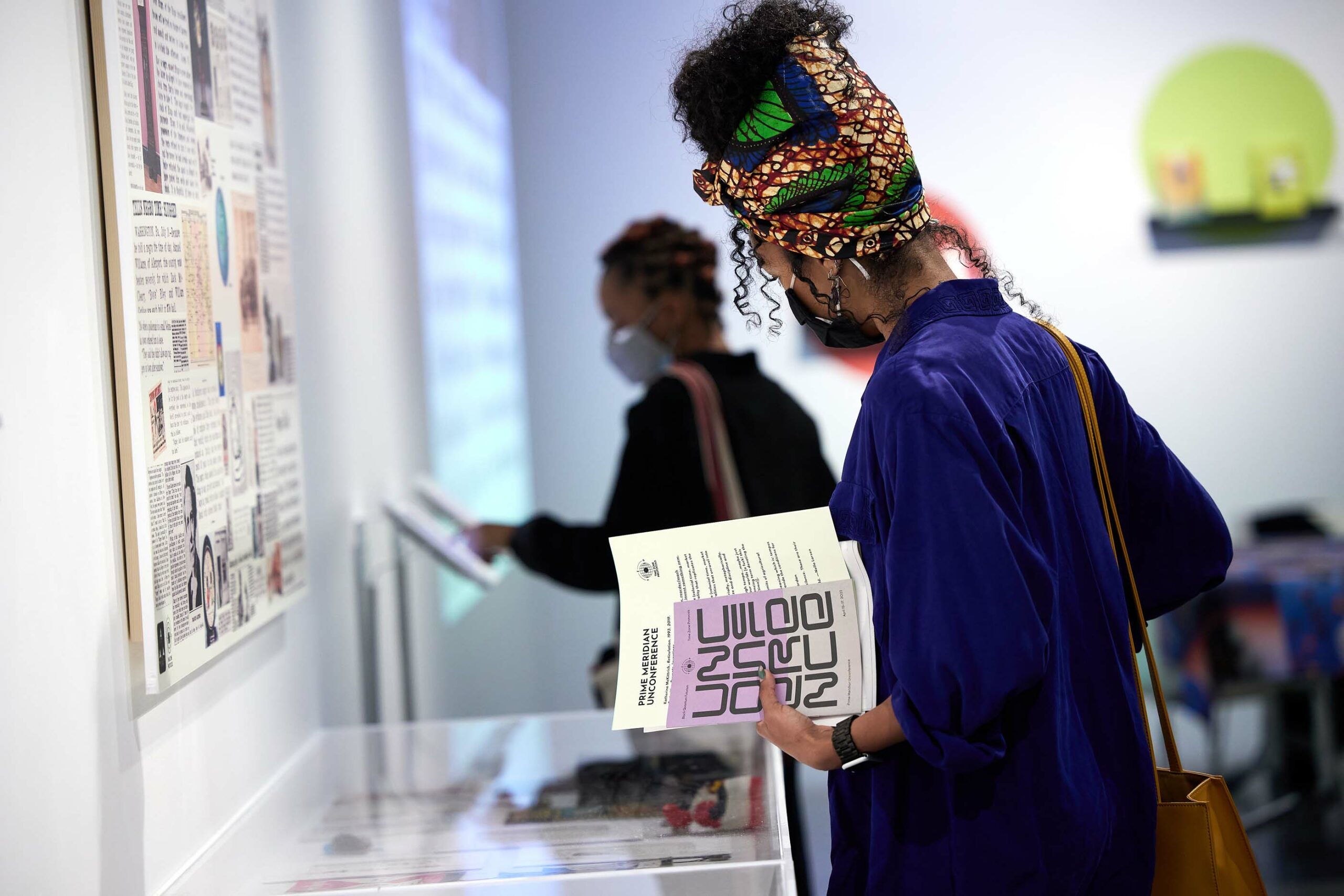
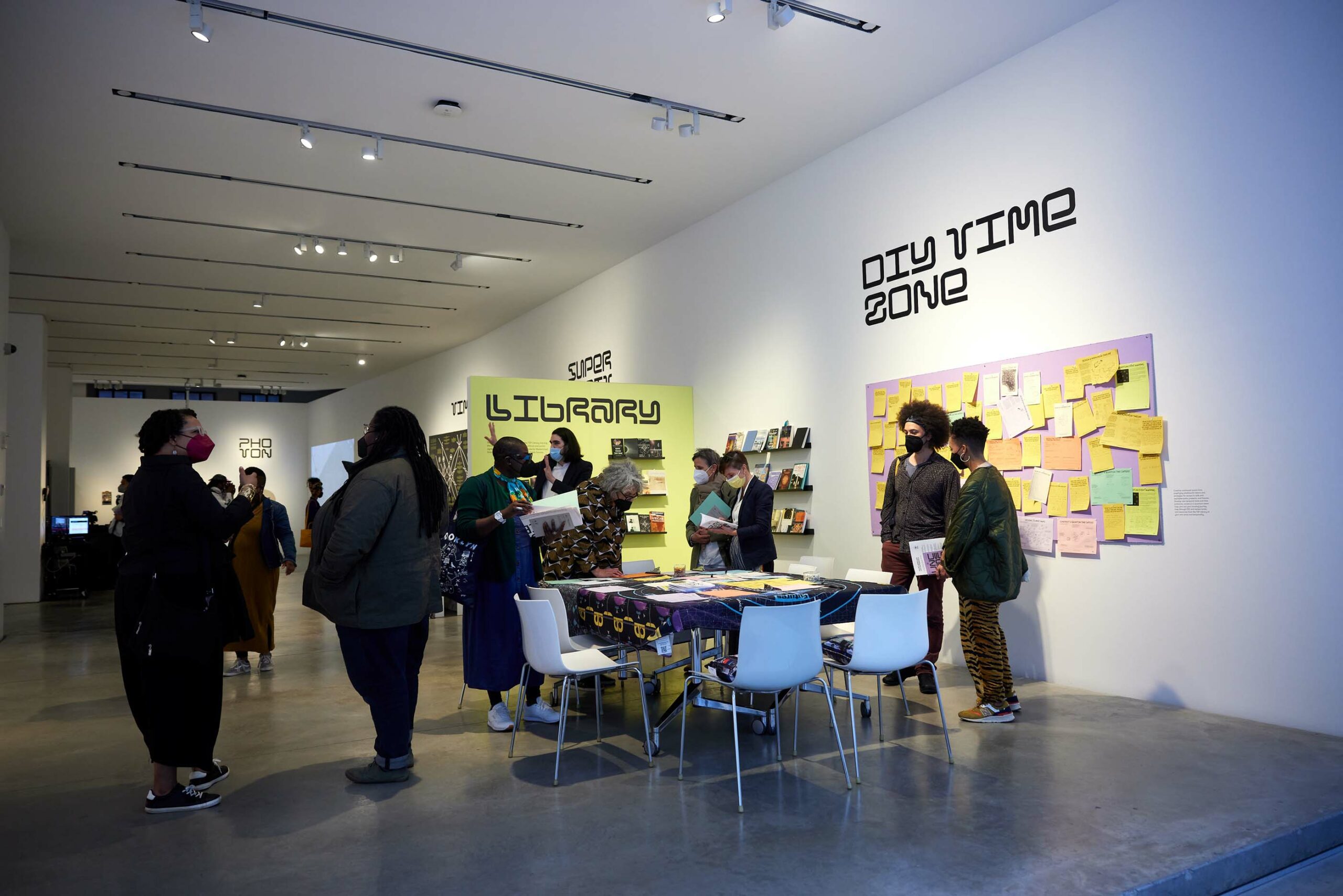
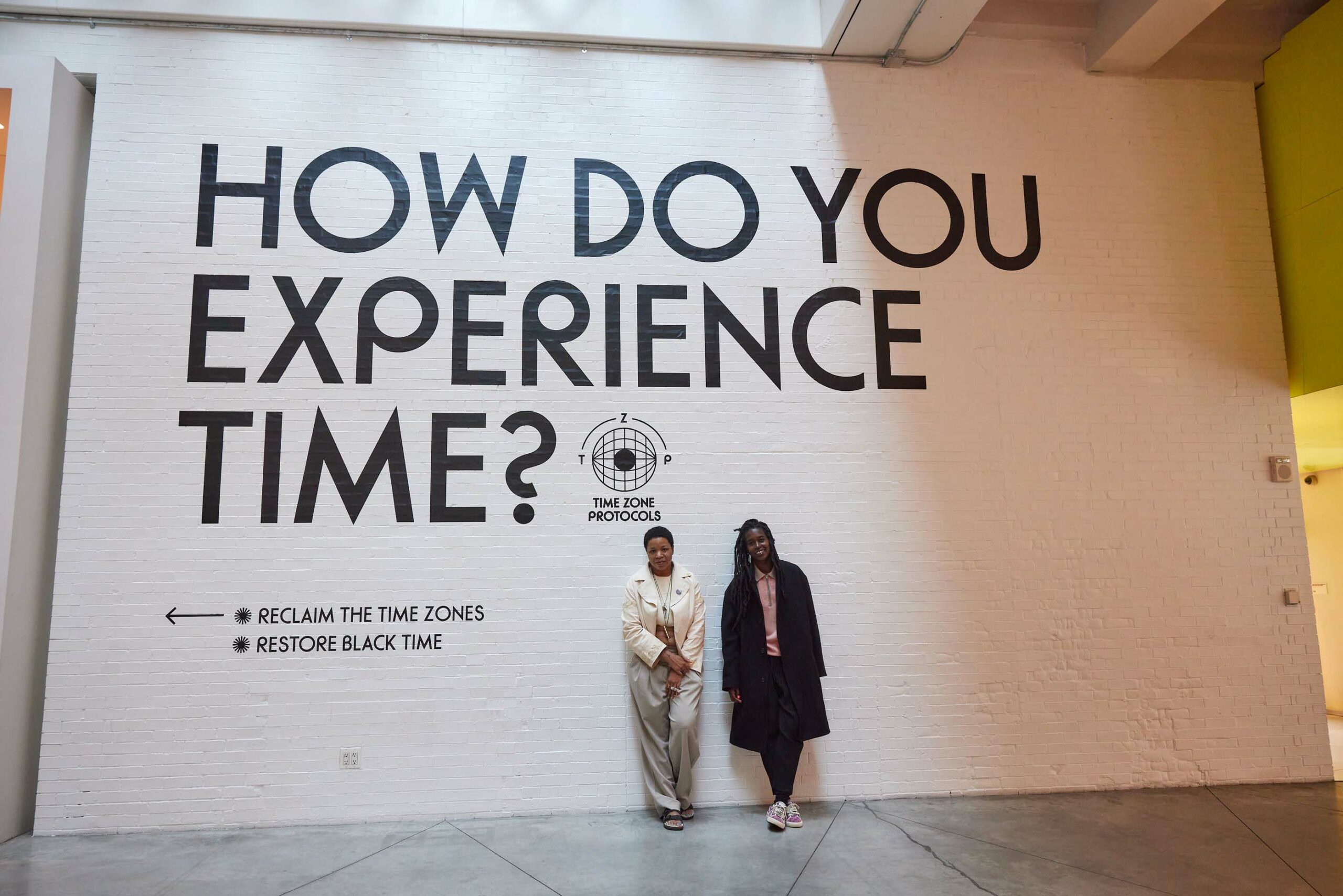
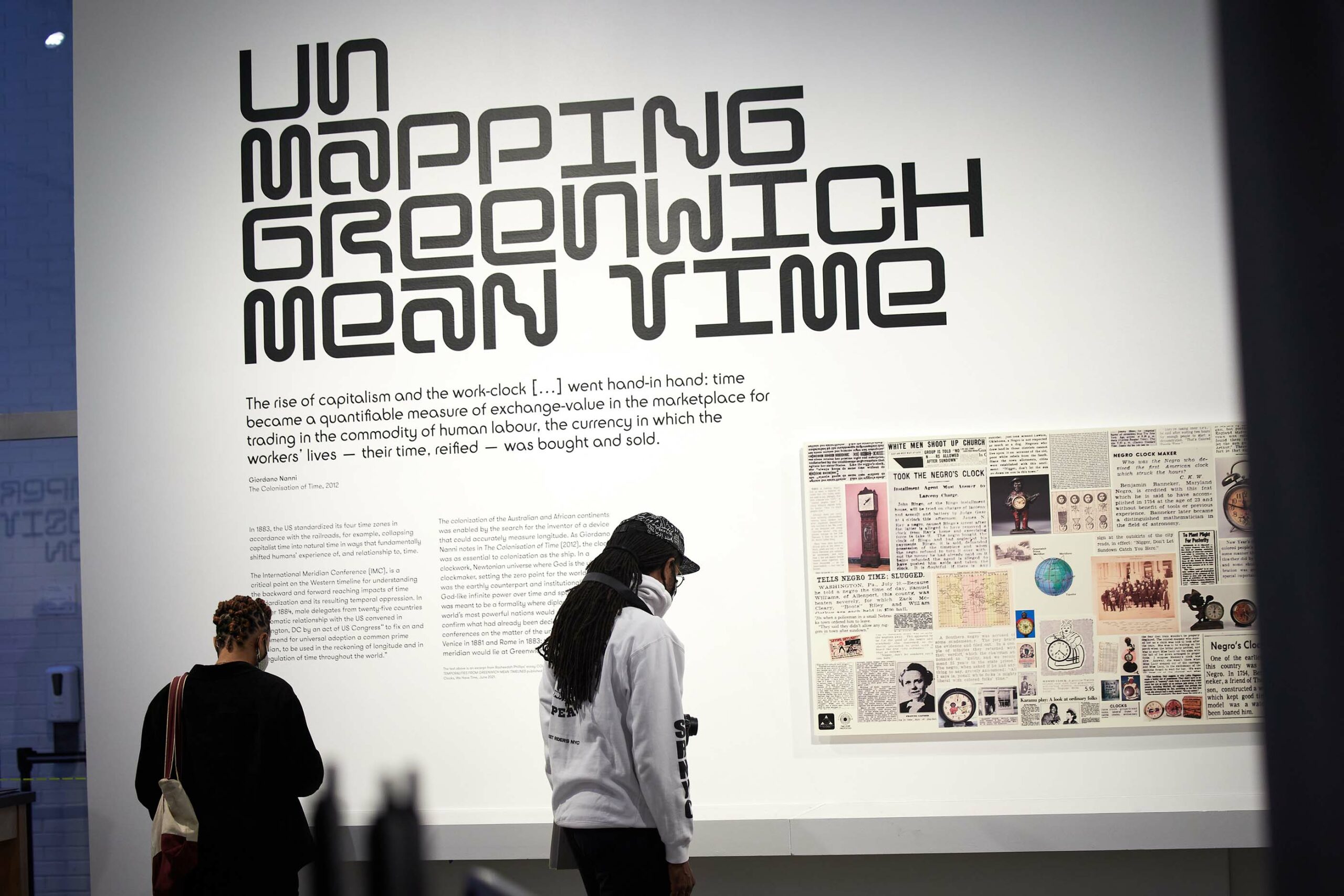
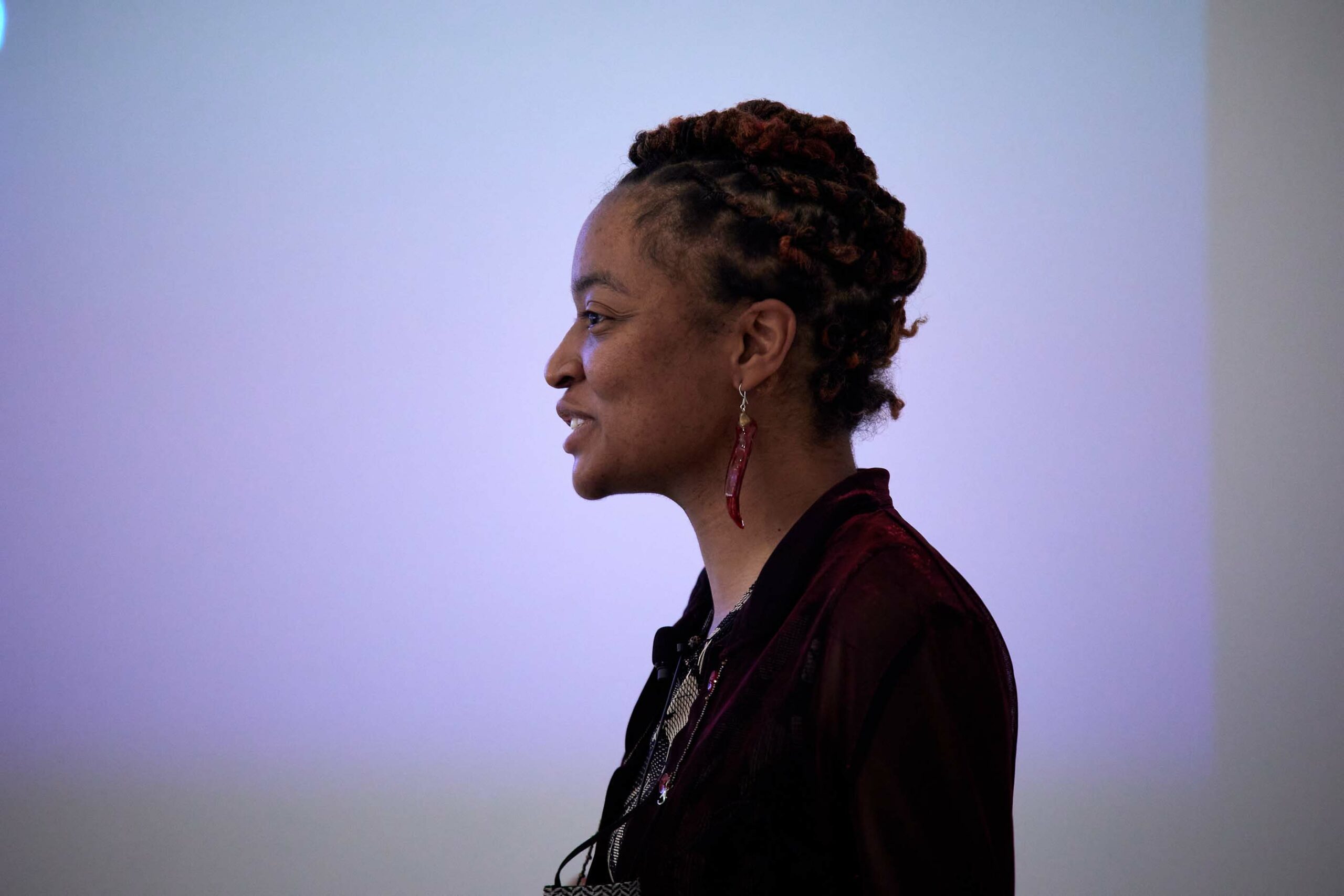
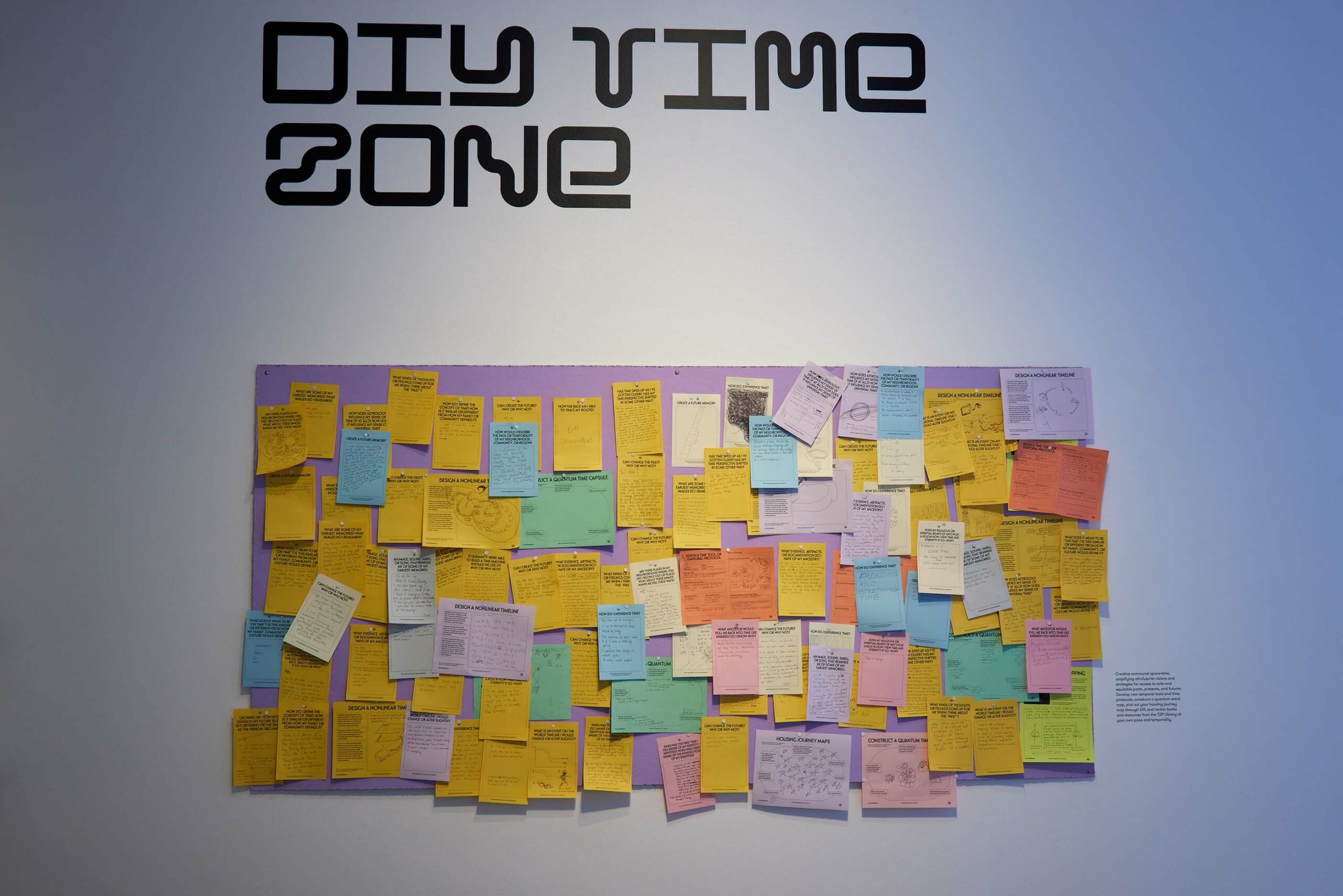
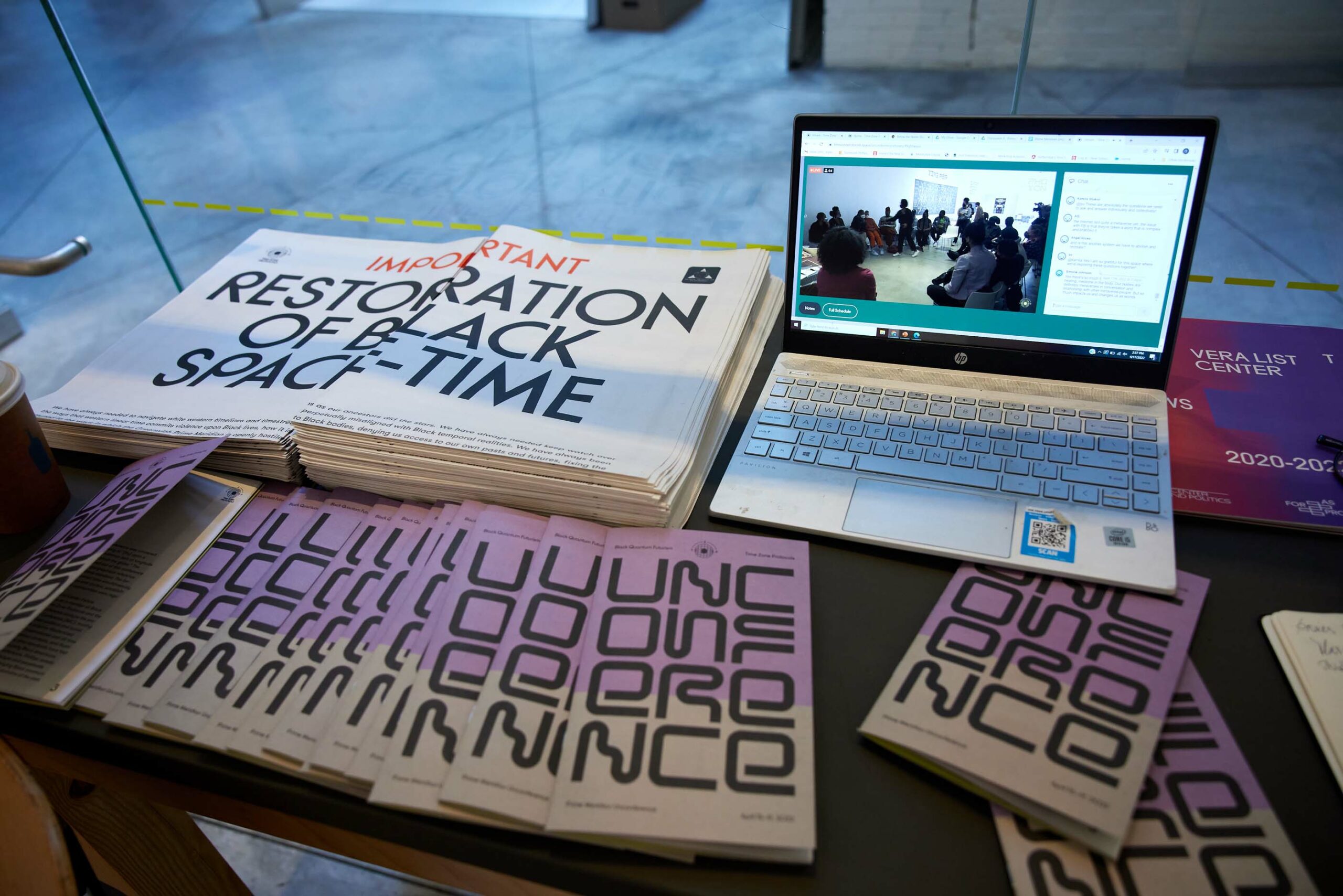
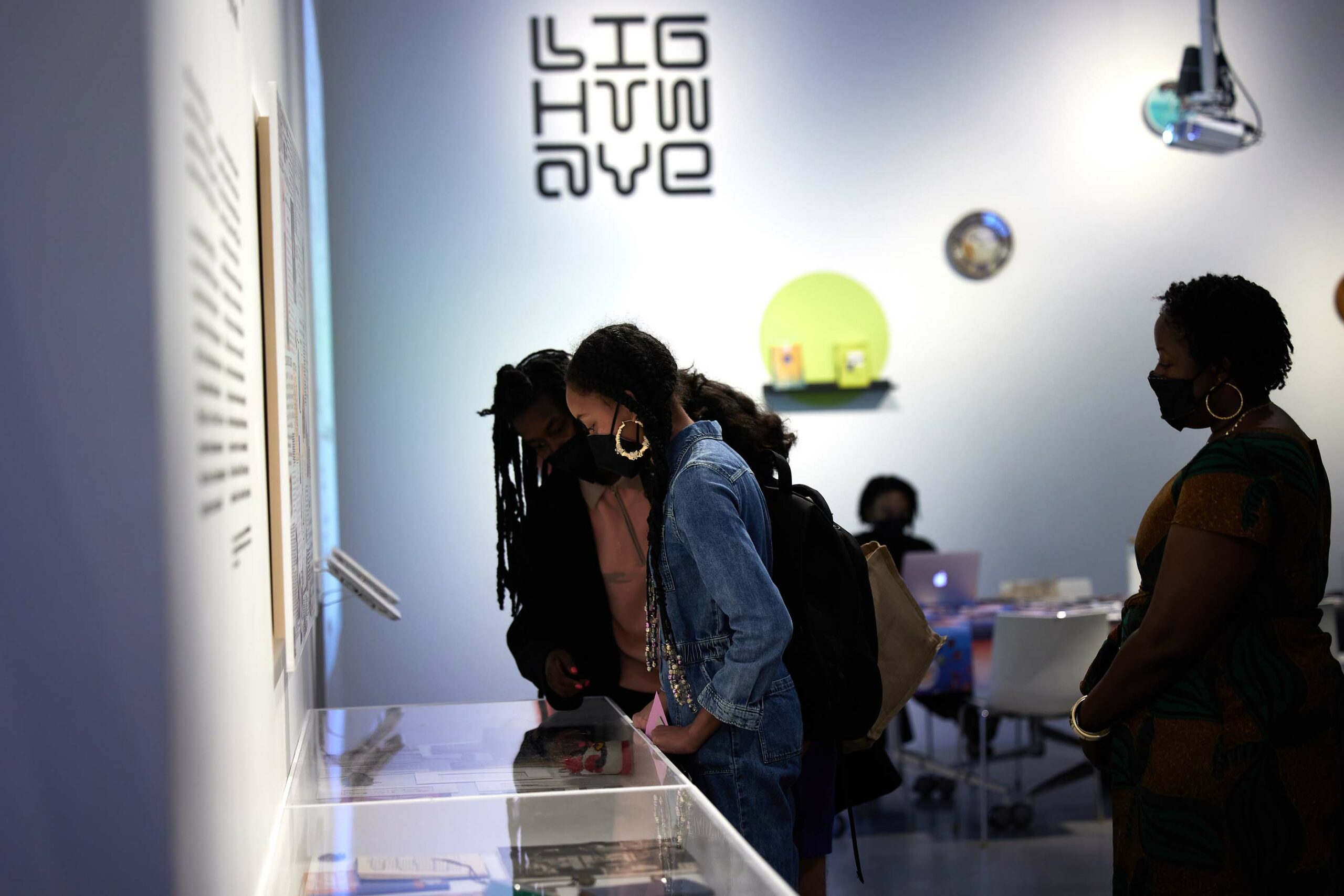
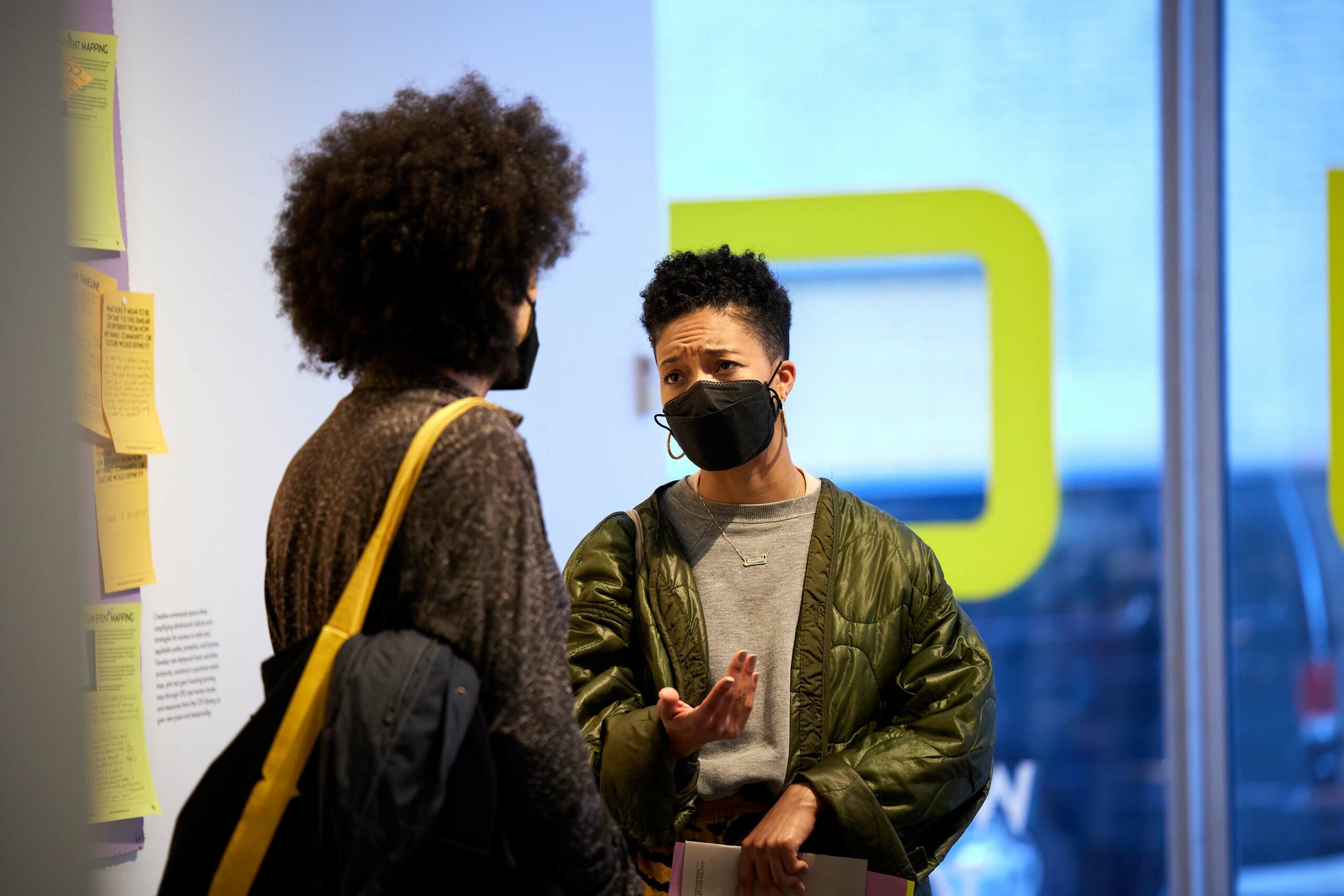
Images from the opening day of The Prime Meridian Unconference is presented as part of Rasheedah Phillips’s Time Zone Protocols exhibition, a 2020–2022 Vera List Center Fellowship-commissioned project. Photo by Argenis Apolinario, courtesy the Vera List Center for Art and Politics.
Saturday, April 16
✺ 10:30–11:00 am
Opening Plenary & Welcome
Rasheedah Phillips
Lightwave Track
✺ 11:00 am–12:15 pm
Dead Line?: On slowing down in Black “Spacetime”
Through four scenes in the U.S. South and Midwest in the 1990s-2010s, this session seeks the idea of Black “spacetime”as both a break in the lineage of plantation time and as a committed practice of sustaining relationships to people, to land, and to liveable futures. We engage a number of scholars and practitioners of Black “livingness,” including Katherine McKittrick, Fannie Lou Hamer, Jaki Shelton Green, JT Roane, Octavia Butler, and Clyde Woods. We also travel to a few living U.S. Black places in Soul City, NC, Institute, WV, Pullman, MI, and Lowndes County, AL.
Photon Track
✺ 11:30 am–12:45 pm
Bending SpaceTime with Botanicals
Plant like humans are unknowable. And yet, the process of inquiry and being inquired about is what gives shape and contour to all existence. Plant personhood like human personhood cannot be contained. These personhoods have a way of leaking upon engagement. Causing the perceiver and the perceived to become different and bend in new ways as a byproduct of those moments of belonging. One of the unexplored ways of using plants is through allowing them to change our perceptions of relationships and in this, change our perception of spacetime. This somatic session, combines social meditative technologies along with common, safe and powerful nervine plants to demonstrate our ability to shape time as a relational practice.
Required Reading (choose one)
✺ 12:45–1:00 pm
Break: Transition Time
✺ 1:00–2:15 pm
Cloud Time
This session, in dialogue with climate scientist Nadir Jeevanjee (either live, or through his work / formulas), will explore the possibility of experiencing simultaneity via temperature.
✺ 1:30–2:45 pm
Occupying Vacancy: Looking at Detroit’s Grassroot Activation of Vacant Land and Structures
Detroit’s recent identity as the ‘comeback’ city should be largely attributed to the local effort and investment of Detroit residents who have been living with extreme land vacancy. After a long period of disinvestment and into a recent (rather rapid) moment of reinvestment, many Detroiters are focusing on repairing their history of loss through neighborhood-based and locally serving green spaces that reflect historic values and future aspirations. In this session, we will explore some examples on how Detroiters are threading the past into the future through present spaces.
✺ 2:45–2:55 pm
Prentice’s Joy
From 2014 to 17, I drove from US 190 from Austin, Texas to Jasper and Newton Counties to document historic African American communities known as freedom colonies, Black Pockets, or freedmen’s settlements. While driving toward my study sites or visiting grassroots preservationists, I’d take in the way the landscape transformed along the way. By the time I reached Tyler County, I’d passed a row of wooden buildings facing the highway. I’d catch glimpses of the owners, elderly Black men, and women riding lawn mowers who’d occasionally wave back to me. I’d driven behind the property, down a road to Moss Hill freedom colony’s church and cemetery. Whenever I asked residents in the region about the houses, people would call them slave cabins. At a festival held in Shankleville Community, I met a local historical commission member who knew someone who lived on the 9 acres where these houses were located. The resident’s name was Prentice Barlow. Prentice was 47 years old and lived there alone. He led us on a tour during a hot July day of what were actually tourist cabins–vacation homes for travelers. This was a respite, a cafe, a set of tourist cabins where African Americans could safely sleep and eat while traveling between Texas and Louisiana in the 1930s-1960s. Prentice walked us around the property and inside the cabins. He called me Shug and seemed to live in some other time of perpetual joy and delight in his own world. For more stories, memories, and glimpses of life in free Black space, visit https://www.thetexasfreedomcoloniesproject.com/atlas . Select the Visual History tab for images and stories crowdsourced from the public.
✺ 2:45–3:15 pm
Break: Transition Time
✺ 3:15–4:30 pm
Timecasting with Entropy & Lasers
Timecasting is an Intuitive technology based on both ancestral and modern technologies.
It is a process of ritual and resonance that allows one to navigate timespace in order to find and elevate or expand one’s experience through portals of resonance. These resonant timespace portals can be generated or discovered by understanding the dynamics of entropy(chaos) and laser/masers(coherent amplification) along with tracking personal systems, patterns and collecting biometric and environmental data. This workshop will guide participants through the philosophy of these dynamics, share some Timecasting techniques along with a scientific process of creating your own through inquiry, discernment and liberation. These technologies work with emotional, physical and mental energy. They can in fact transform, transmit, store and receive information, matter and energy, just as any modern day technology, however, with the intentional ability to heal and expand the possibilities of our reality.
✺ 3:45–5:00 pm
Epochs, Ages, and Yugas: Macro-Temporal Texture and the Expiration of White Power
If, as Dr. Stanley suggests, Alter Destiny is the new AD – the next major demarcation in planetary time, what is this Alter Destiny, exactly, and what is our most healthy relationship to this temporal phase shift? Additionally, what tools, weapons, and strategies can we deploy to increase the likelihood that the advancing timewave delivers us to a better place, a place more suitable for the wellbeing of children and trees.
✺ 5:00–5:15 pm
Break: Transition Time
✺ 5:15–5:45 pm
Protocols / Day 1 Review (Plenary)
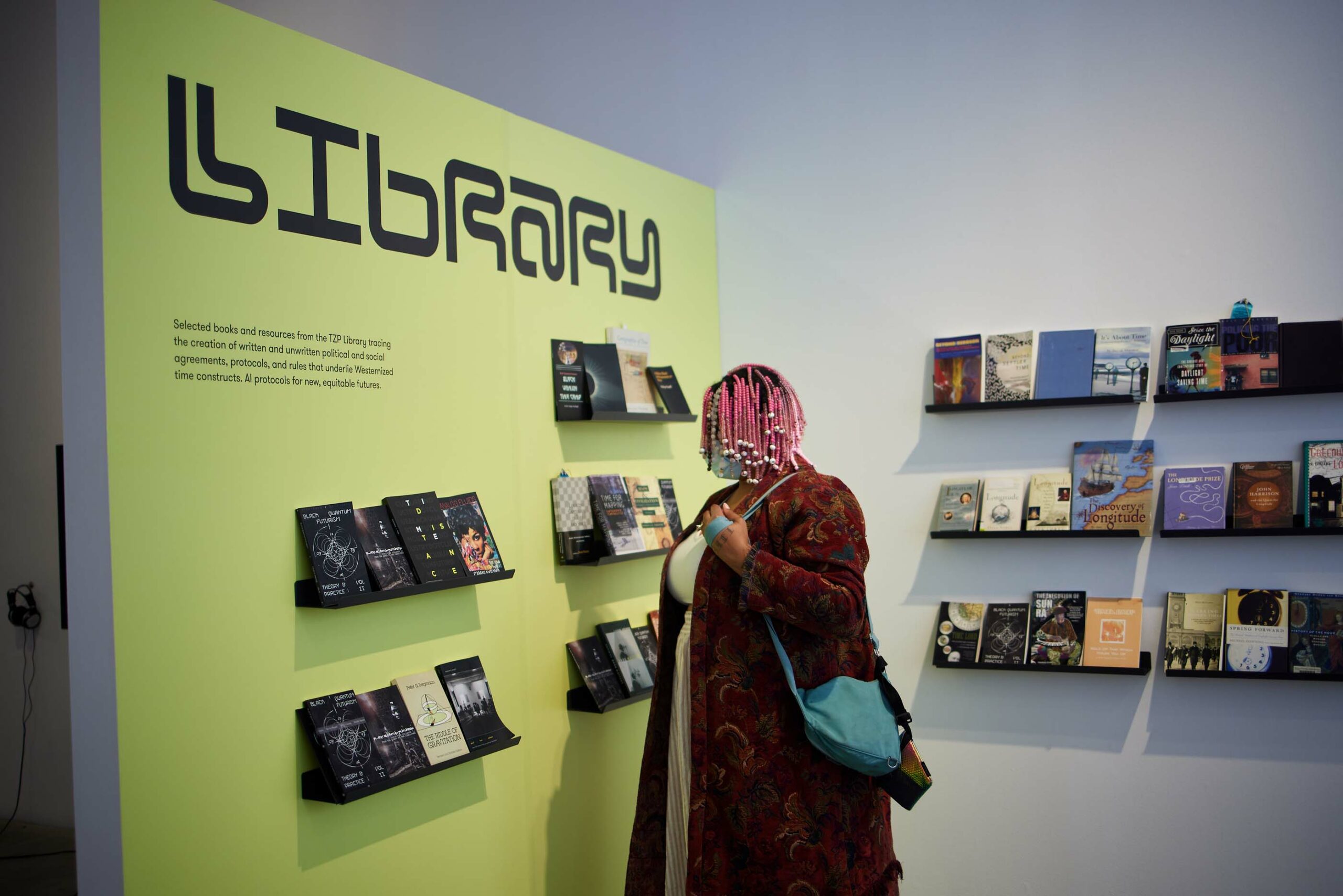
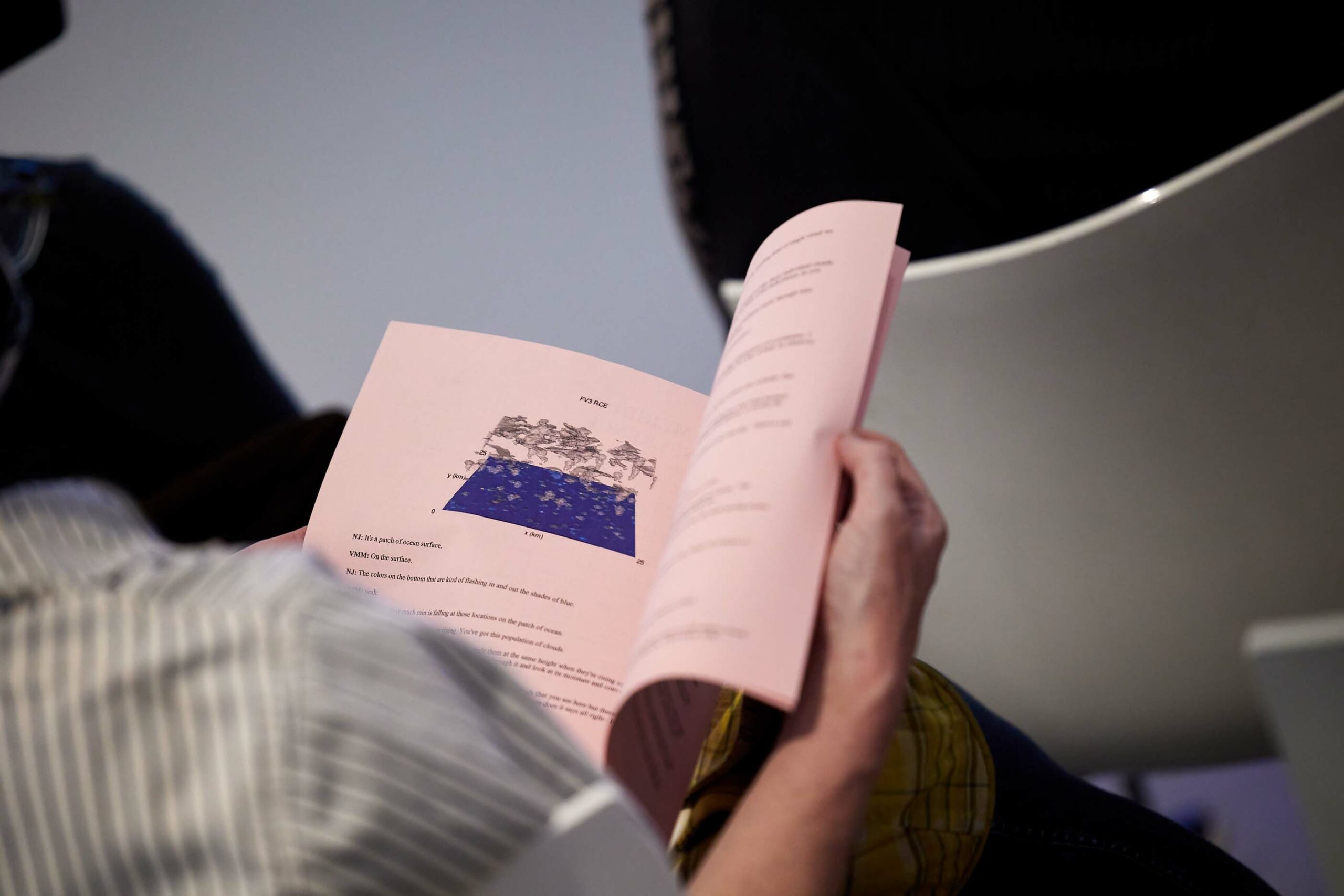
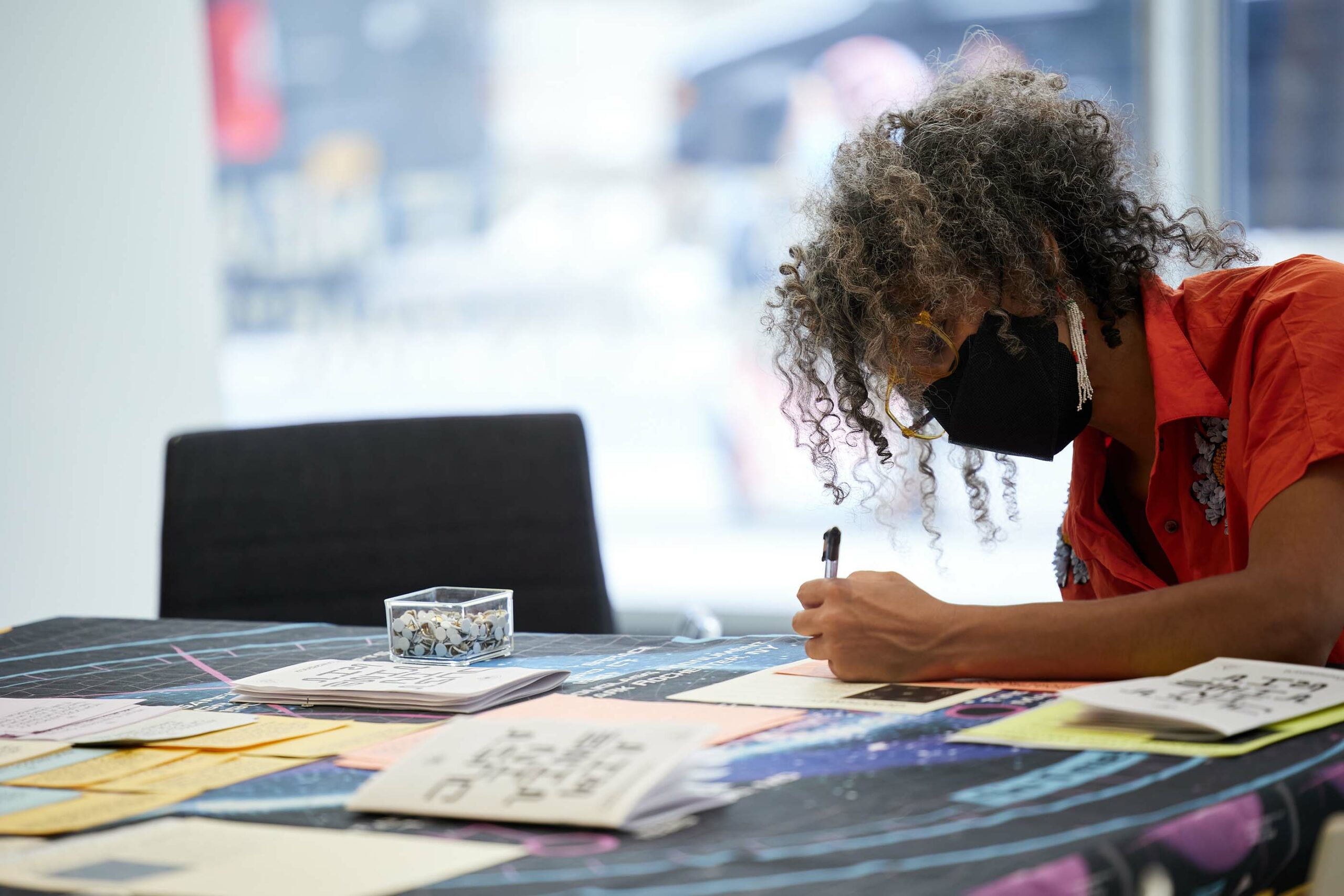
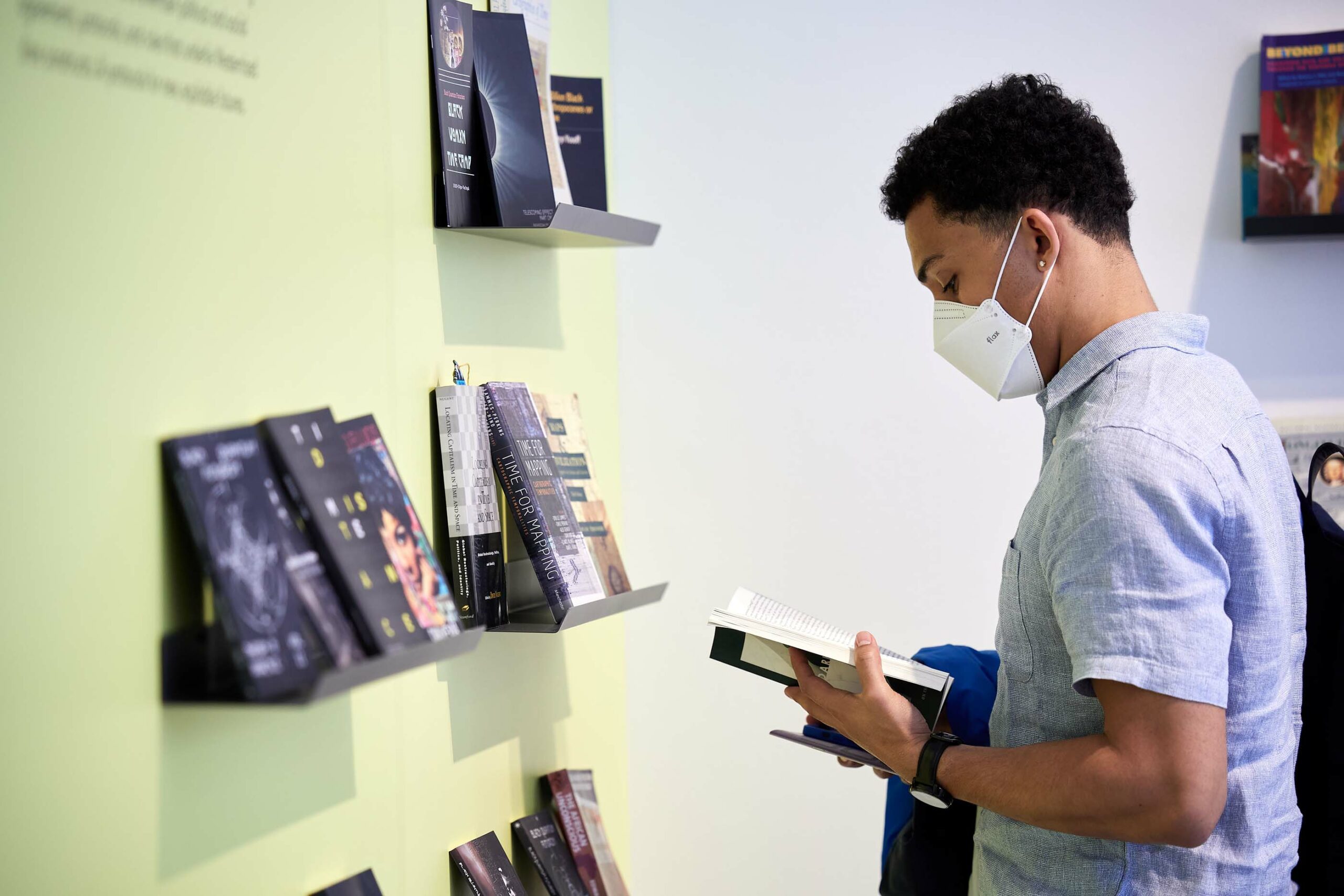
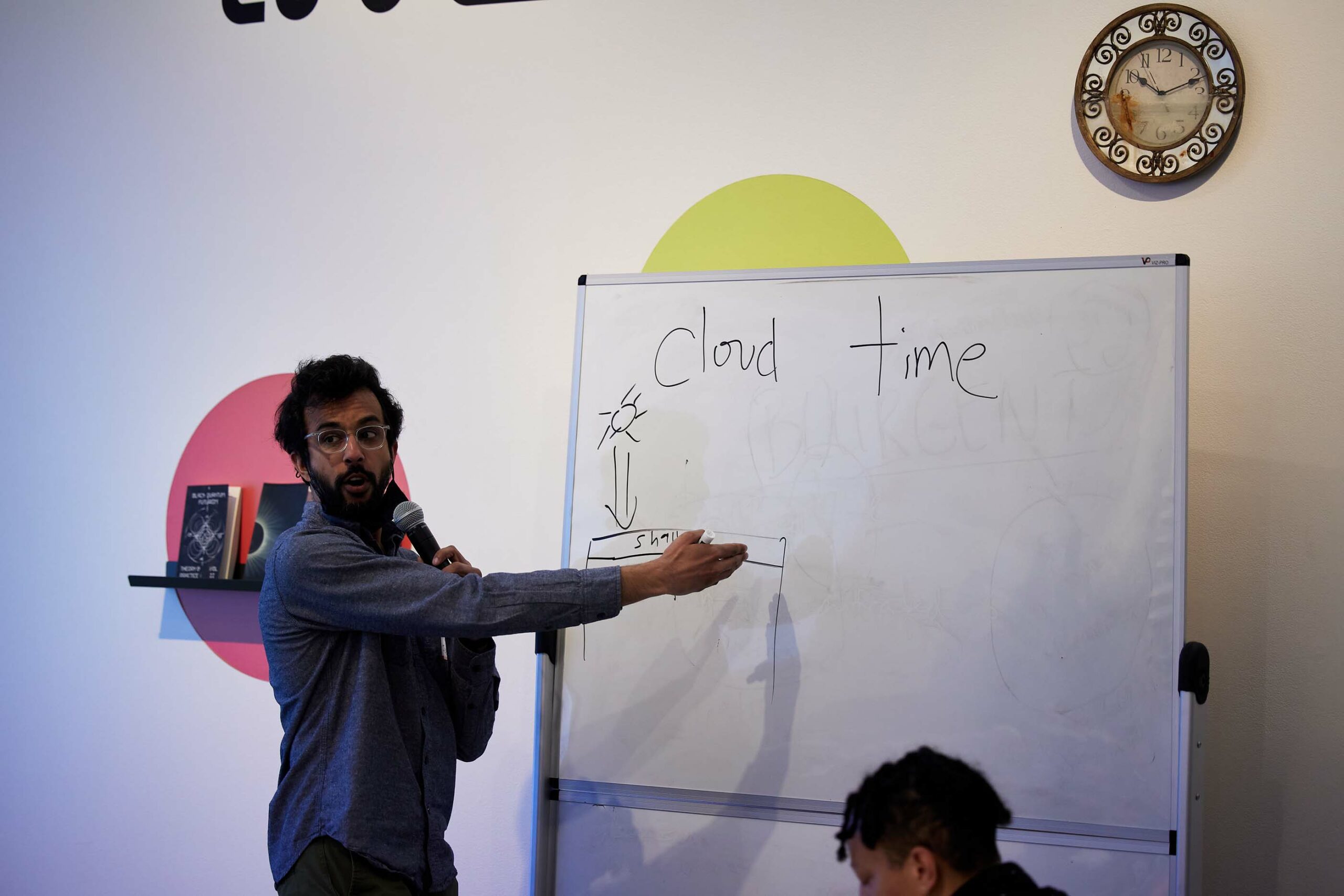
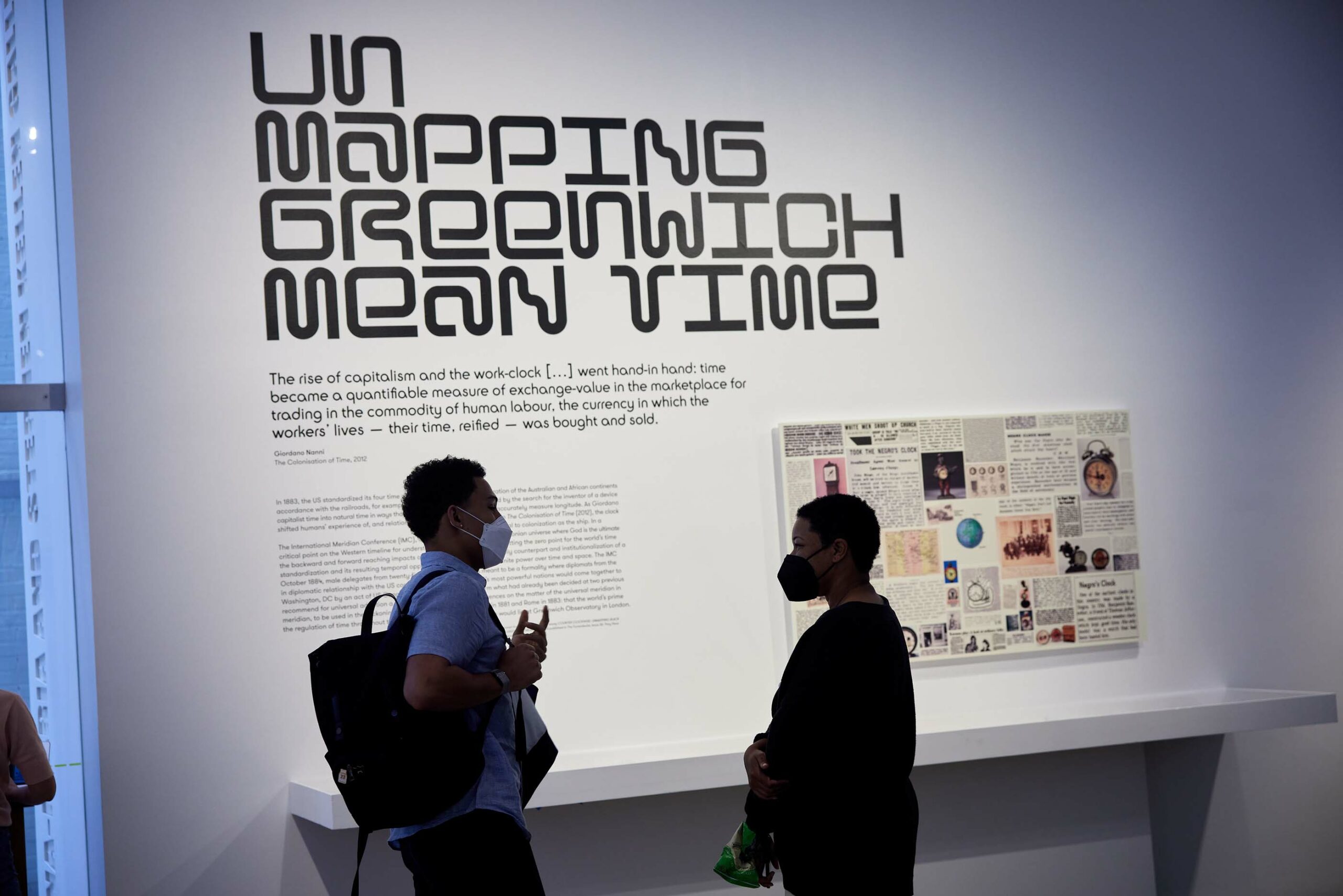
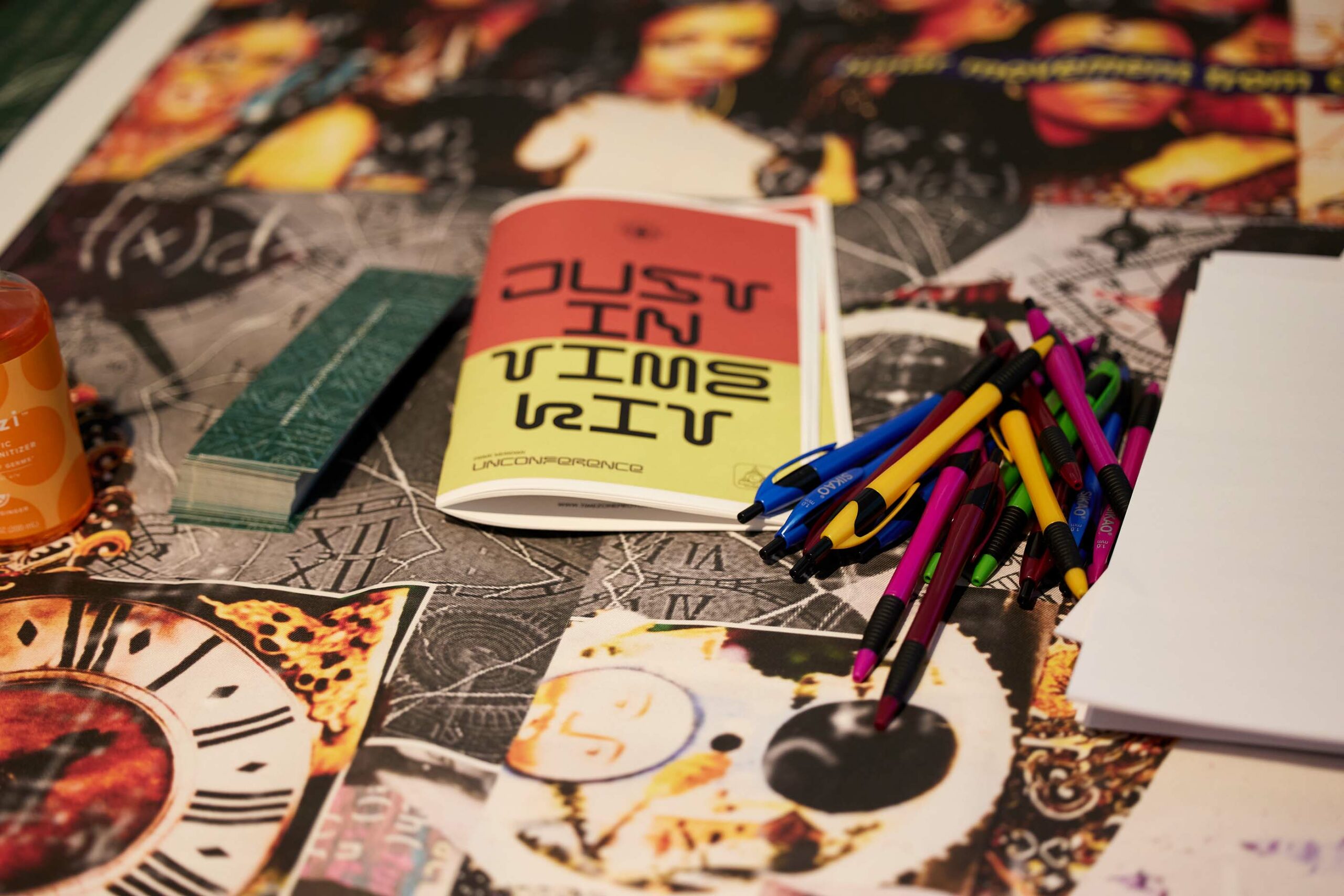
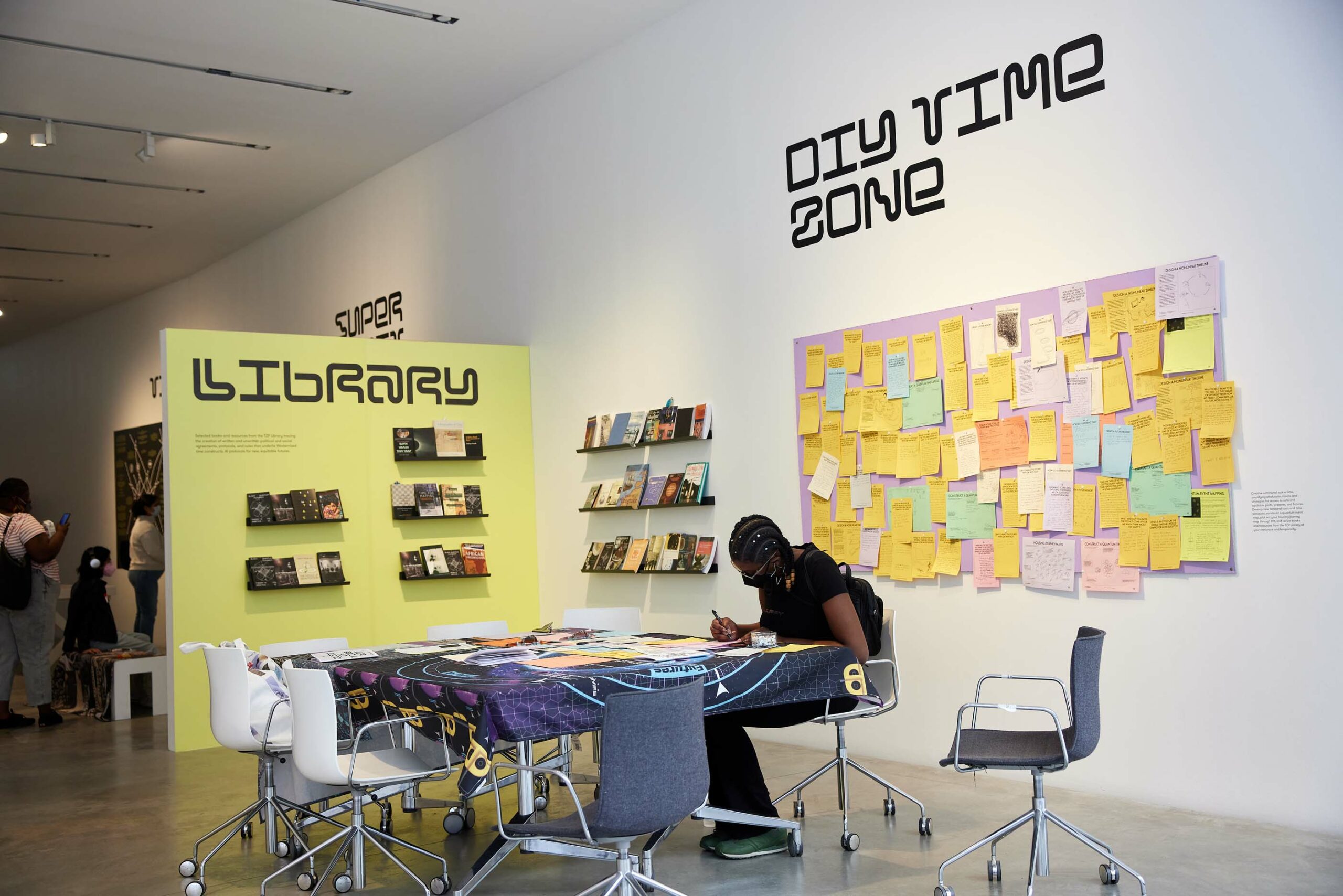
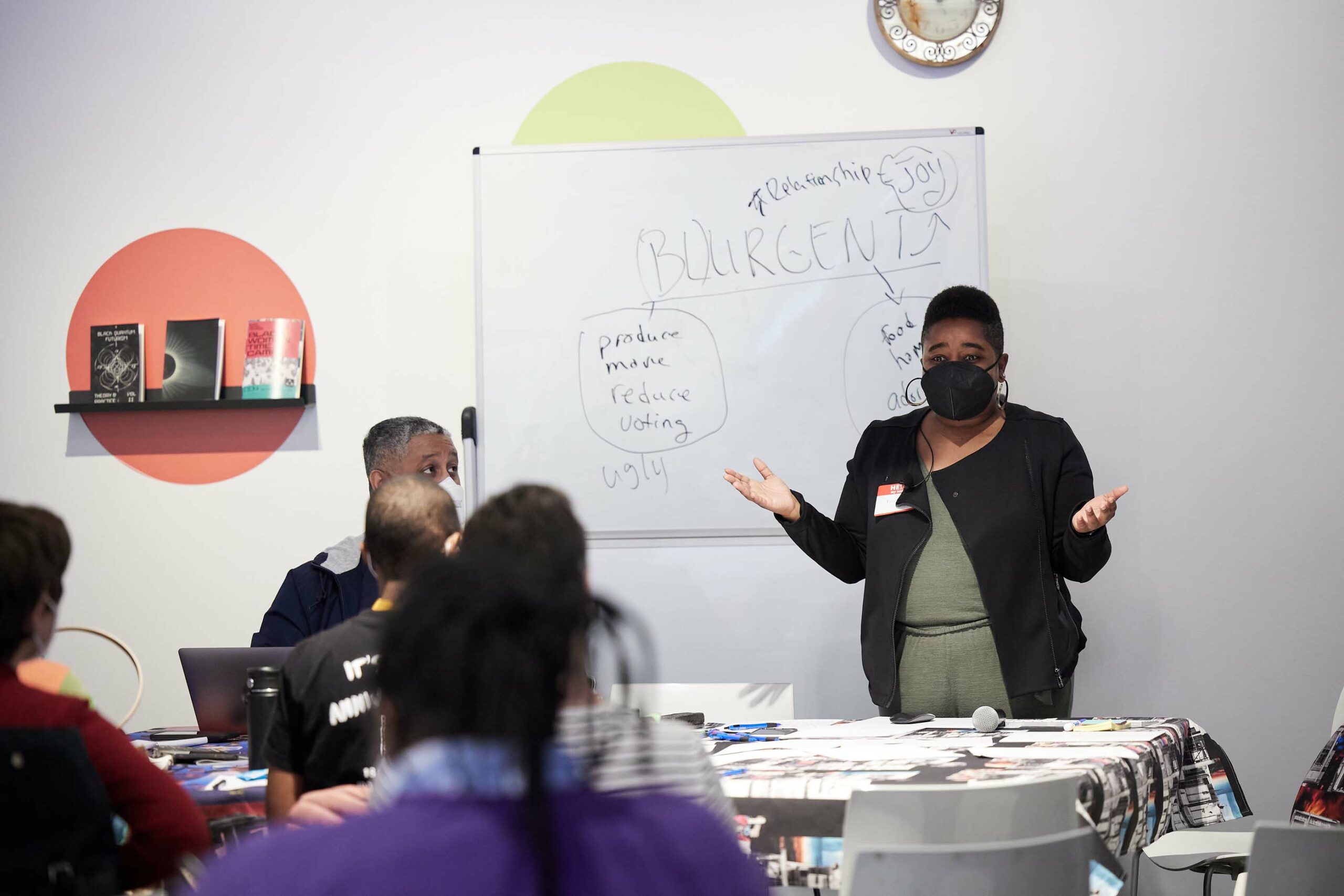
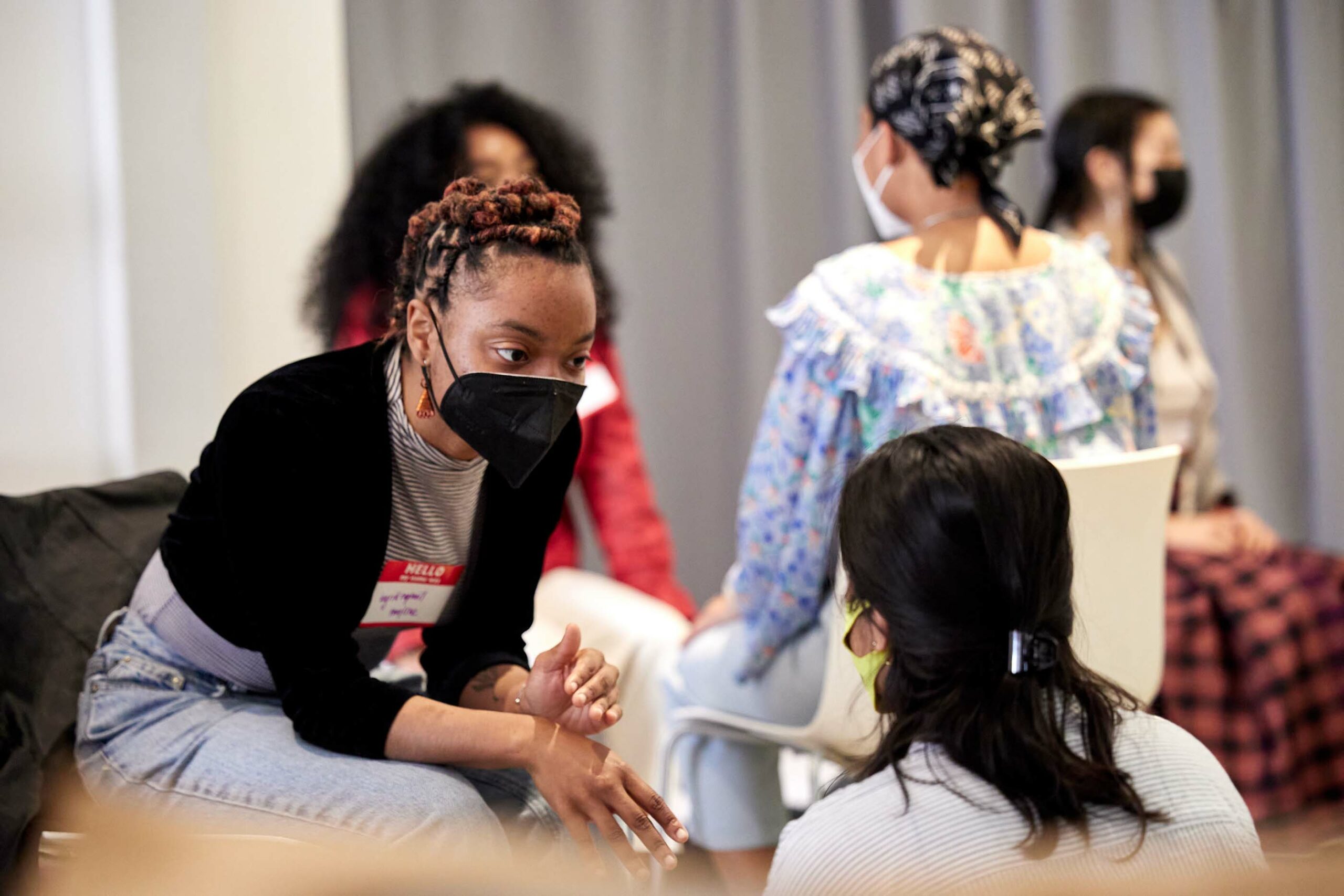
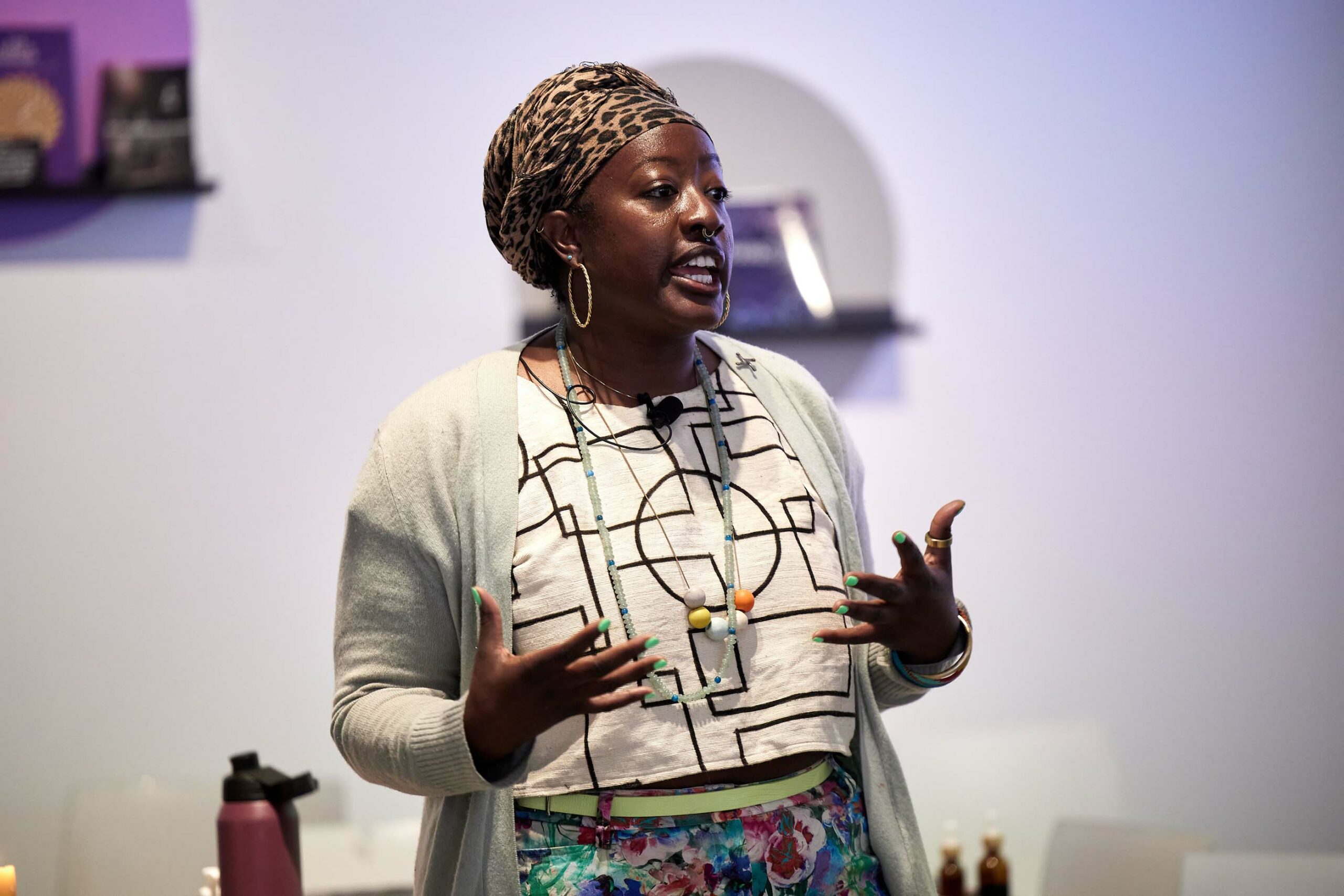
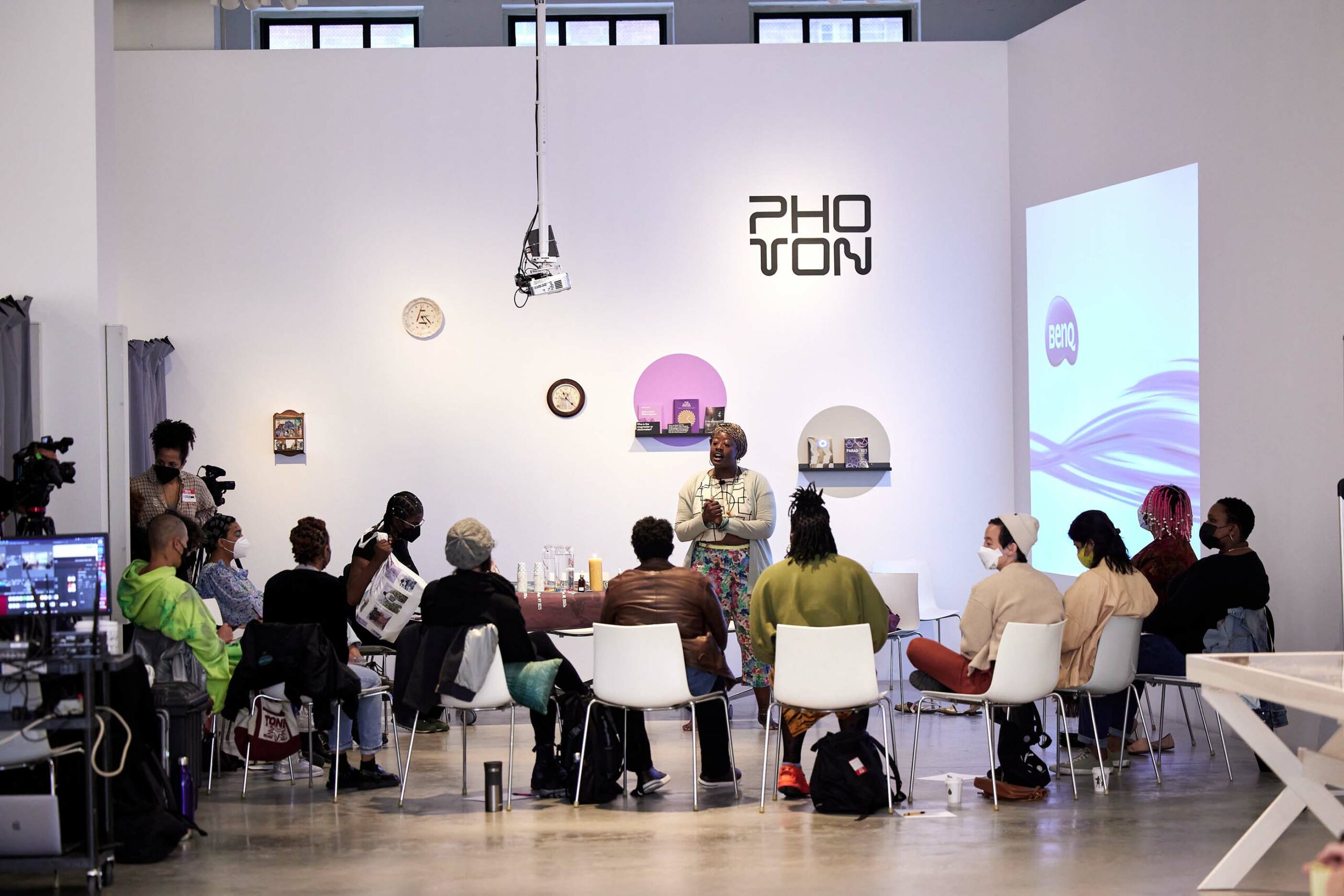
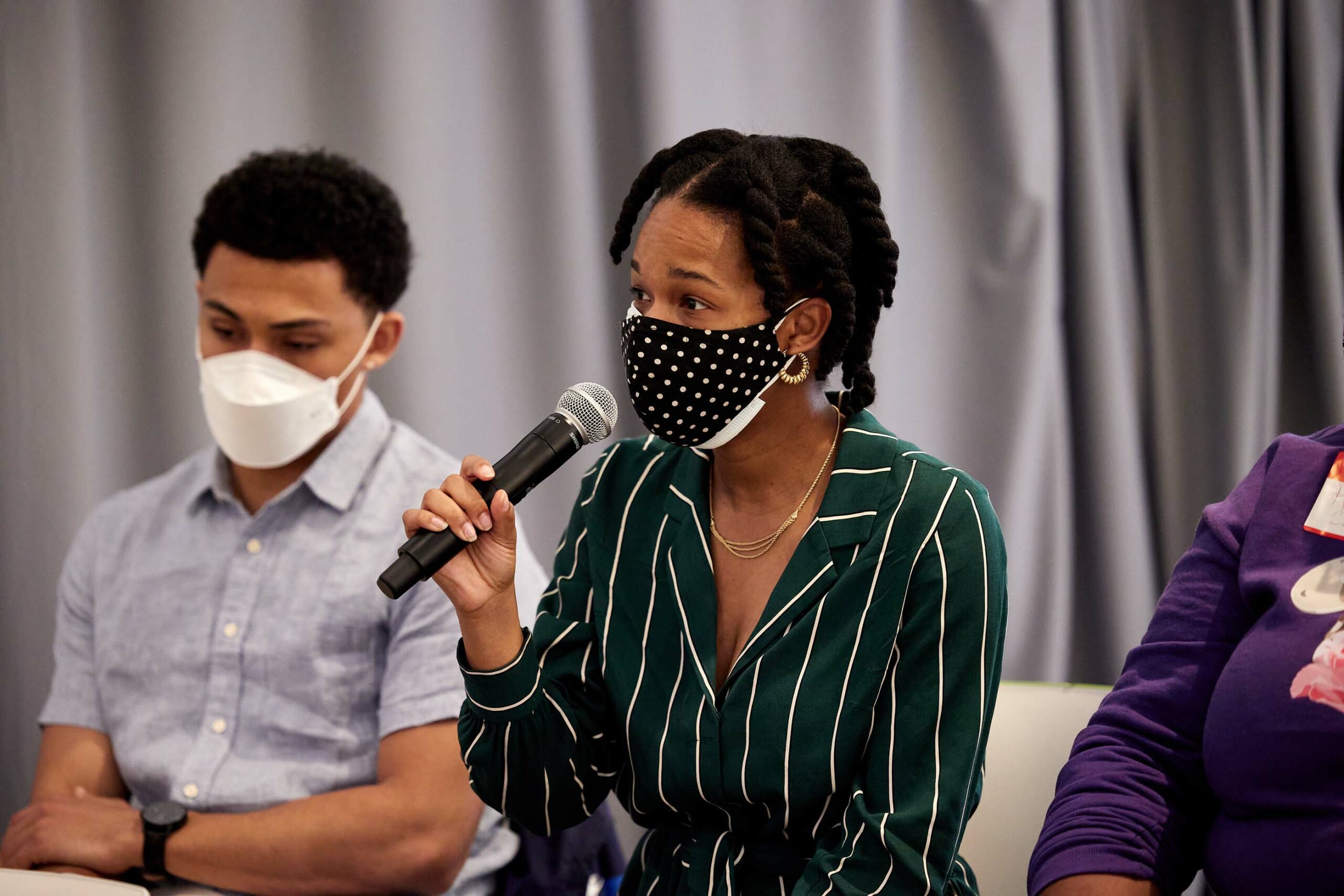
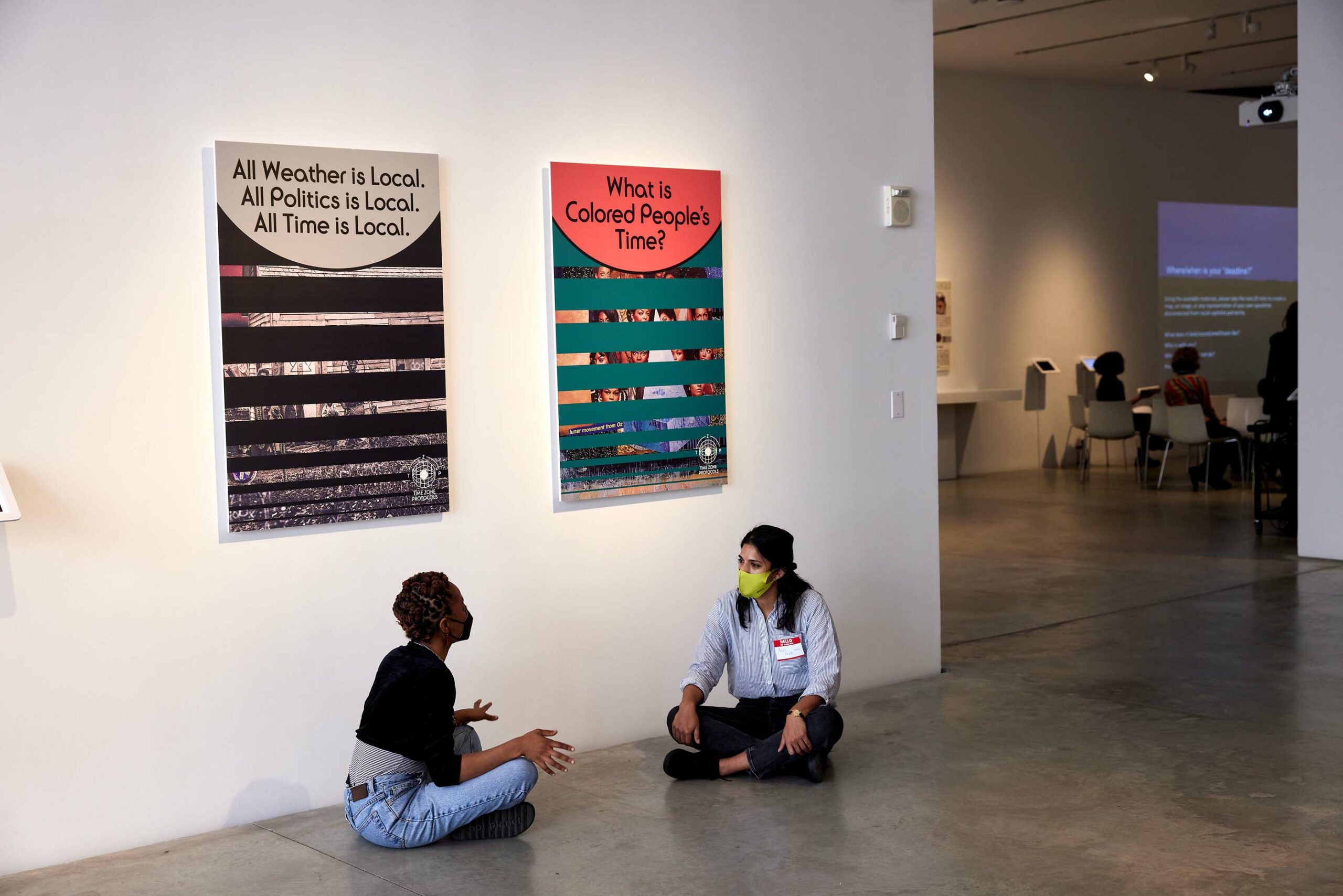
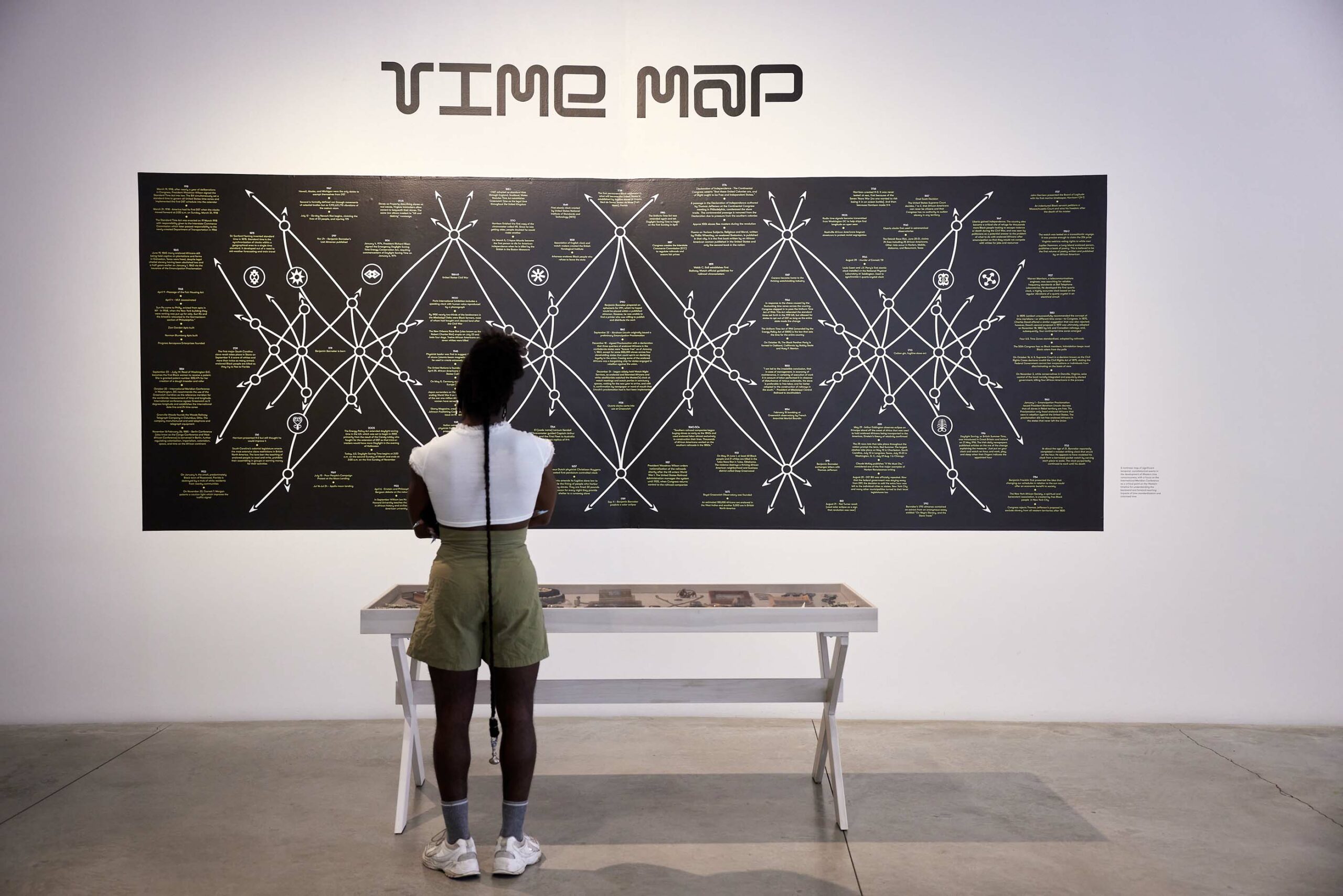
Images from day two of The Prime Meridian Unconference is presented as part of Rasheedah Phillips’s Time Zone Protocols exhibition, a 2020–2022 Vera List Center Fellowship-commissioned project. Photo by Argenis Apolinario, courtesy the Vera List Center for Art and Politics.
Sunday, April 17
✺ 10:45–11:00 am
Opening Check-in
Rasheedah Phillips
Lightwave Track
✺ 11:00 am–12:15 pm
CHRONOMORPHISM: A Conversation on the Black Speculative Science of Time Travel with Dwayne McDuffie
Black speculative design has existed for more than 10,000 years. Modern awareness of these techniques emerged from the musical forms of jazz and hip hop before taking shape in a graphic arts revolution at the end of the twentieth century. Dwayne McDuffie’s work in Milestone Media transformed the imaginary landscapes of print and visual media through programming like the DC Animated Universe, Marvel Comics’ Black Panther, and hundreds of independent expressions like the Black Age of Comics. In 2010, McDuffie explored the concept of ‘chronomorphism’ in the context of the Milestone “Shadow Cabinet” comics. This hermeneutic informed a public sense of genealogy, ancestry, and lineage that defined a new generation of Black Speculative work, often called “Afrofuturism.” Found in Erykah Badu’s song “Next Lifetime” and KRS-One’s lyrics “Aw Yeah,” chronomorphism explains a transcendent sense of atemporal power that continues to define new art in work like HBO’s Lovecraft Country and New Line Cinema’s “Matrix Resurrections.” This session will provide a detailed analysis of the science of chronomorphism as it emerged in discussions with Dwayne McDuffie and other Black Speculative creators.
Photon Track
✺ 11:30 am–12:45 pm
Grief Reparations and Temporal Hush Harbors
Dominant white pathology steals time, increasing the lifespan of the white mainstream through antagonism of Black beings, which creates cascading effects of shortened lifespan. One direct attack and antagonism of Black time is the theft of Black Grief time. In this workshop, we will relieve Black folks of some weight/ dead time that we carry in the cells of our body through the construction of demarcated temporal Hush Harbors.
✺ 12:45–1:00 pm
Break: Transition Time
✺ 1:00–2:15 pm
Black Fugitive Infrastructures and Cross-time Space Routines
This session explores fugitive infrastructure as a foundation for Black freedom struggles across time. Infrastructures, generally defined, are material systems that organize and sustain everyday life. “Fugitive infrastructures” encompass material arrangements produced through cumulative efforts by everyday people to organize and sustain life when possibilities for survival seem foreclosed (Cowen 2017). Whereas infrastructure signifies permanence and rootedness in place, fugitivity implies that which is in flight, fleeting, transitory, or temporary. The seemingly impossible overlay of these multiple characteristics invites a consideration of what it means to produce a material, grounded basis for fugitivity over time. We will center the ongoing history of marronage and resistance to policing in one place in Maryland to outline a protocol for locating the capacity of Black flight to produce longstanding, generational infrastructures that disrupt dominant power structures and relations.
Suggested readings:
✺ 1:30–2:45 pm
The Future of Time: The Metaverse and Black Health
When Black bodies were forced across time zones during the trans-Atlantic slave trade, did a time sickness occur that we have yet to identify? Afrofuture theorist Ingrid LaFleur invites attendees to join her for a co-creation session to investigate how healing could occur through the implementation of new time systems. Black life has been fraught with health issues such as high blood pressure, fibroids, and more. Could a multi-temporal approach to work/life create pleasurable and efficient ways of maintaining Black health and improving our overall quality of life? If so, what are the time systems that need to be incorporated? Will we be able to apply these systems within the metaverse? Attendees will work through this inquiry together with LaFleur to explore the future possibilities of multi-temporal living.
Suggested Readings:
✺ 2:45–2:55 pm
Prentice’s Joy
From 2014 to 17, I drove from US 190 from Austin, Texas to Jasper and Newton Counties to document historic African American communities known as freedom colonies, Black Pockets, or freedmen’s settlements. While driving toward my study sites or visiting grassroots preservationists, I’d take in the way the landscape transformed along the way. By the time I reached Tyler County, I’d passed a row of wooden buildings facing the highway. I’d catch glimpses of the owners, elderly Black men, and women riding lawn mowers who’d occasionally wave back to me. I’d driven behind the property, down a road to Moss Hill freedom colony’s church and cemetery. Whenever I asked residents in the region about the houses, people would call them slave cabins. At a festival held in Shankleville Community, I met a local historical commission member who knew someone who lived on the 9 acres where these houses were located. The resident’s name was Prentice Barlow. Prentice was 47 years old and lived there alone. He led us on a tour during a hot July day of what were actually tourist cabins–vacation homes for travelers. This was a respite, a cafe, a set of tourist cabins where African Americans could safely sleep and eat while traveling between Texas and Louisiana in the 1930s-1960s. Prentice walked us around the property and inside the cabins. He called me Shug and seemed to live in some other time of perpetual joy and delight in his own world. For more stories, memories, and glimpses of life in free Black space, visit https://www.thetexasfreedomcoloniesproject.com/atlas . Select the Visual History tab for images and stories crowdsourced from the public.
✺ 2:45–3:15 pm
Break: Transition Time
✺ 3:15–4:30 pm
Malleable Futures
welcome to Malleable Futures: a location and orientation that imagines and interprets time through collective-manifesto making, ritual setting, journal prompts, and performance. using research of cities & history as a structure, body-movement as a vessel, plant growth and hair braiding as a guide, music & sound as time annotation, participants of Malleable Futures will connect the dots between those findings and their experiences of time to ground in a limitless past-present-future
what happens when we embody time as malleable ? what does (y)our measure of time look or feel like ? where does time betray you ? How can it show up for you/us? are some of the questions Malleable Futures will explore & unearth to provide actual tools we can use when you exit Malleable Futures.
come prepared to experience the world of Malleable Futures where journaling, reflection, ideas of time are all possible | bring a friend.
✺ 3:45–5:00 pm
Land, Entangled Space, and Time
Investigating the unknown using our senses and meditation to uncover buried histories and hidden past and future memories. Everything is alive. We will deepen our sensitivity and become in tune with so-called inanimate matter. We will learn to identify different temporalities in a multitude of spaces and places, in order to learn to tap into the temporalities of the Black Time Belt.
✺ 5:15–5:45 pm
Closing/Debrief Protocols, Commitments, next steps
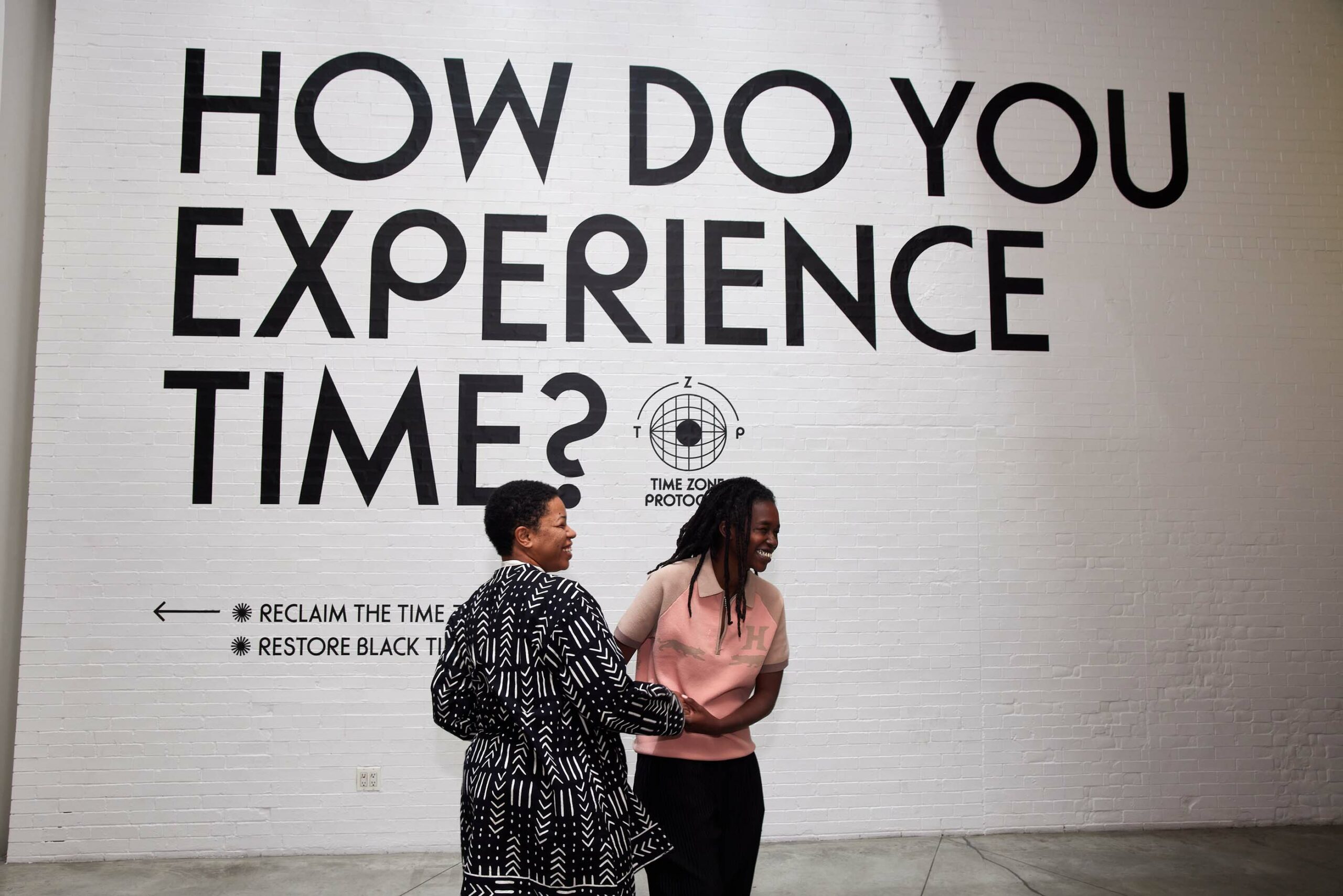
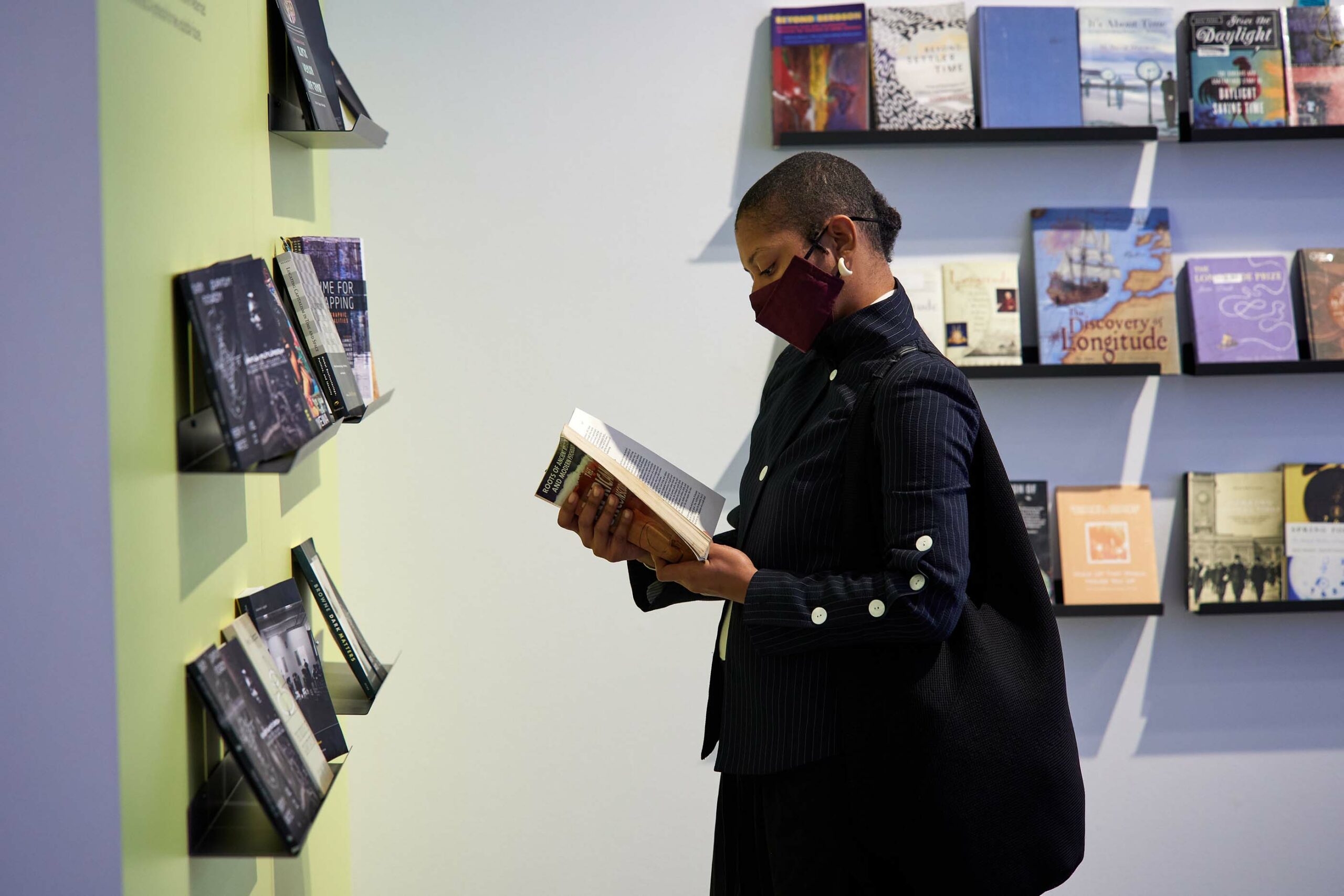
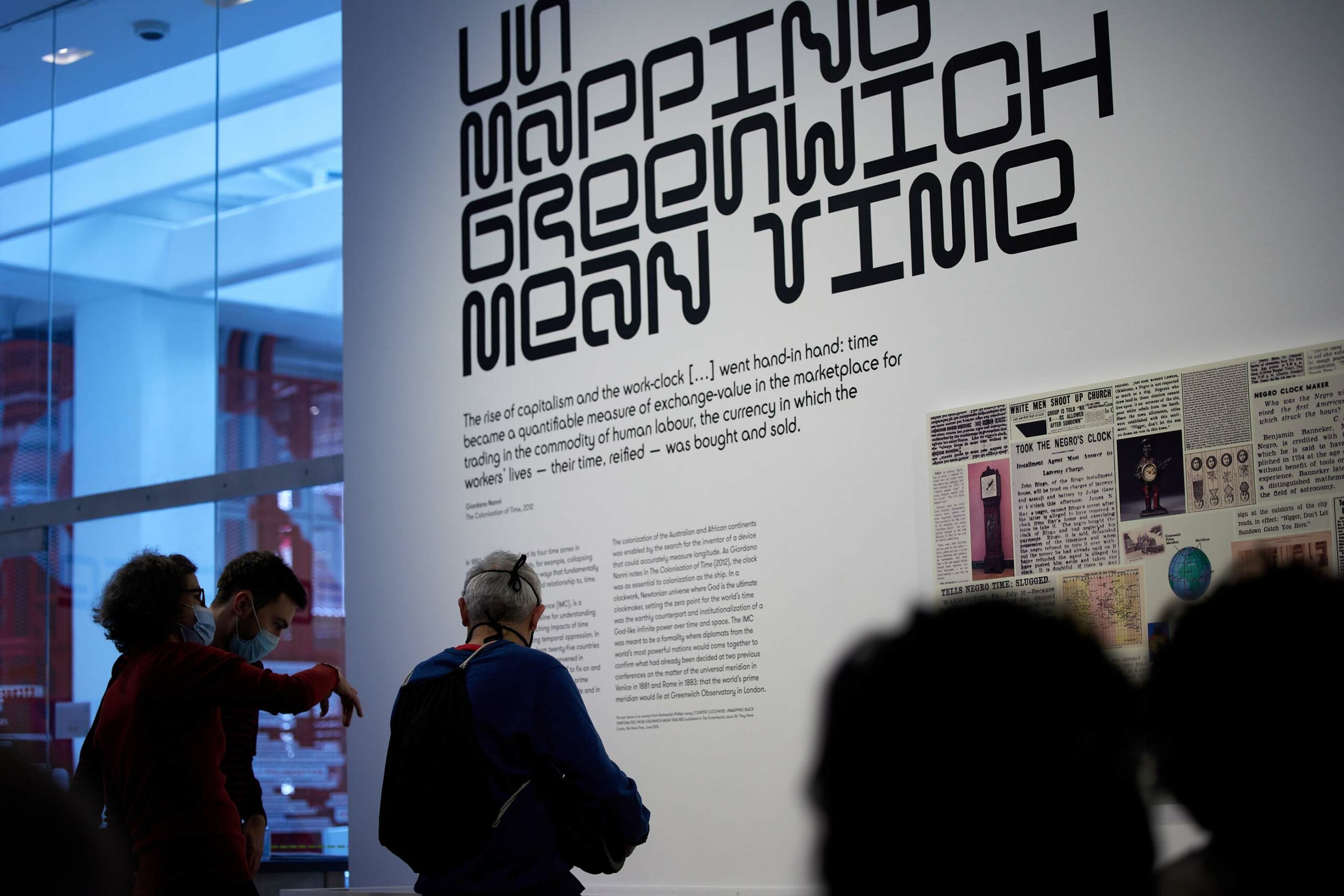
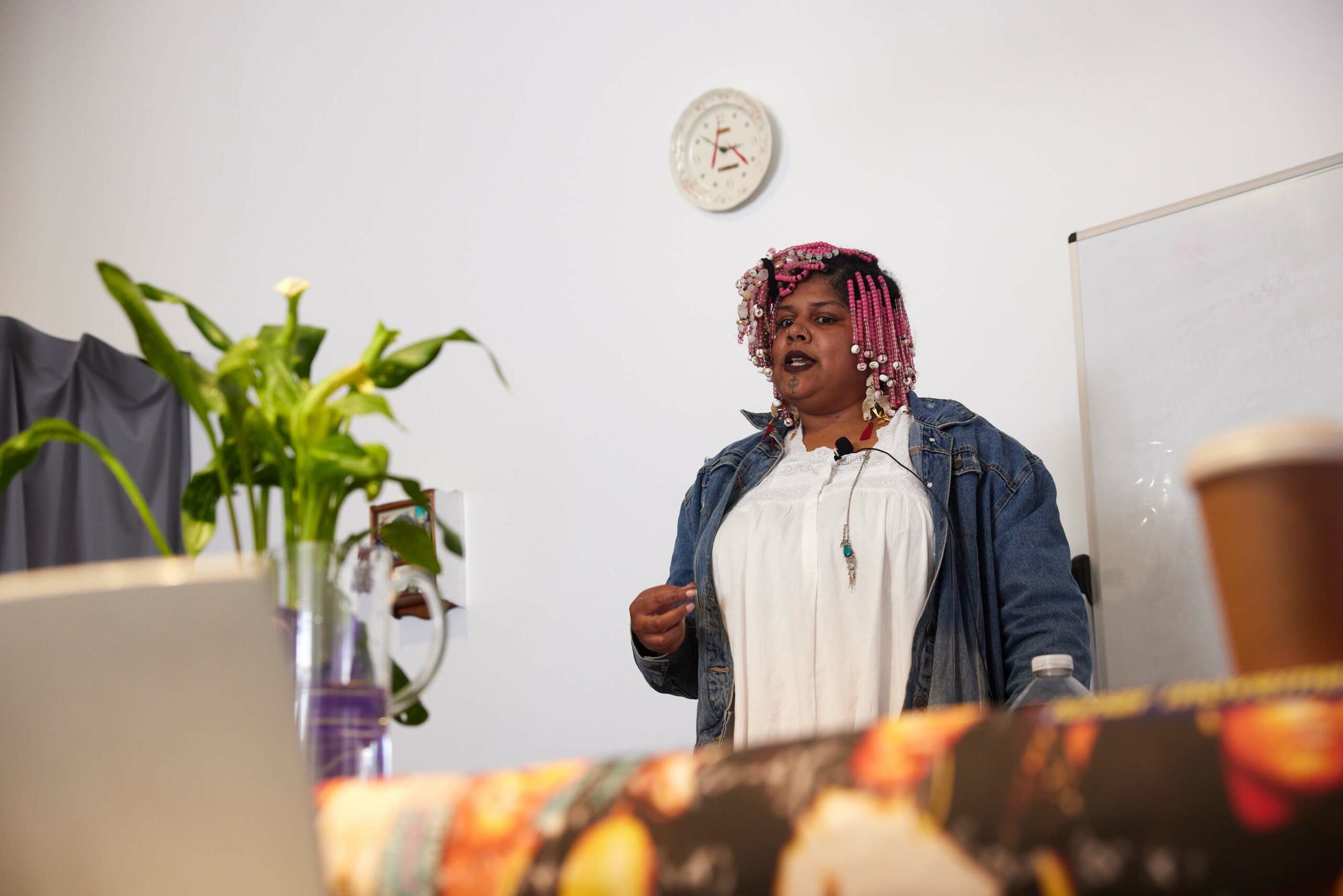
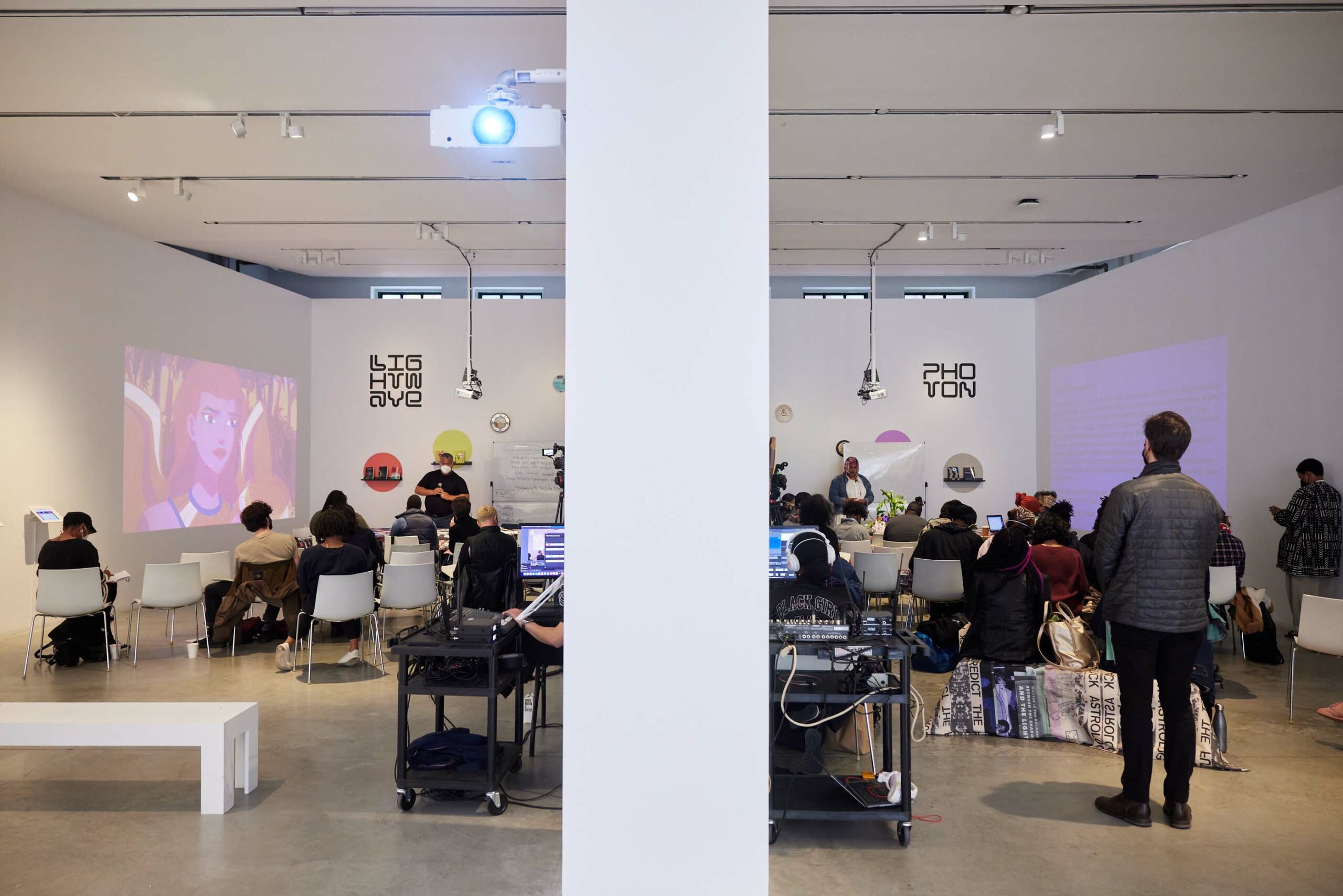
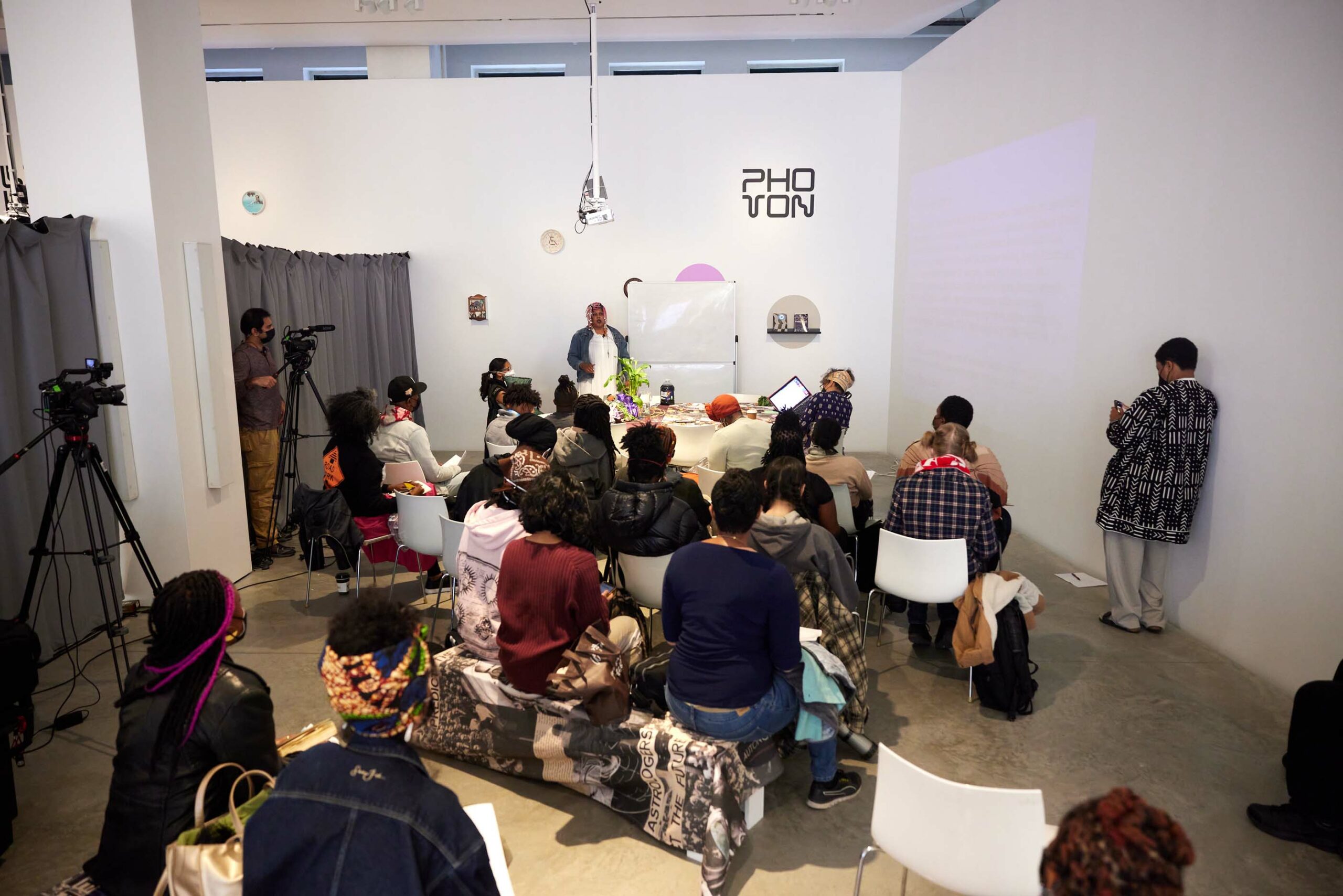
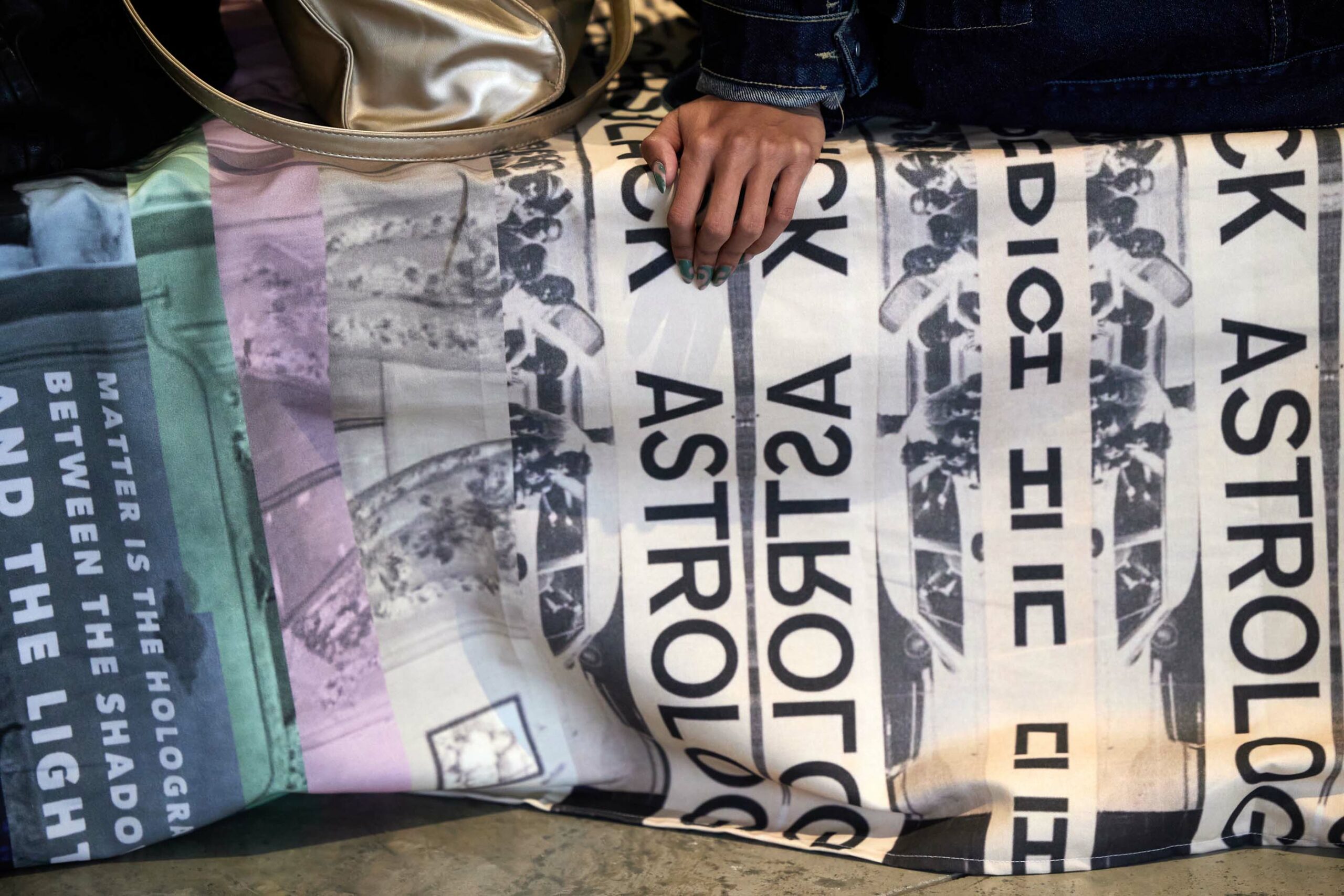
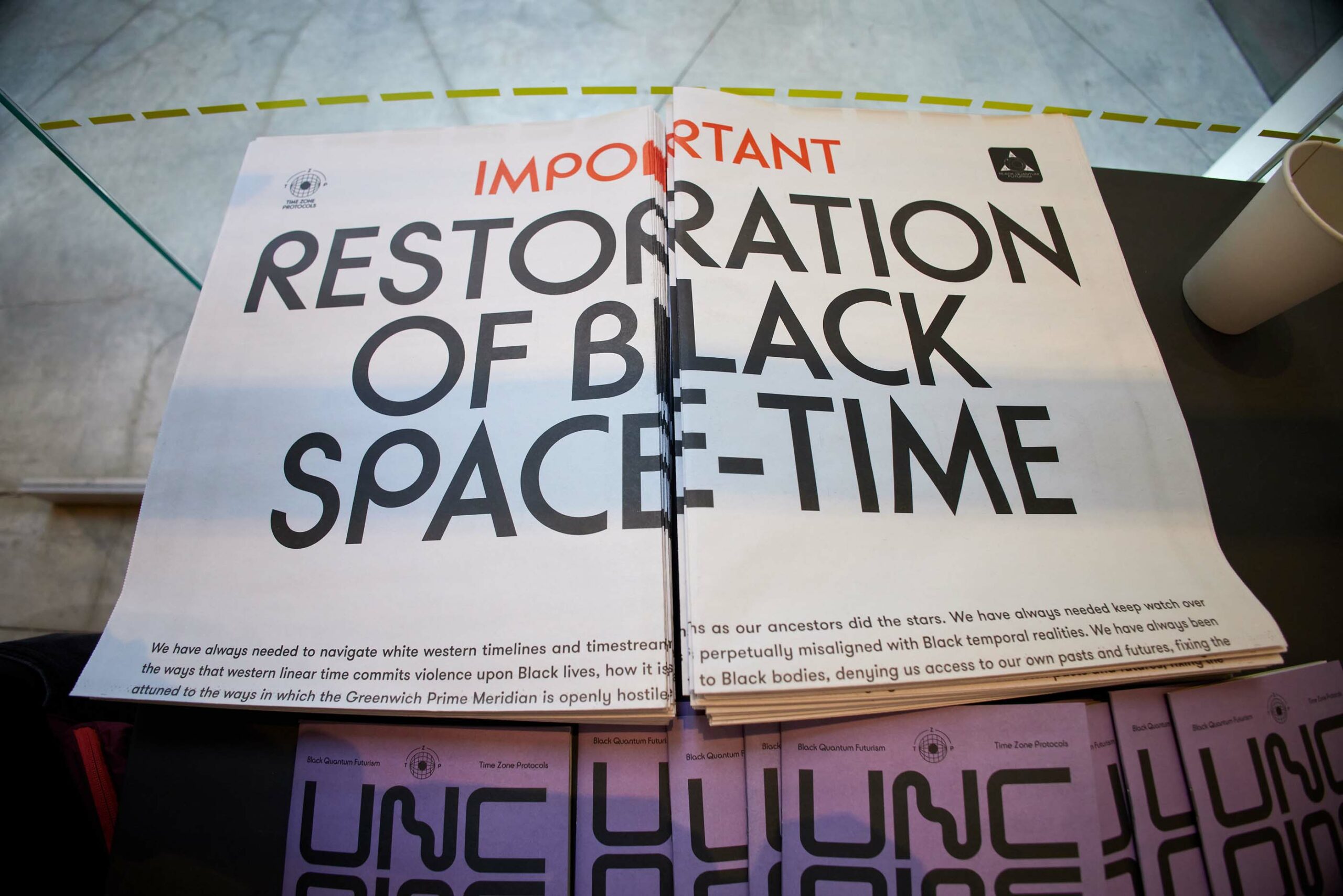
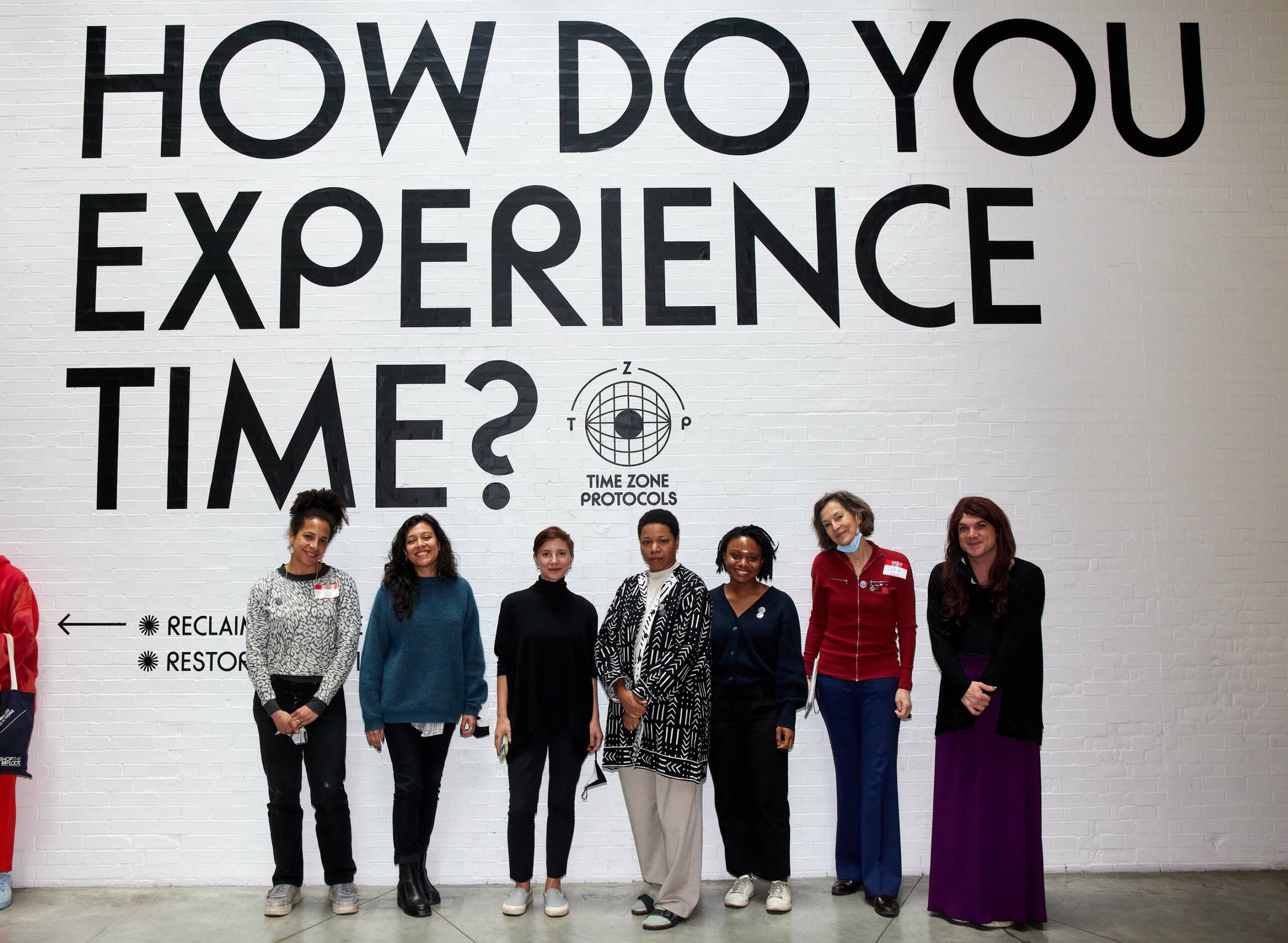
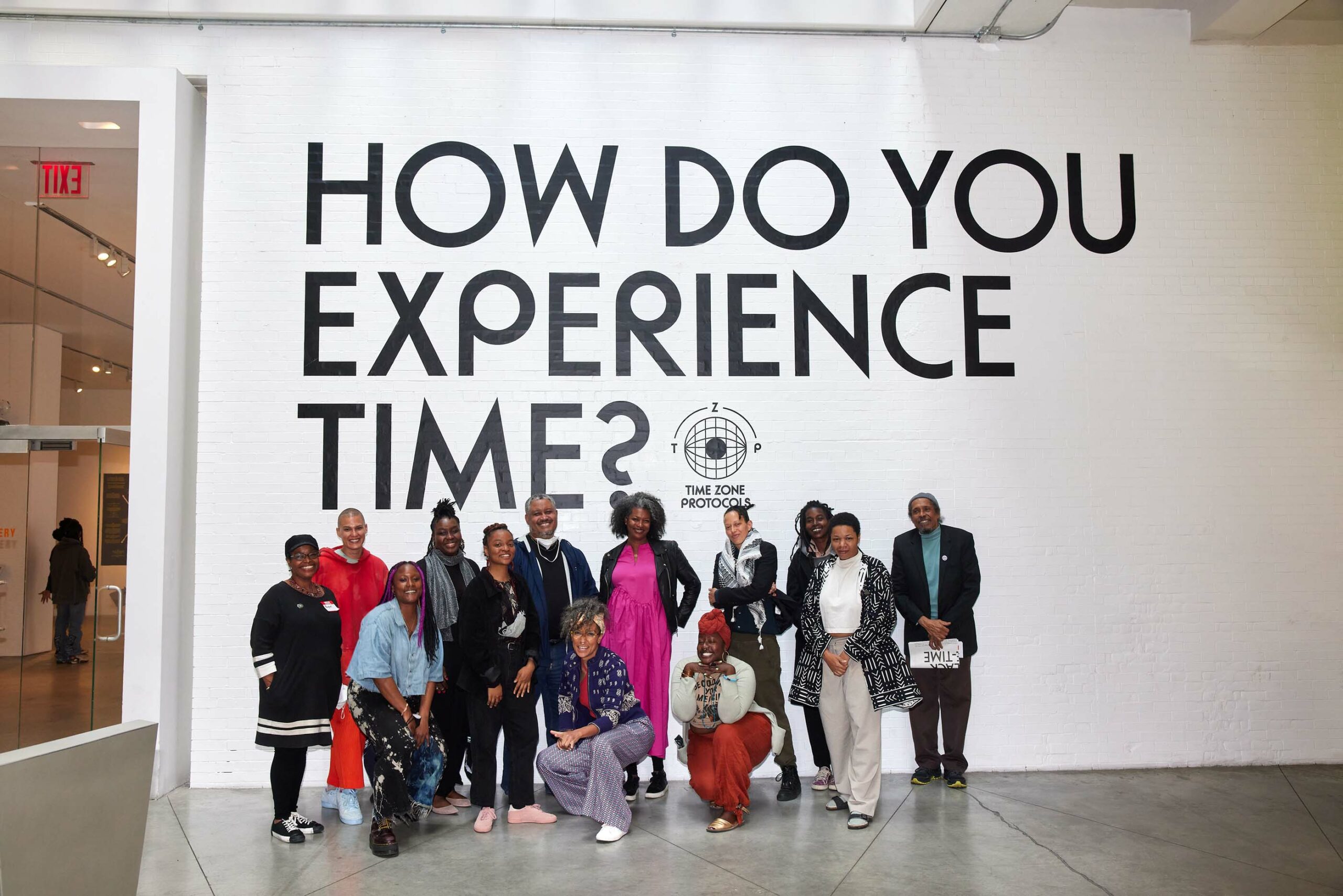
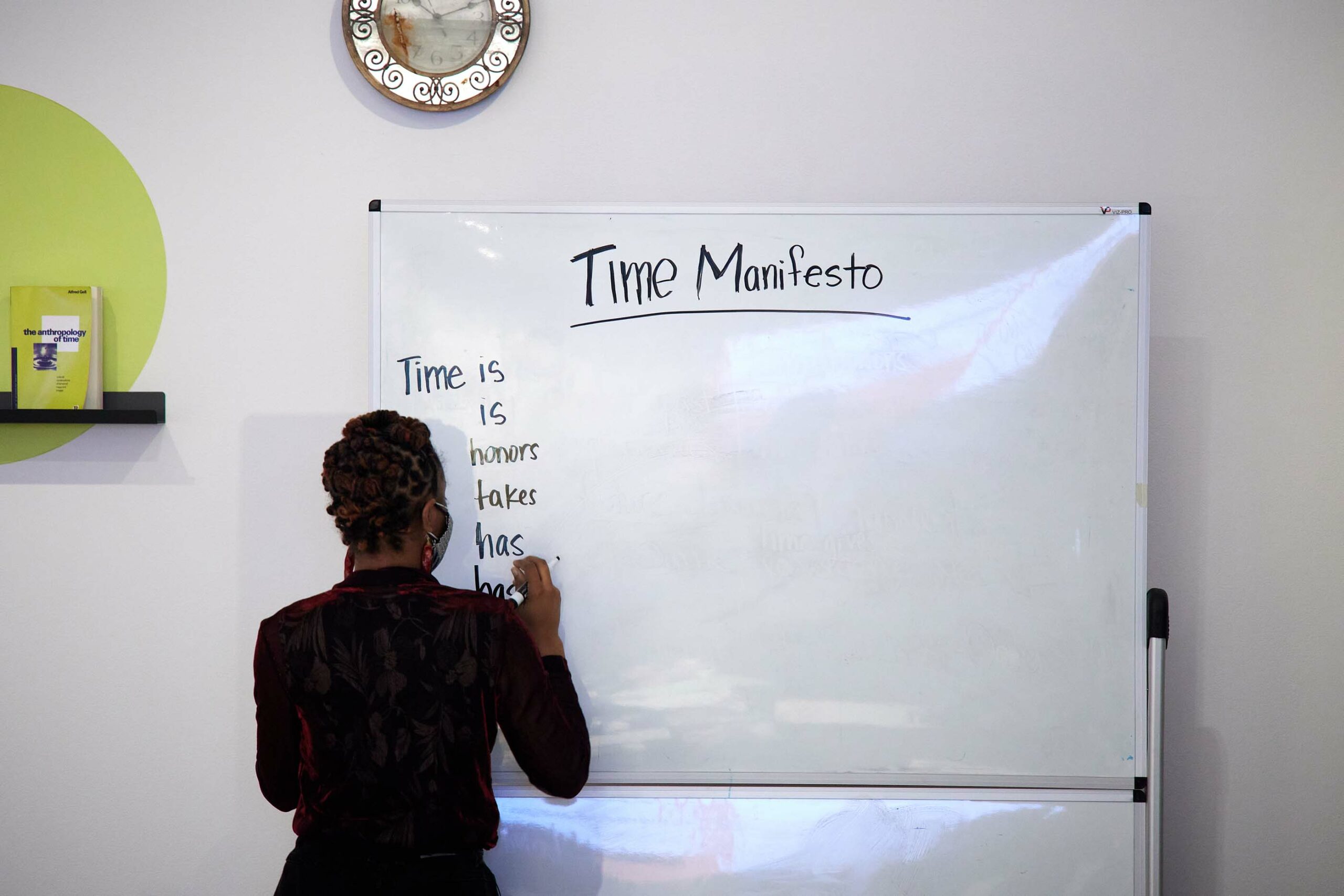
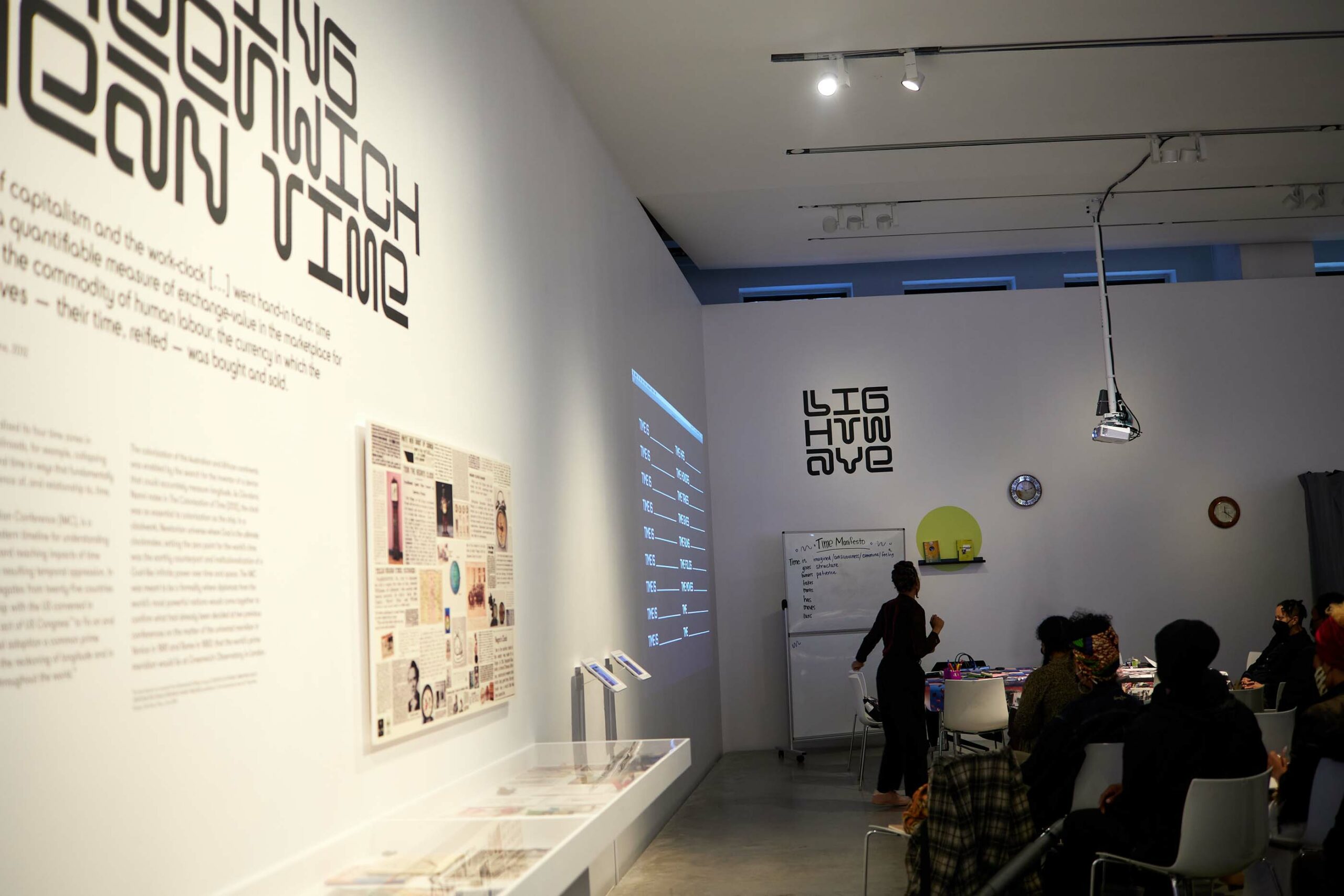

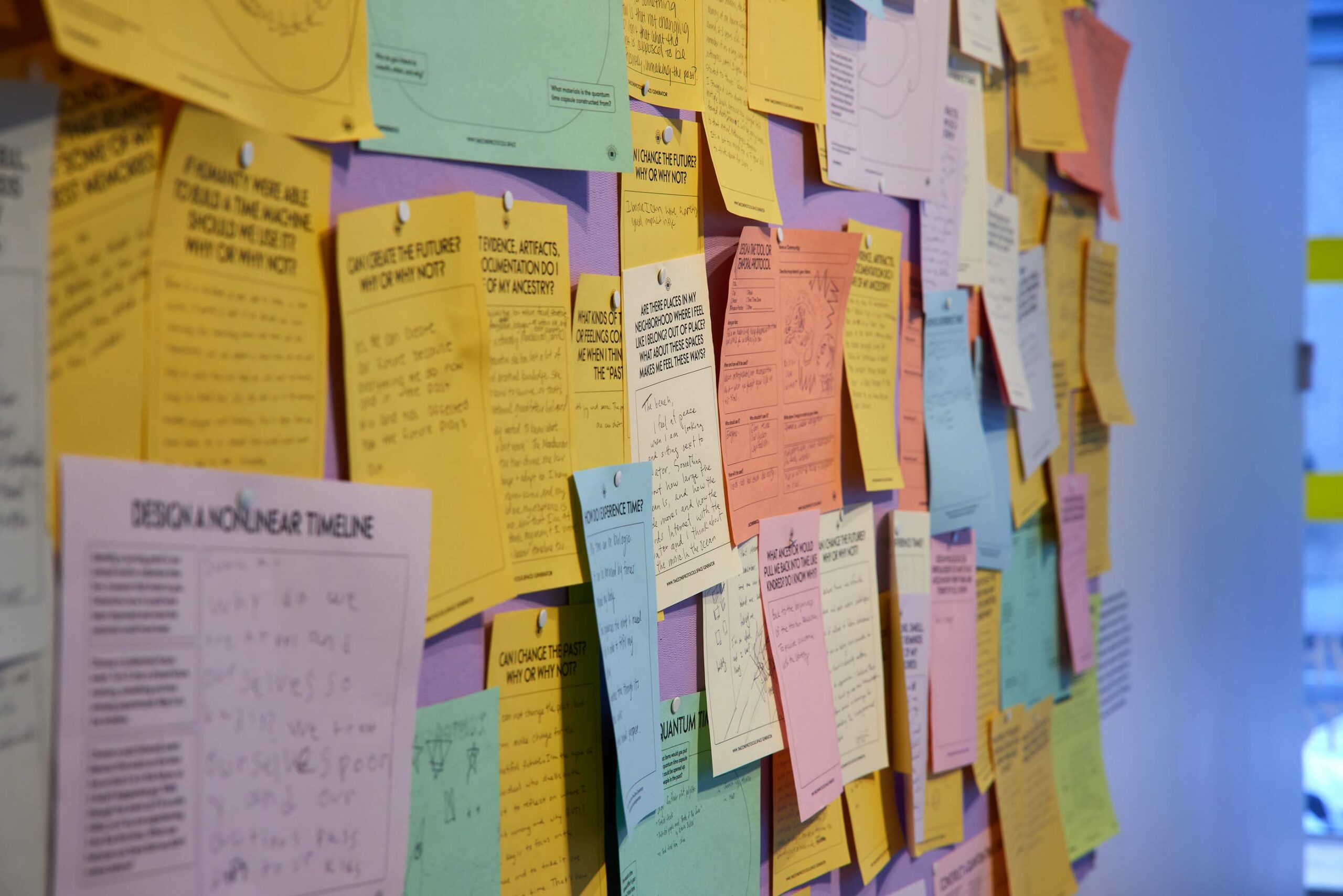

Images from day two of The Prime Meridian Unconference is presented as part of Rasheedah Phillips’s Time Zone Protocols exhibition, a 2020–2022 Vera List Center Fellowship-commissioned project. Photo by Argenis Apolinario, courtesy the Vera List Center for Art and Politics.
SPEAKERS
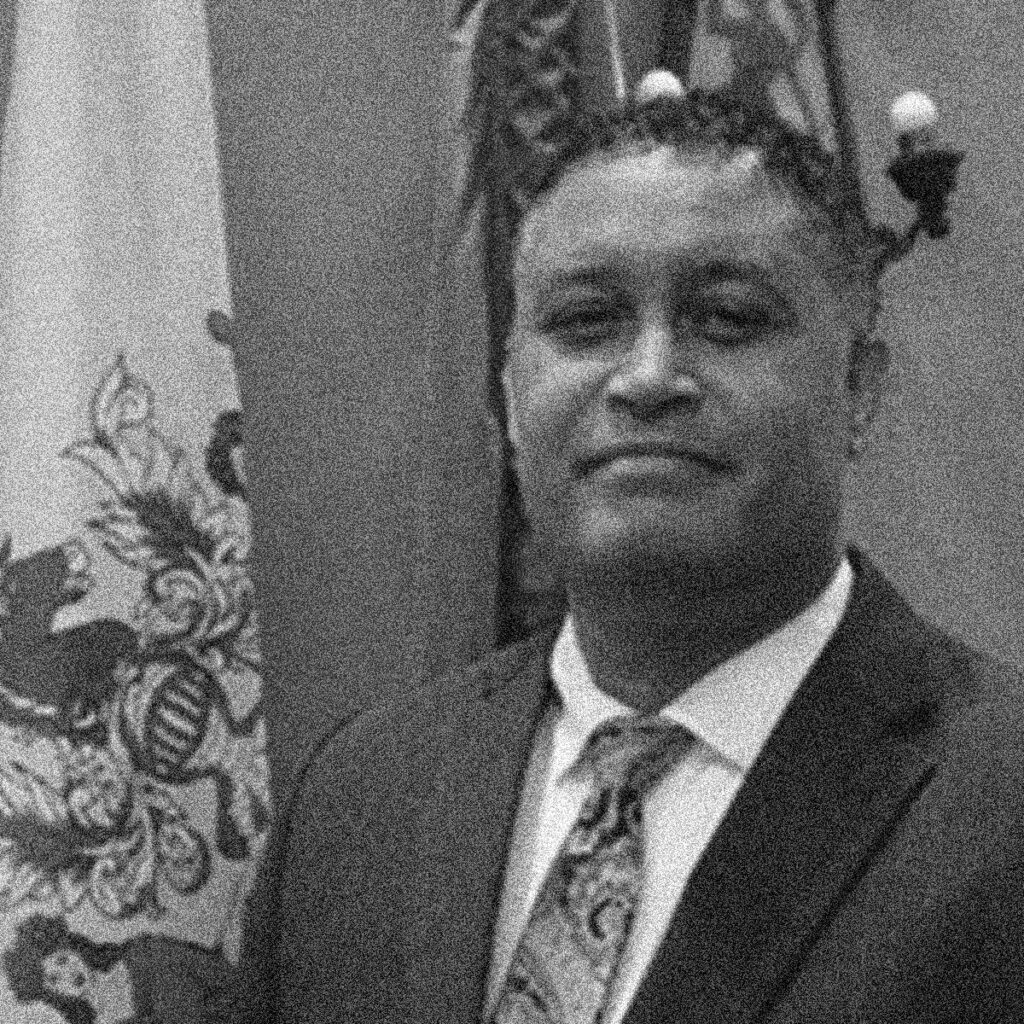
Walter Greason
Dr. Walter D. Greason is professor and chair of the Department of History at Macalester College in Saint Paul, Minnesota. His current project is a virtual, interactive, time travel experience titled “Sojourners’ Trail.” Dr. Greason is most known for his work on collective racial violence, the design of Marvel Studios’ Wakanda, and the restoration of the national historic landmark dedicated to legendary journalist, T. Thomas Fortune.
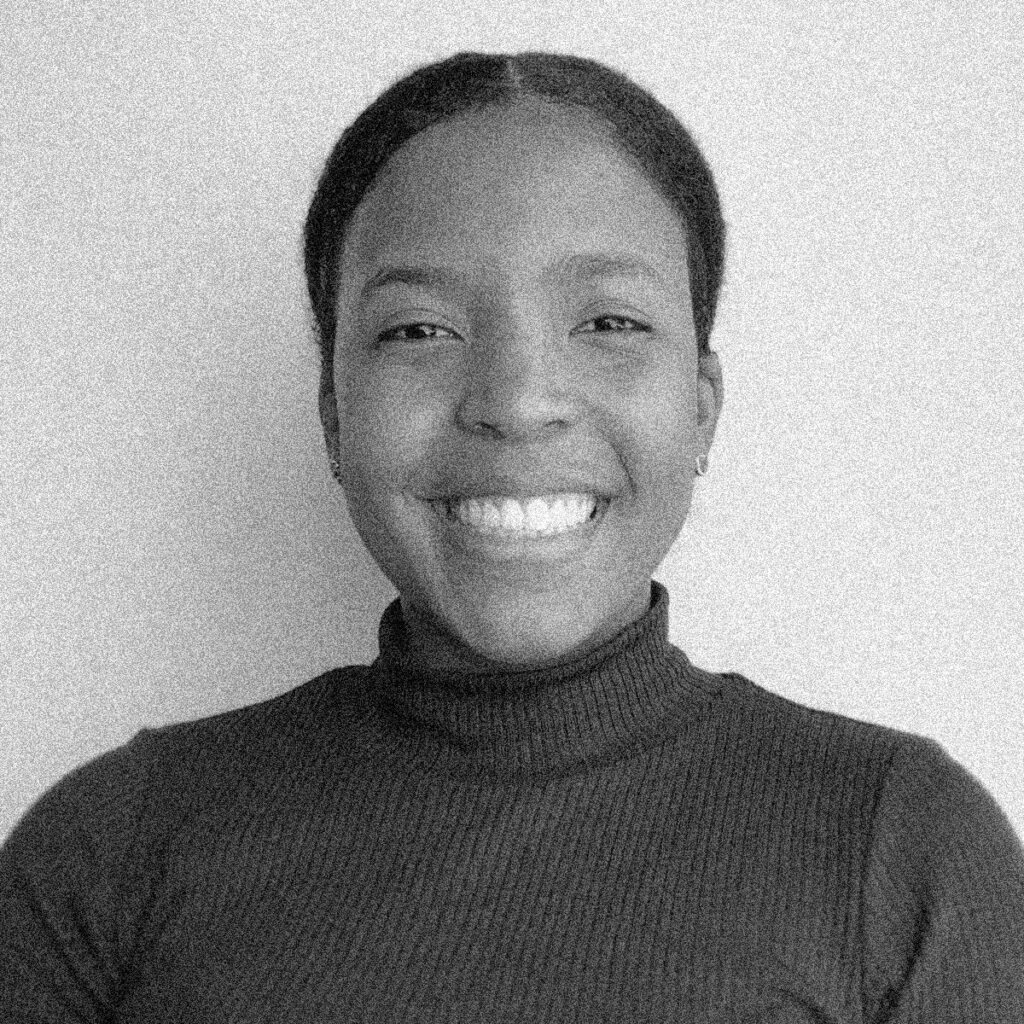
Celeste Winston
Celeste Winston is an Assistant Professor in Geography and Urban Studies at Temple University. She received her PhD in Earth and Environmental Sciences from the CUNY Graduate Center in 2019. Her current work develops a theory of maroon geographies to connect slavery-era and present-day policing and Black abolitionist placemaking. Her recent articles include “Maroon Geographies”, published in the Annals of the American Association of Geographers and “Black Ground Truths and Police Abolition”, published in Transactions of the Institute of British Geographers.
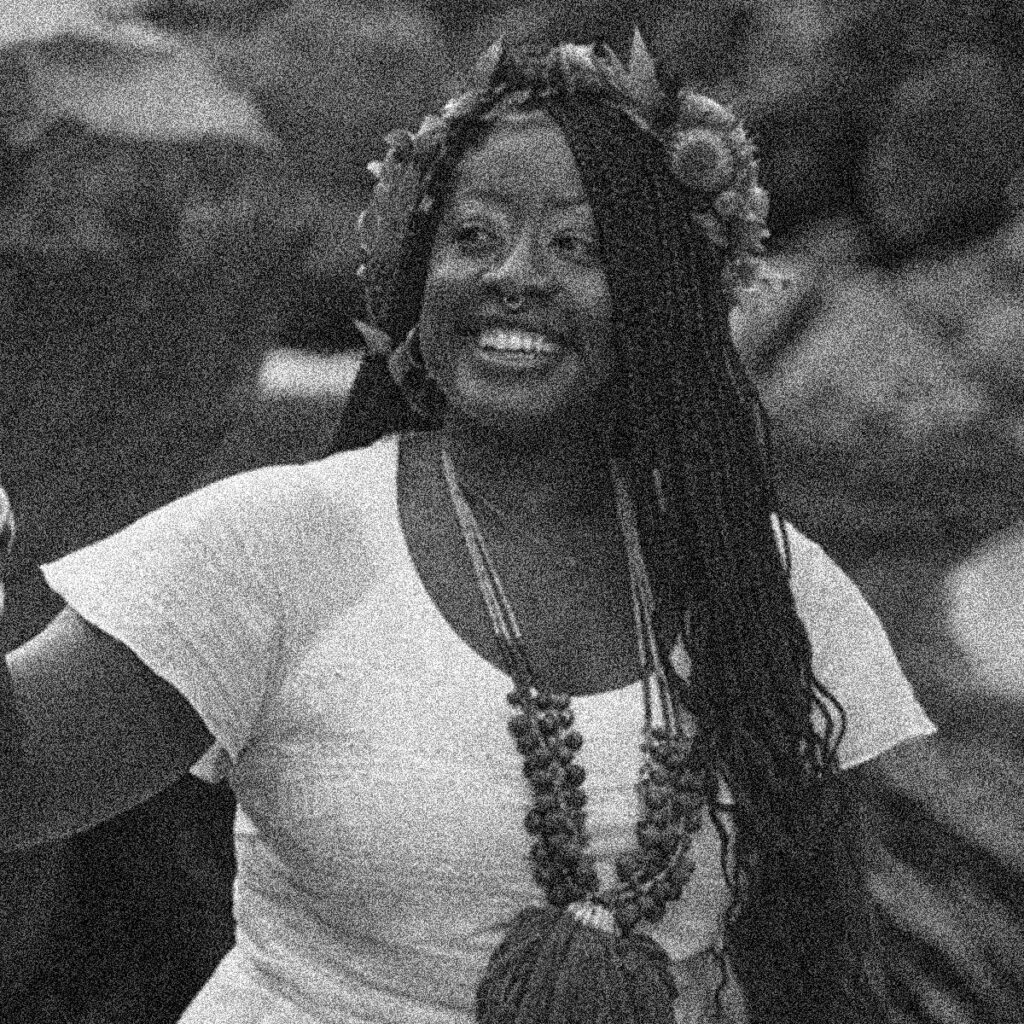
Asia Dorsey
Asia Dorsey writes Afrofutures into existence by reweaving Black bodies into the fabric of relationship with the earth. She is a nourishment centered bioregional herbalist raised by a collective of radical aunties and grandmothers in the Historic Five Points community, the traditional home of the Ute, Cheyenne and Arapahoe peoples. She has apprenticed with elders in, India, Ghana, New Zealand, New York and more to discern a practice of a People’s Medicine that is inherently empowering, suffused with ancestral wisdom and highly effective. Grounded in the movement for reparations, Healing Justice, and her earth-based practice, Asia teaches ecological design as a permaculture instructor with the Regenerative Education Collective of Denver. She uses her talent of pattern recognition to decipher and reintegrate the sacred instructions of plants and ecosystems into people systems as an organizer and organizational consultant with Regenerate Change. To literally ground black bodies in earth sovereignty, Asia co-founded the Satya Yoga Cooperative, the nations first BIPOC owned and operated yoga co-op in the nation where she is innovating in the field of somatic justice. You can find her balancing embodiment with botanical chaos and co-creating the Petty Herbalist Podcast helping her people to rise together in power and step into the wholeness that is their birthright. Explore her teachings and writings on Patreon and follow her on Instagram: @bonesbugsandbotany.
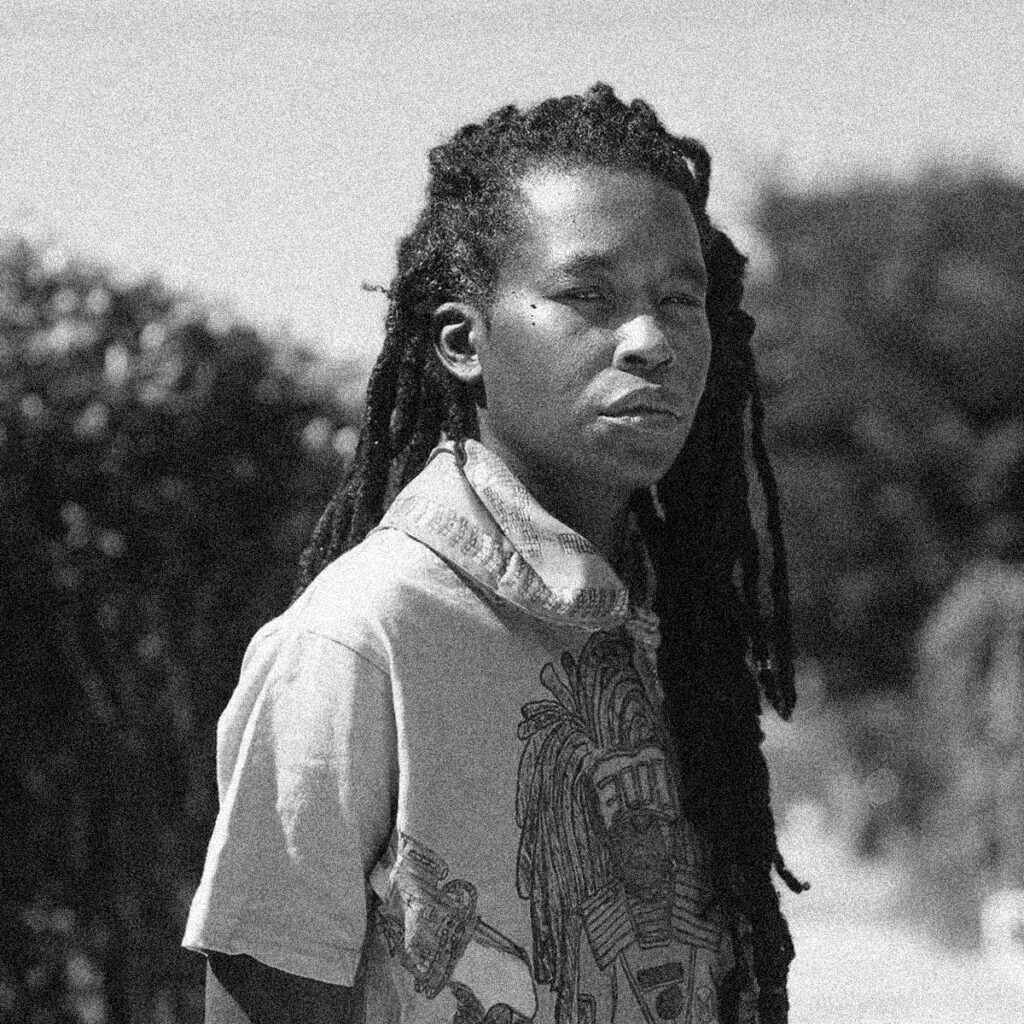
Camae Ayewa
Camae Ayewa (Moor Mother) is a national and international touring musician, poet, visual artist, and workshop facilitator, and has performed at numerous festivals, colleges, galleries, and museums around the world, sharing the stage with King Britt, Roscoe Mitchell, Claudia Rankine, Bell Hooks, and more. Camae is a vocalist in three collaborative performance groups: Irreversible Entanglements, MoorJewelry and 700bliss.
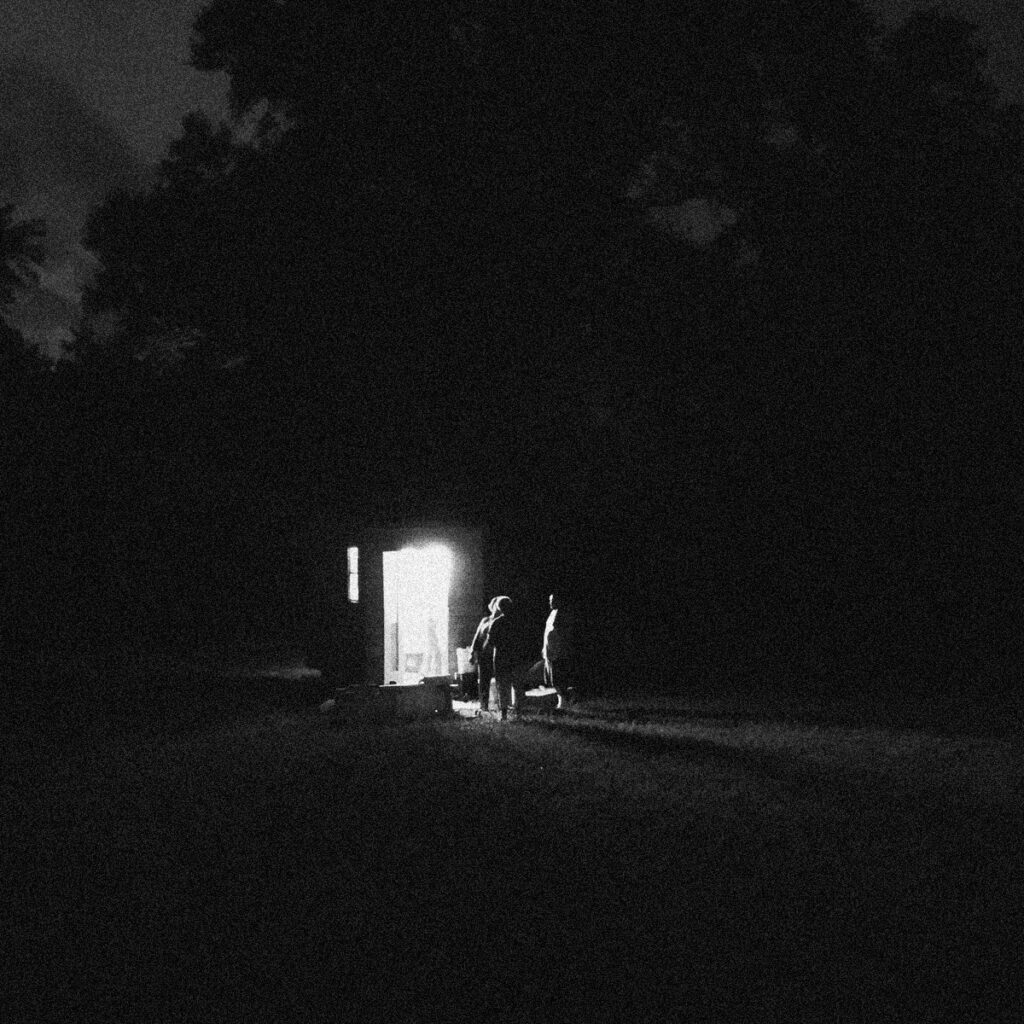
Danielle Purifoy
Danielle Purifoy is assistant professor of Geography at The University of North Carolina at Chapel Hill. Her research focuses on the racial politics and law of development in Black towns and communities. Danielle is the Board Chair of the North Carolina Environmental Justice Network and is also the former Race and Place editor of Scalawag, a media organization devoted to Southern storytelling, journalism, and the arts. She has written, edited, or provided research for several media outlets including Inside Higher Ed, Scalawag, and The Guardian.
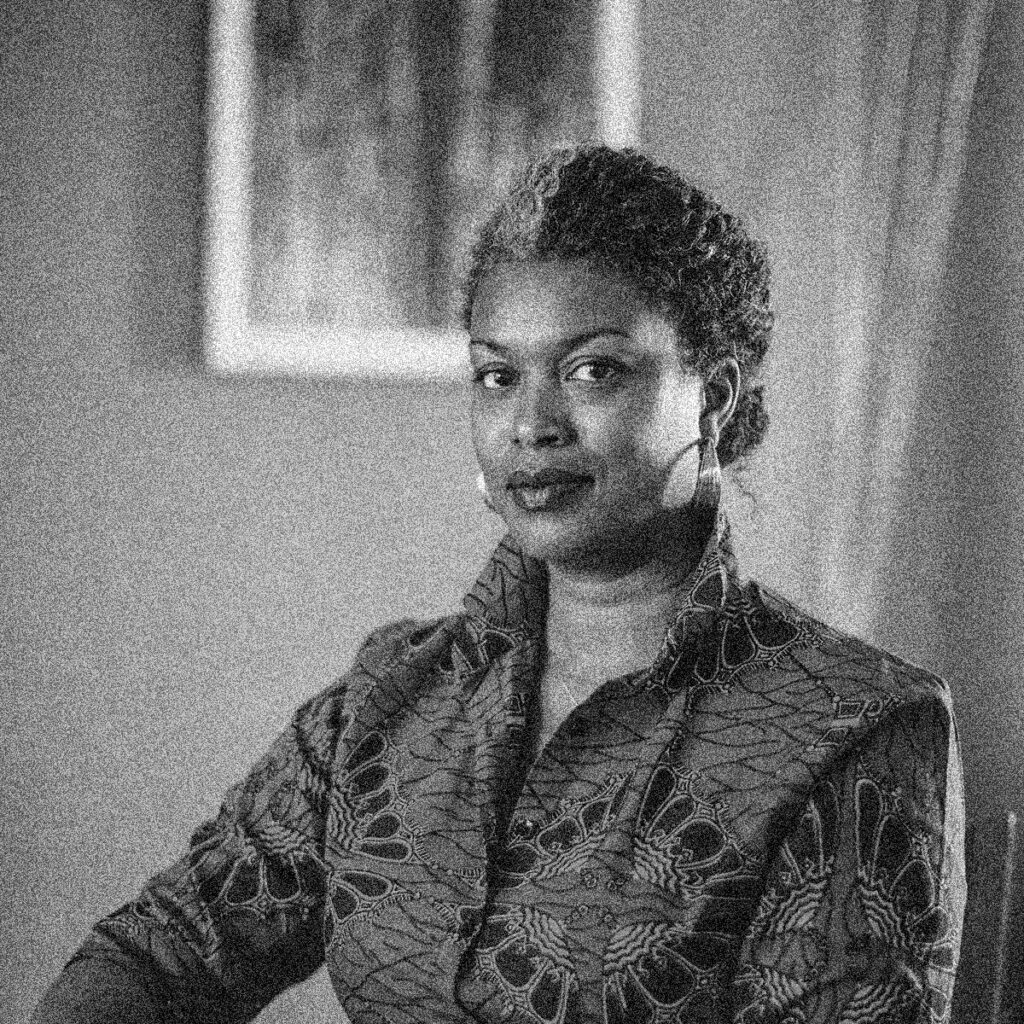
Ingrid LaFleur
Ingrid LaFleur is a curator, artist, afrofuture theorist, pleasure activist, and founder of The Afrofuture Strategies Institute (TASI). As a former candidate for the mayor of Detroit, LaFleur has made it her mission to ensure equal distribution of the future. She explores the frontiers of social justice through emerging technologies and science, and new economies and modes of government. Through TASI, LaFleur implements afrofuture foresight and approaches to empower Black bodies and oppressed communities. As a thought leader, social justice technologist, public speaker, teacher, and cultural advisor, she has led conversations and workshops at Centre Pompidou (Paris), TEDxBrooklyn, TEDxDetroit, Ideas City, New Museum (New York), Harvard University, Oxford University, and Museum of Modern Art (New York) among others. Her work has been featured in the New York Times, NPR’s This American Life, and Hyperallergic.
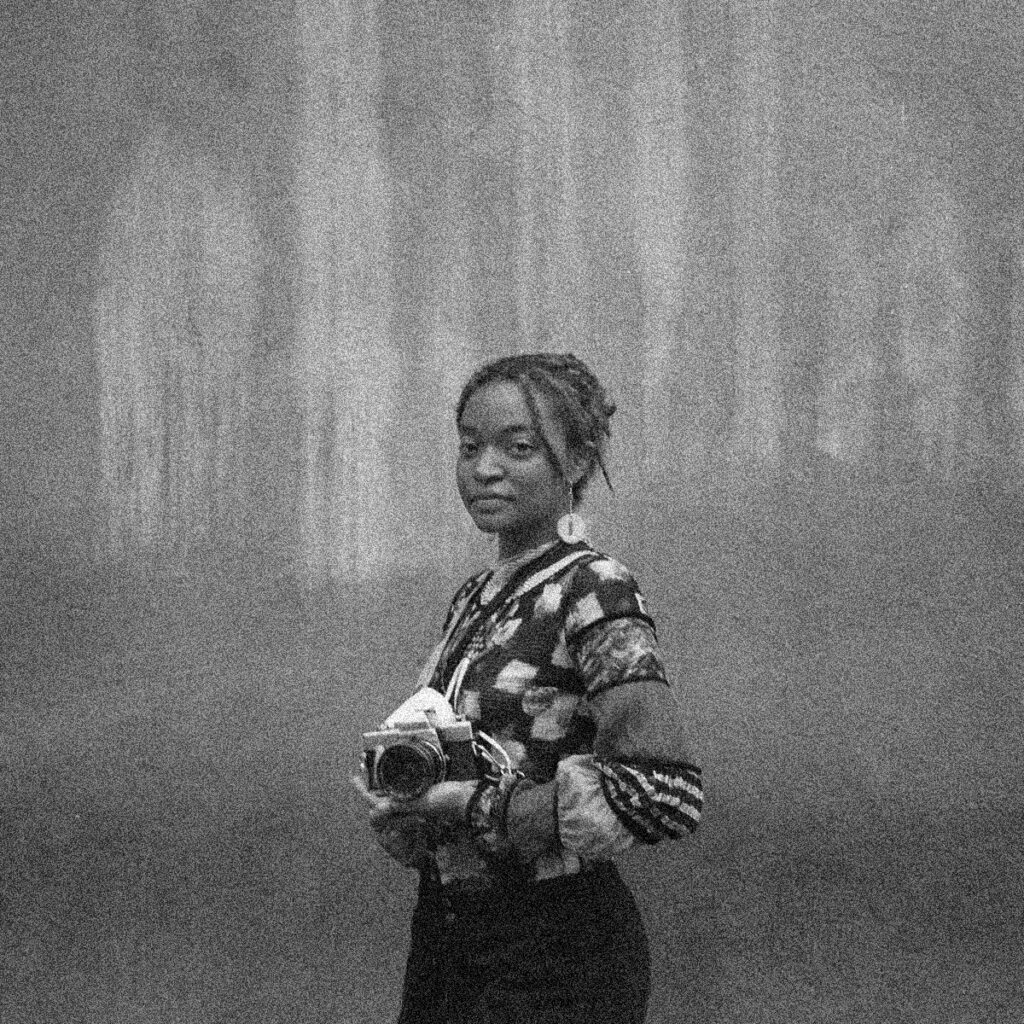
Ingrid Raphaël
Informed by their ‘alien’ status in the u.s., Ingrid raphaël’s practice is carved with a poetic borderless framework.
In their practice, they use film, arts education, performance, weaving and metaphors as malleable tools to imagine, worldbuild, and repair. They thrive when collaborating with folks, organic material, or time — embracing ethos and process that calls for deepening their methods and interests around African/Black diasporan memory, expression beyond language, (in)organic material, and poetry as pattern-making.

Joy tabernacle-KMT
Joy tabernacle-KMT (She/They/Opulence) Miracle midwife & Alkhemist. Ecstatic conjure poet & post-pentecostal mystic Hoodoo walking a path of oracular pleasure and reclaiming ancestral wisdom. Her work is informed by maroon futurisms, liberation, spiritual fugitivity & very very Black space-time.
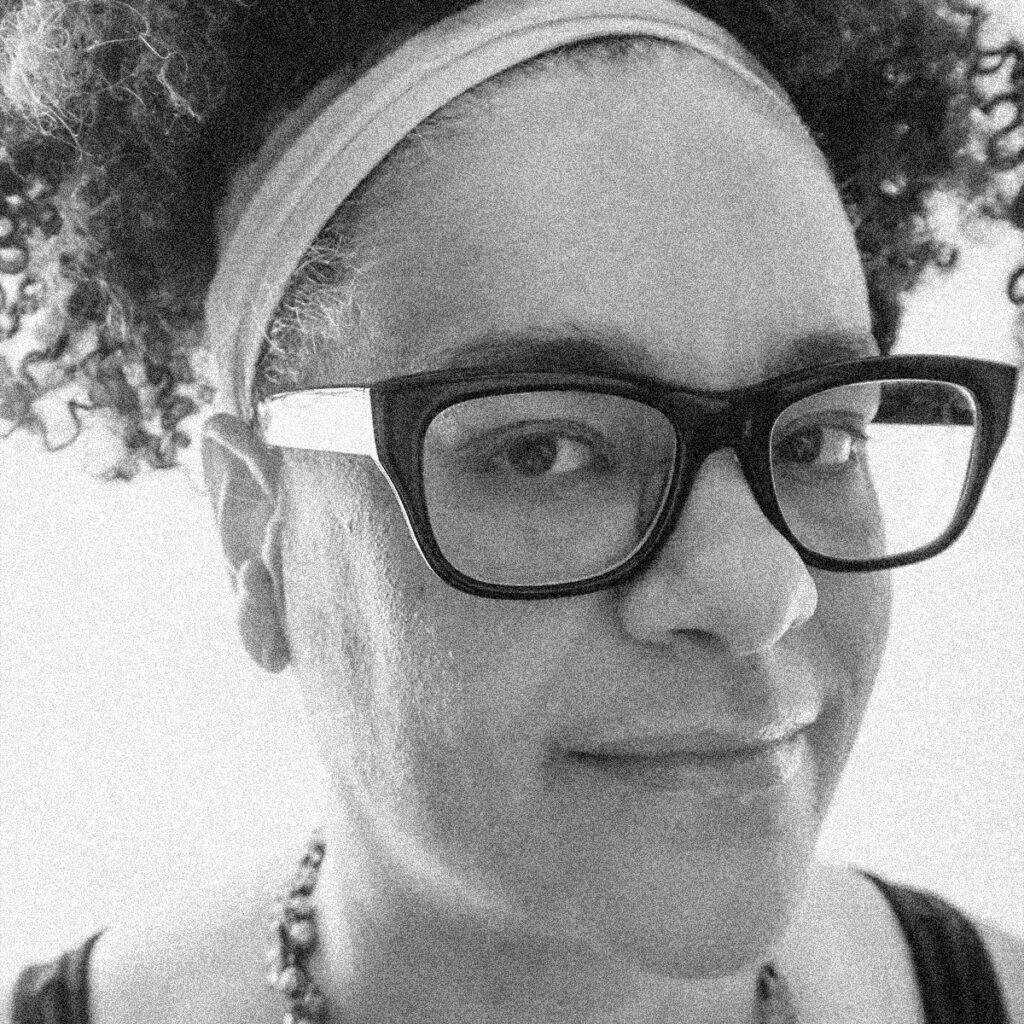
Katherine McKittrick
Katherine McKittrick is Professor of Gender Studies and Canada Research Chair in Black Studies at Queen’s University in Kingston, Canada. She authored Demonic Grounds: Black Women and the Cartographies of Struggle (UMP, 2006) and edited and contributed to Sylvia Wynter: On Being Human as Praxis (DUP, 2015). Her most recent monograph, Dear Science and Other Stories (DUP, 2021) is an exploration of black methodologies.
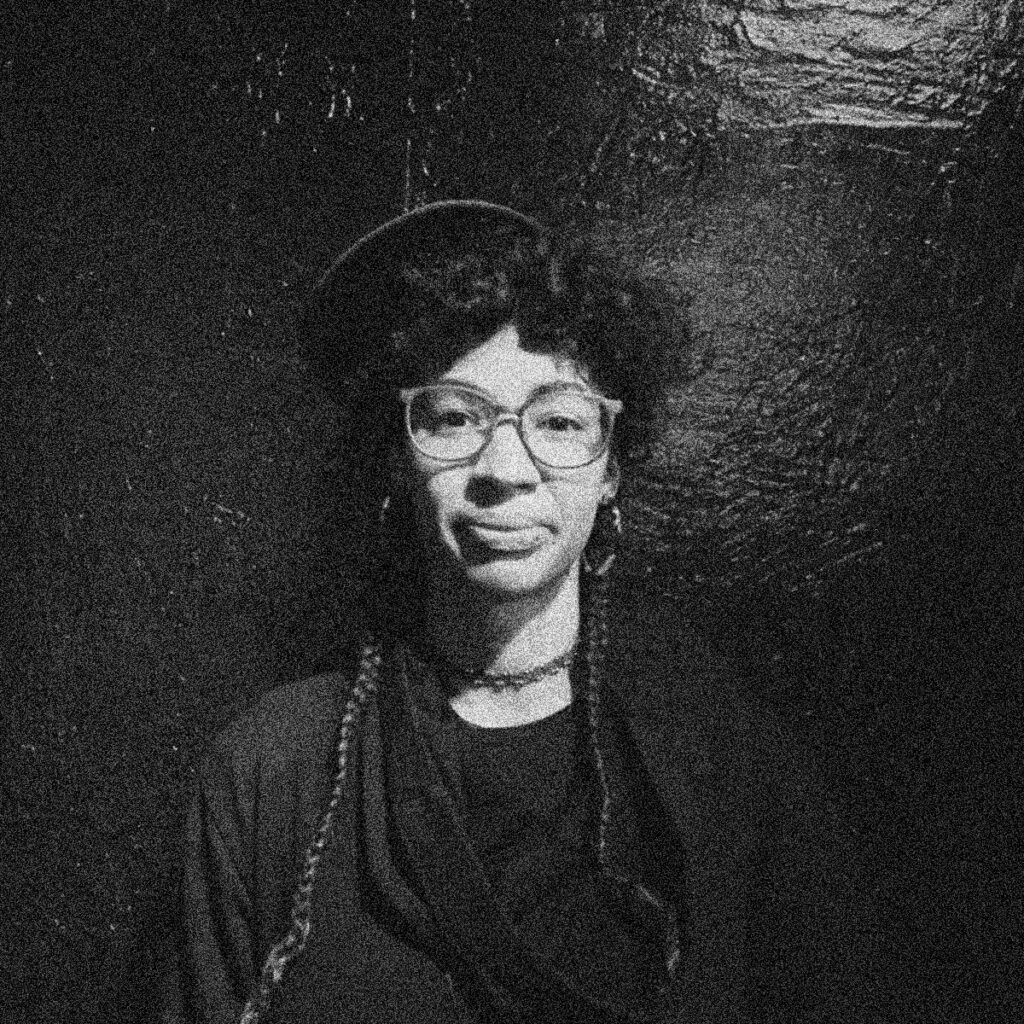
Kendra Krueger
Kendra is an intersectional scientist, educator, artist and woman of color on many edges. Raised by artists, educated as an electrical engineer (BS Renssaeler Polytechnic Institute, MS CU Boulder) she is also trained in anti-oppression facilitation, theater, mindfulness and permaculture/social ecology. Her work and research is a convergence of these many waters. She founded 4LoveandScience in 2014 as a platform to teach transformative science throughout the country. She frequently collaborates with artist to curate and produce multi-media installations and immersive performances around themes of psyche and science. She currently works as a science educator at CUNY’s Advanced Science Research Center where she has founded The Community Sensor Lab as a space for DIY community science and advocacy.
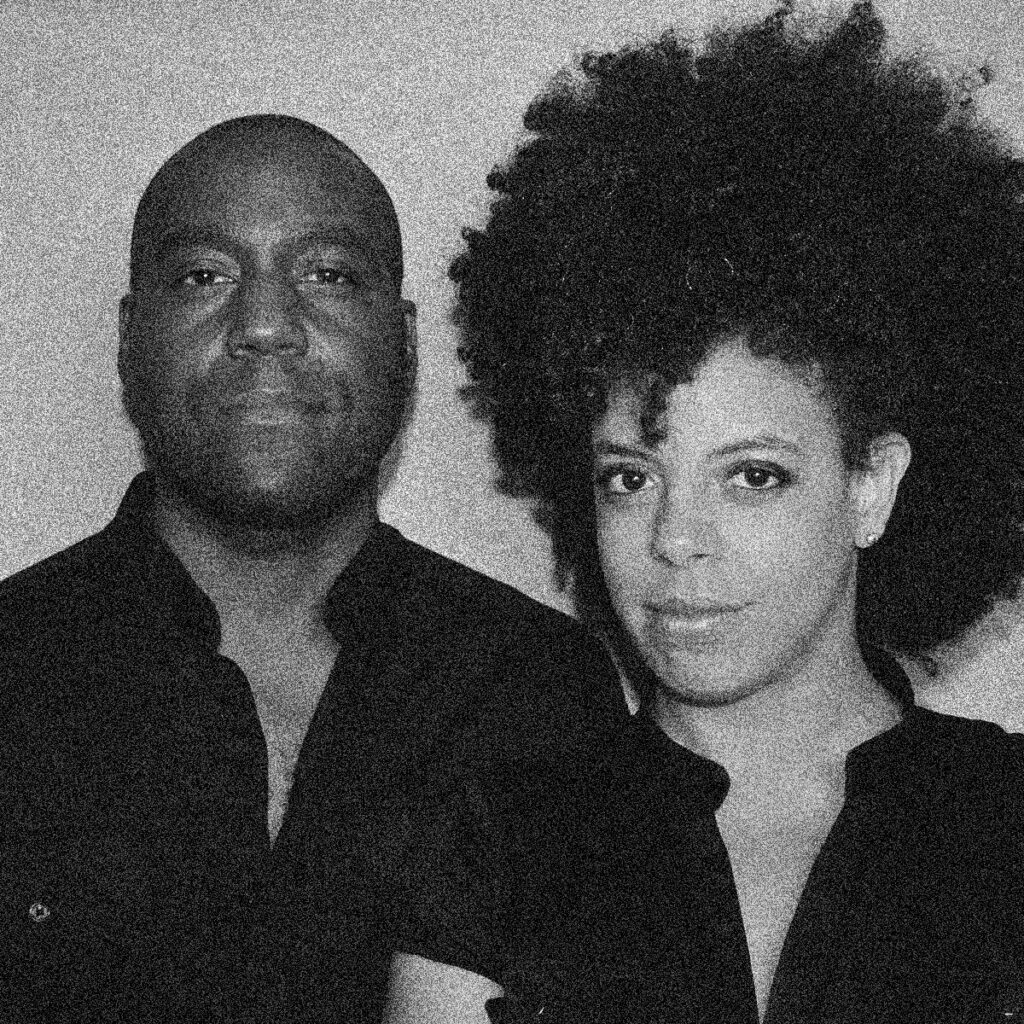
Mendi + Keith Obadike
Mendi + Keith Obadike have exhibited and performed at The New Museum, The Studio Museum in Harlem, The Metropolitan Museum of Art, and The Museum of Modern Art. Their projects include a series of large-scale, public sound art works: Blues Speaker (for James Baldwin) — a 12 hour, 24 channel musical work — at The New School and Free/Phase at the Chicago Cultural Center & Rebuild Foundation, among others. They have released recordings on Bridge Records and books with Lotus Press and 1913 Press. Their honors include a Rockefeller New Media Arts Fellowship and a New York Foundation for the Arts Fellowship in Fiction, among others. Their recent projects are Anyanwu, a public sound installation; Book of Light, a sound and light show commissioned by Carnegie Mellon University; Lift, a meditation on the the song known as the Black National Anthem (“Lift Every Voice And Sing”); the overnight (8 hour) musical work, Lull, a sleep temple; a sound film entitled, The Sun; and a sound/video work entitled Difference Tones.
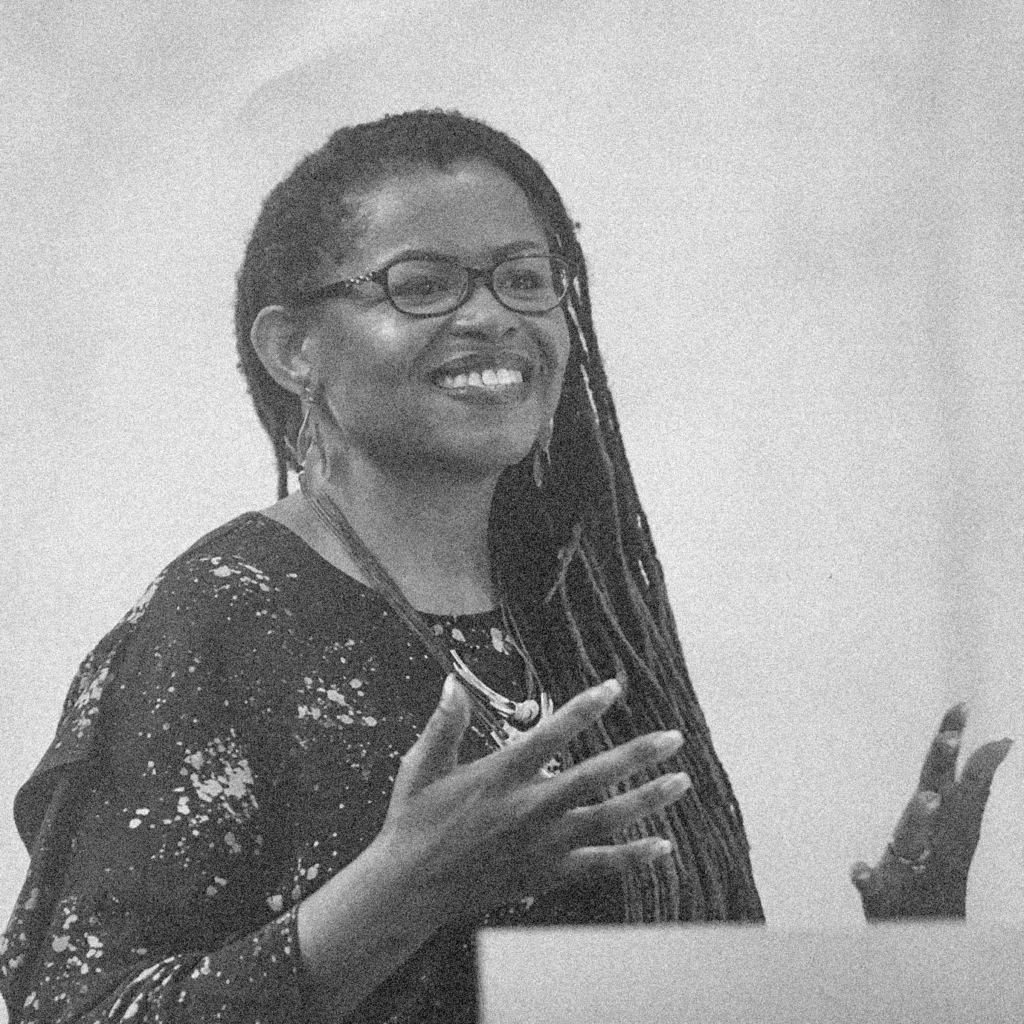
Dr. Andrea Roberts
Dr. Andrea Roberts is an Assistant Professor in the Department of Landscape Architecture and Urban Planning at Texas A&M University (TAMU). At TAMU, she is an Associate Director of the Center for Housing and Urban Development and a fellow with the Hazard Reduction and Recovery Center, Center for Heritage Conservation, and the Africana Studies Program. As a scholar-activist, she brings 12 years’ experience in community development, nonprofit administration, and advocacy to her work. Through her engaged research and public scholarship, she raises awareness of the entrenched racial biases impeding documentation, recognition, and preservation of historic Black settlements’ cultural assets. She is also a 6th generation Texan and freedom colony descendant.
Roberts assesses freedom colonies’ needs while documenting unrecorded histories of endangered historic Black settlements or freedom colonies founded in 1866-1930. In 2014, she founded The Texas Freedom Colonies Project, the vehicle through which she mentors and trains future planners, preservationists, scholars, and community-based researchers focused on addressing the biggest challenges facing settlements in Texas and around the country—invisibility, environmental injustice, land loss, heritage conservation, and endangered historic structures and cemeteries. She and her team richly map these settlements and is presented as the interactive The Texas Freedom Colonies Project™ Atlas and Study, which spatializes 557 sites and histories through participatory action and engaged research methods, including oral histories. The African American Cemetery Assessment Tool and Registry allows the public to share knowledge of burial ground conditions.
Her “place preservation” framework—collecting and securing heritage, connecting descendants and resources, and then co-creating applied research solutions– enables student researchers, partner sites, and Adopt-a-County volunteers to extend the reach of her work from its beginnings in East Texas to the entire state. The Texas Department of Transportation and the Council of Texas Archeologists use The Atlas to identify African American historic resources at risk. The Journal of Planning History, Buildings and Landscapes, the Journal of the American Planning Association, the Journal of Community Archaeology and Heritage, and Environmental Justice have published her peer-reviewed scholarship.
Dr. Roberts is also the Consultant/Owner of Freedom Colonies Project, LLC, which provides research and DEIA services to preservation organizations. She is a Texas State Board of Review member and a National Monument Audit Advisory Board member. She has received awards for her engaged scholarship from The Vernacular Architecture Forum and the Urban Affairs Association. Roberts was a 2020-21 Whiting Public Engagement Fellow, an African American Cultural Heritage Action Fund grant recipient, and a 2020 Visiting Scholar at Yale’s Gilder Lehrman Center for the Study of Slavery, Resistance, Abolition. She is the Project Director for the NEH Summer Institute for Higher Education Faculty—”Towards a People’s History of Landscape, Part 1: Black & Indigenous Histories of the Nation’s Capital.”
Dr. Roberts holds a Ph.D. in planning from The University of Texas at Austin (2016), an M.A. in government administration from the University of Pennsylvania (2006), and a B.A. in political science from Vassar College (1996). She will join the University of Virginia in Fall 2022 as an Associate Professor of Urban and Environmental Planning and is appointed Co-Director of the School’s Center for Cultural Landscapes, an interdisciplinary center that produces research on and creates new models of innovative cultural landscape stewardship and critical perspectives on placemaking. She is currently writing a book, Never Sell the Land, about her experiences identifying Black planning and historic preservation practices that sustain cultural resilience within settlements founded by formerly enslaved Africans for The University of Texas Press.
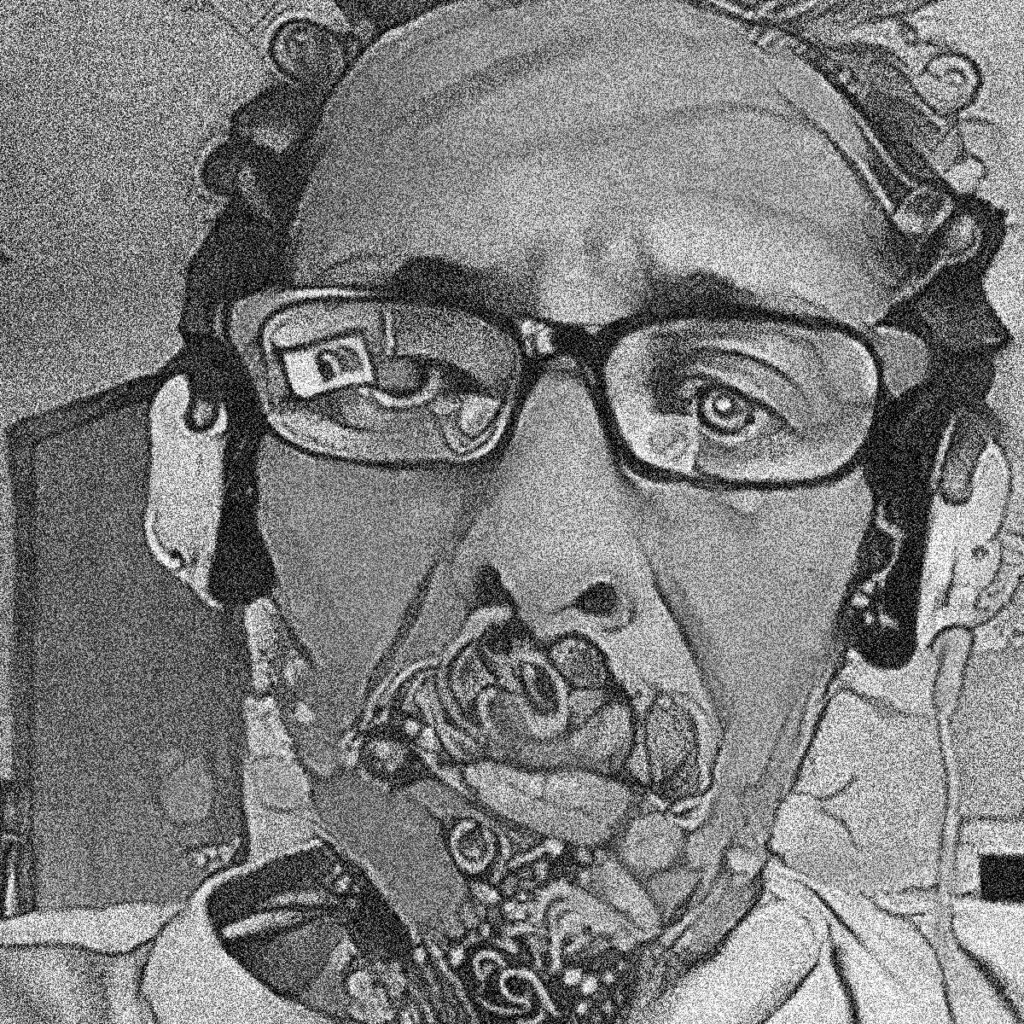
Thomas Stanley (Bushmeat)
Bushmeat™ Sound (née Thomas Stanley) is an artist, author, and activist deeply committed to audio culture in the service of personal growth and noetic (r)evolution. As performer and curator, Bushmeat employs musical sound to frame, reframe, and accelerate our subjective experience of history. In 2014 he published The Execution of Sun Ra, a critical response to the cosmic prognostications of the Birmingham-born iconoclast. Dr. Stanley has spent three decades exploring the ramifications of Alter Destiny, Sun Ra’s unique construct for a just and sustainable Black Quantum Future. He has written and lectured extensively on emergent musical cultures and their connection to struggles for social justice. He is co-author of George Clinton and P-Funk: An Oral History (1998). He hosts “Bushmeat’s Jam Session,” a weekly collage of radical Earth music heard on WPFW-FM. His doctoral work examines Butch Morris’s Conduction stratagem as an extended meta-instrument offering unique opportunities for musical pedagogy and ensemble consciousness. Dr. Stanley is currently an assistant professor of Sound Art and Sound Studies at George Mason University. He is a member (in good standing) of the People of Color Psychedelic Collective.
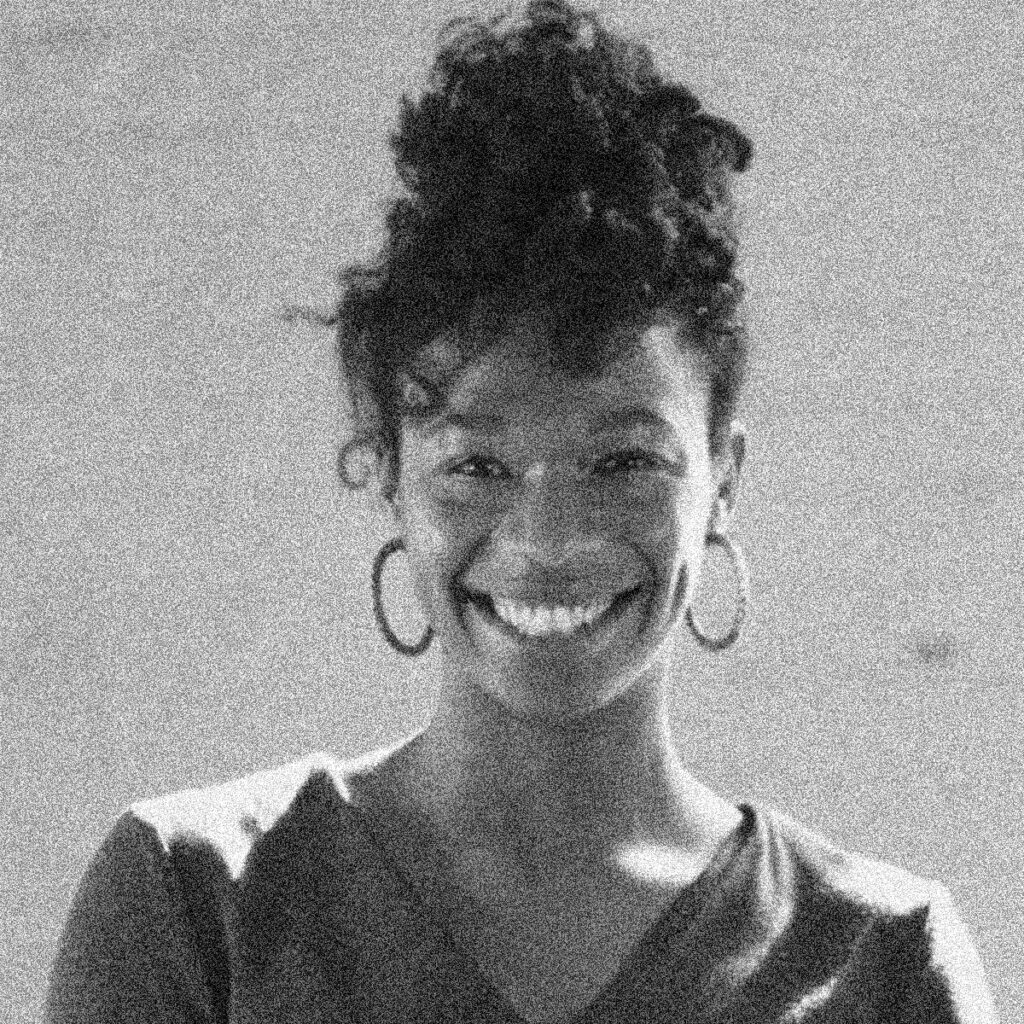
Ujijji Davis Williams
Ujijji Davis Williams is a practicing landscape architect, urban planner and researcher based in Detroit. She is the recipient of the 2020 Michigan ASLA Emerging Professional of the Year Award, and the recipient of the 2019 National ASLA Bradford Williams Medal of Excellence for her design literature. She is the Founding Partner of JIMA Studio, a landscape architectural design and planning studio based in Detroit. Prior to JIMA, Ujijji served as Associate at SmithGroup for over six years, leading critical landscape and urban design work across the country, including neighborhood planning, greenways and streetscapes in Detroit and other post-industrial cities across the country. Ujijji serves as Adjunct Professor at the University of Detroit-Mercy School of Architecture, and has lectured at the University of Michigan. She holds a Bachelor of Science in Landscape Architecture from Cornell University, and a Master of Urban Planning from the University of Michigan.

V. Mitch McEwen
V. Mitch McEwen is a multifaceted architectural designer with international experience. McEwen also teaches at Princeton School of Architecture, where she directs the architecture and technology research group Black Box, exploring mixed human-robotic processes in design and construction. She is one of ten co-founders of the Black Reconstruction Collective.
McEwen’s design work has been commissioned by the Museum of Modern Art and the Venice Architecture Biennale US Pavilion, as well as awarded grants from the Graham Foundation, Knight Foundation, and New York State Council on the Arts. An emerging thought leader in the field, McEwen was a keynote speaker at Architectural Record’s 2018 Innovation Conference.
Prior to founding Atelier Office, McEwen earned experience on complex large-scale projects at New York City Department of City Planning and Bernard Tschumi Architects, as well as independent collaborations. Hands-on experience includes waterfront development, media zones, museum design, mixed-use neighborhood frameworks, and non-profit community space. McEwen holds a Master of Architecture degree from the Columbia Graduate School of Architecture, Planning and Preservation and an undergraduate AB in Social Studies with a minor in Economics cum laude from Harvard.
Rasheedah Phillip’s Time Zone Protocols is a 2020-2022 Vera List Center Fellowship commissioned project and has been supported by research assistance, production grants, and curatorial support by the Vera List Center for Art and Politics. It is curated by Carin Kuoni and Eriola Pira with curatorial assistance by Camila Palomino. Additional support has been provided by the Sheila C. Johnson Design Center.